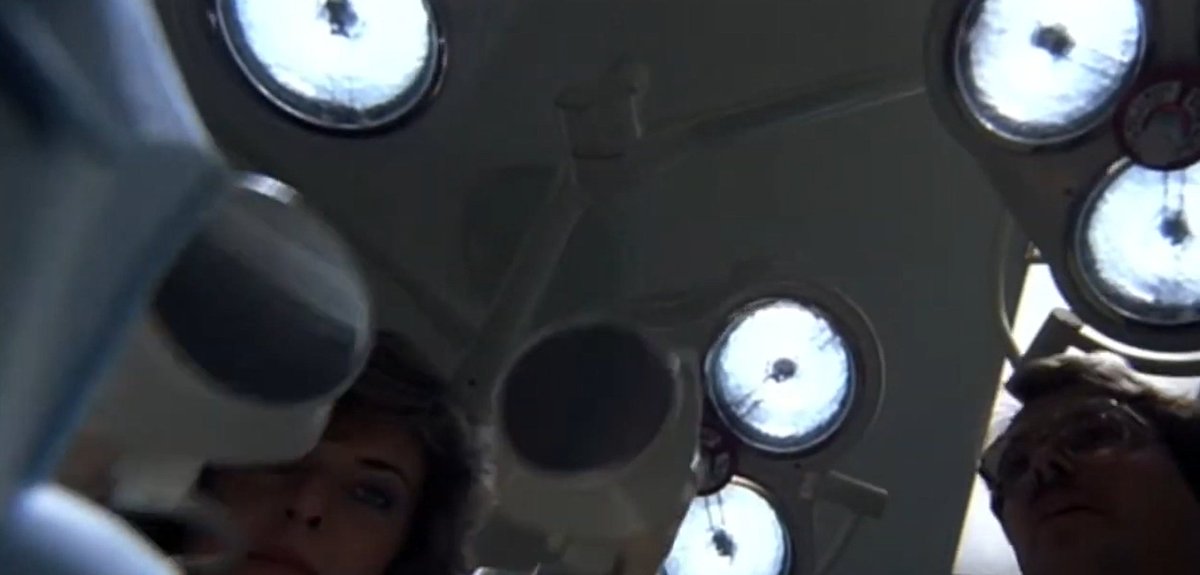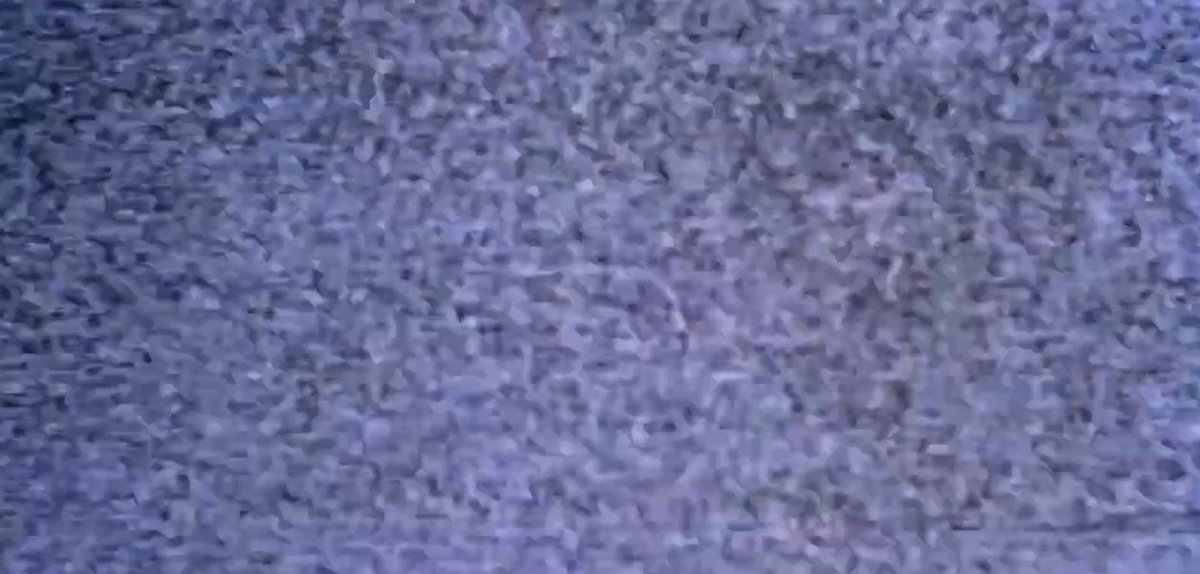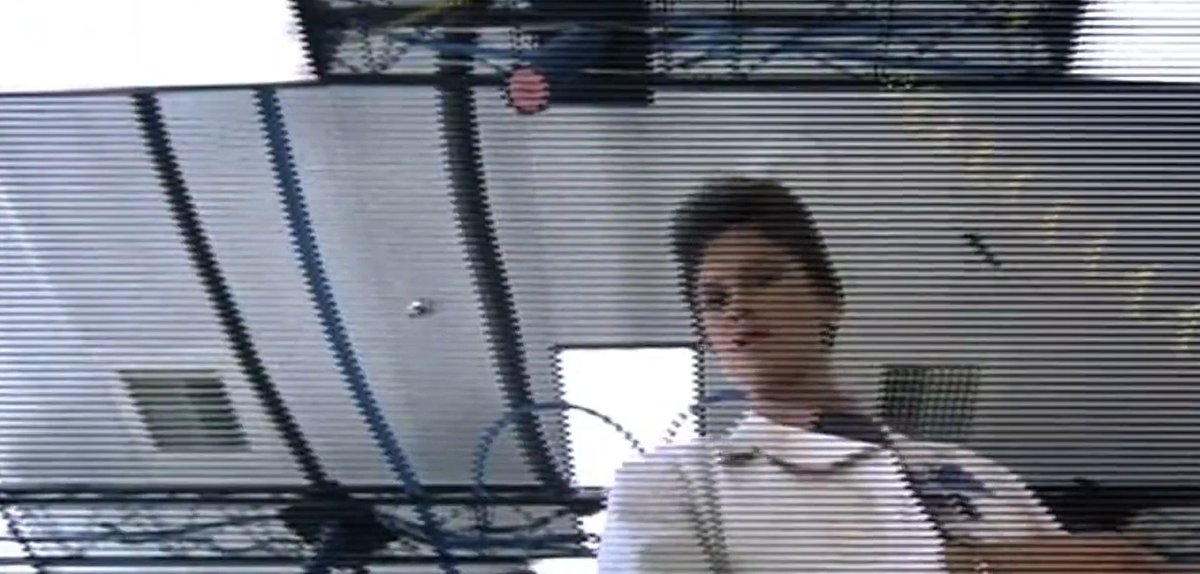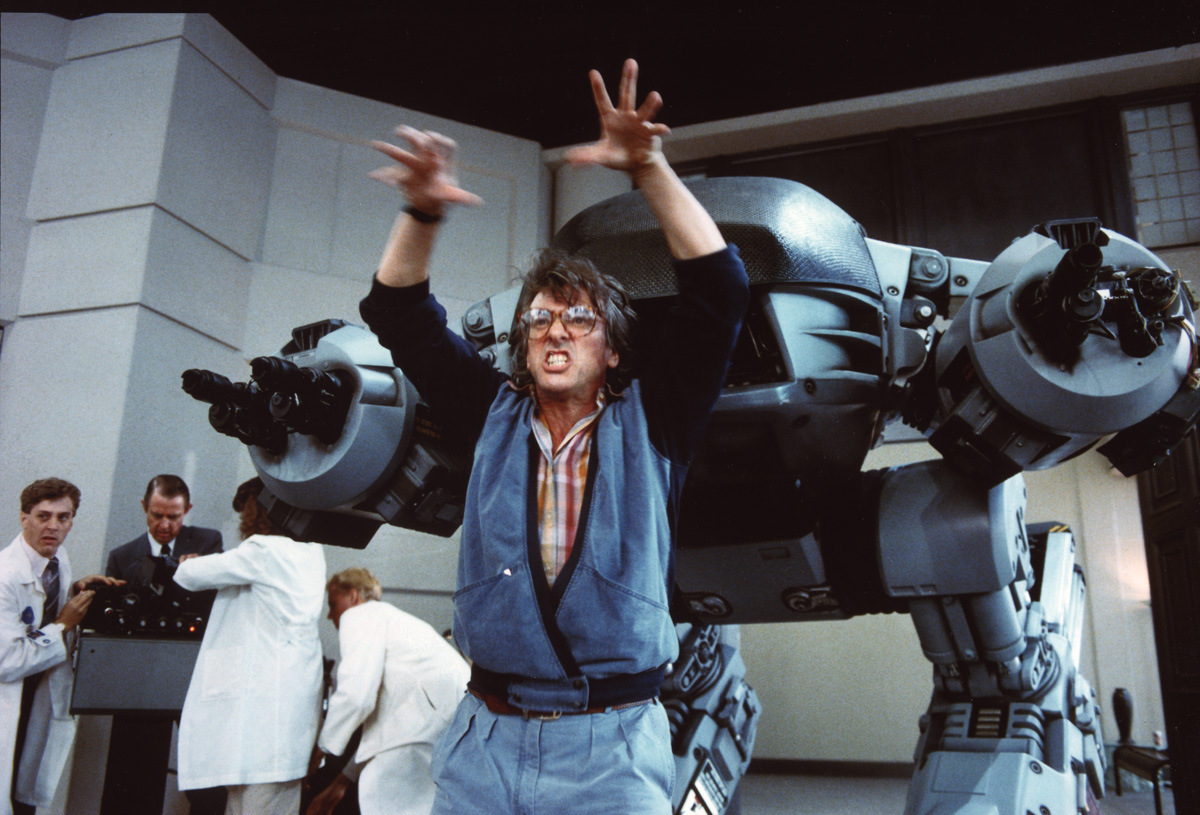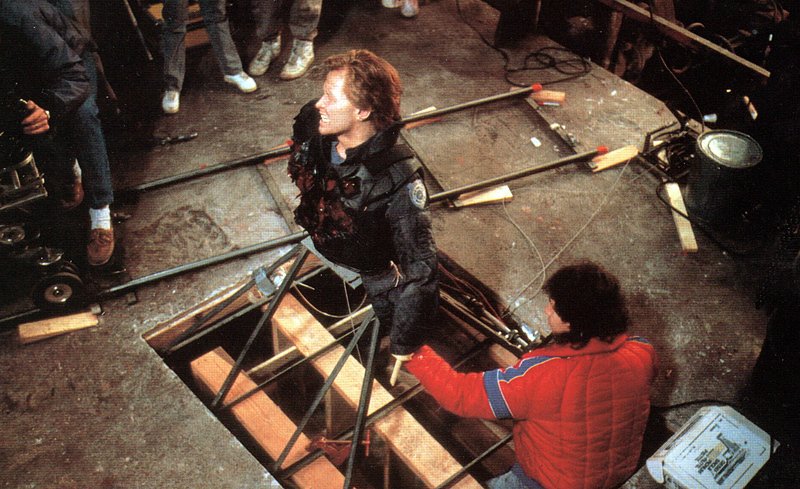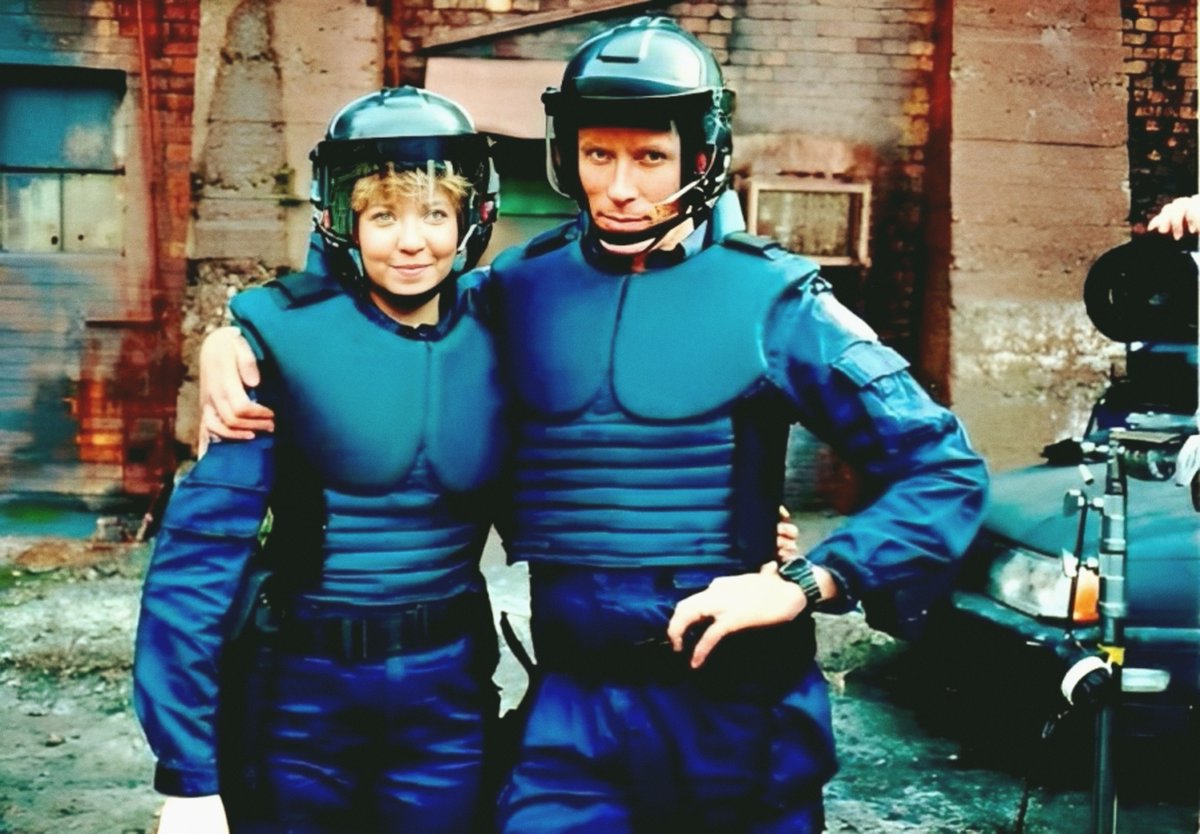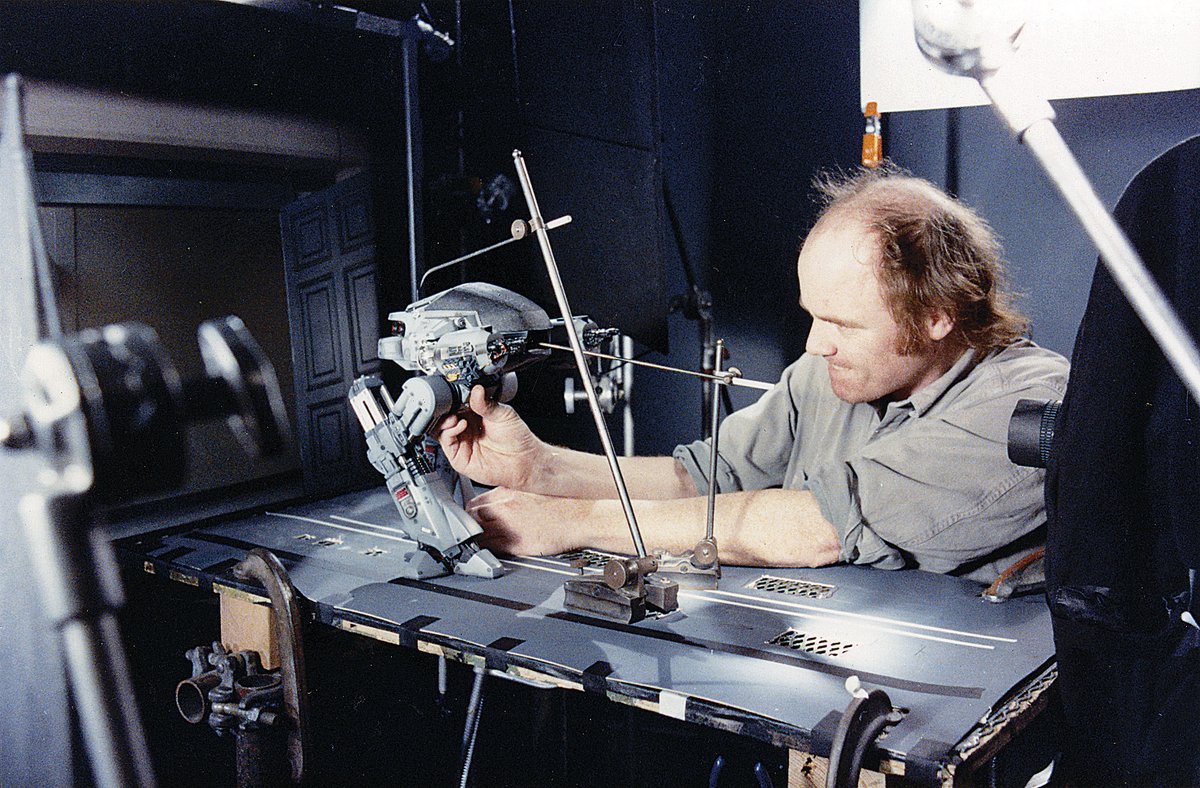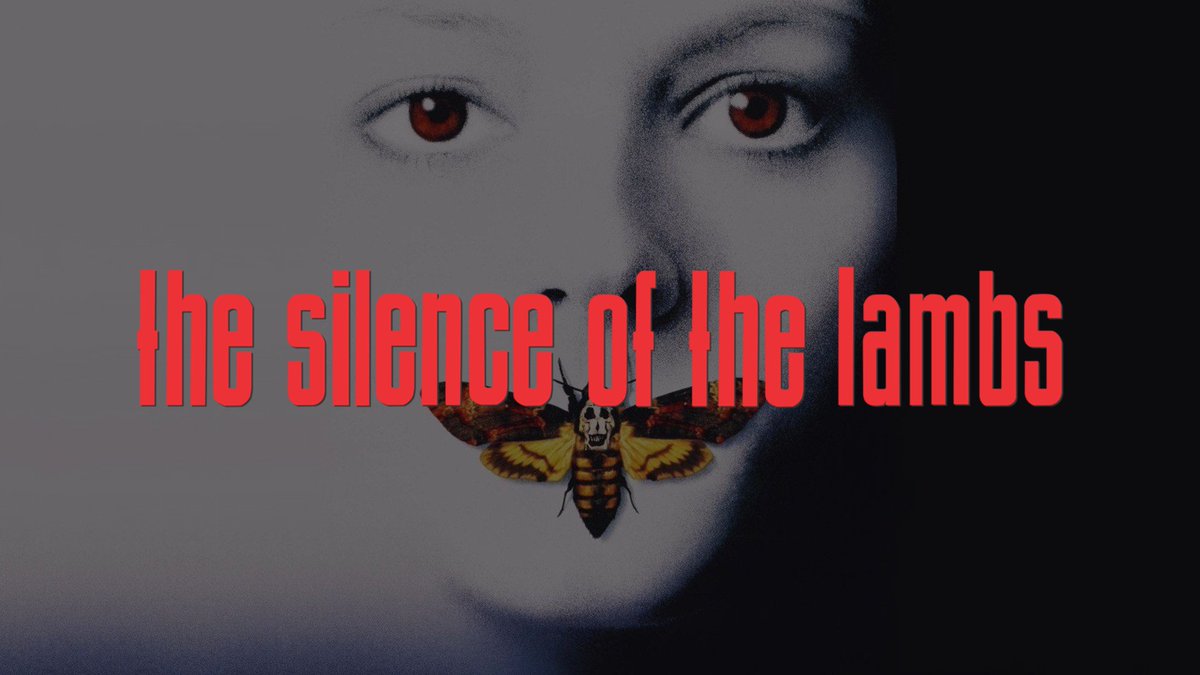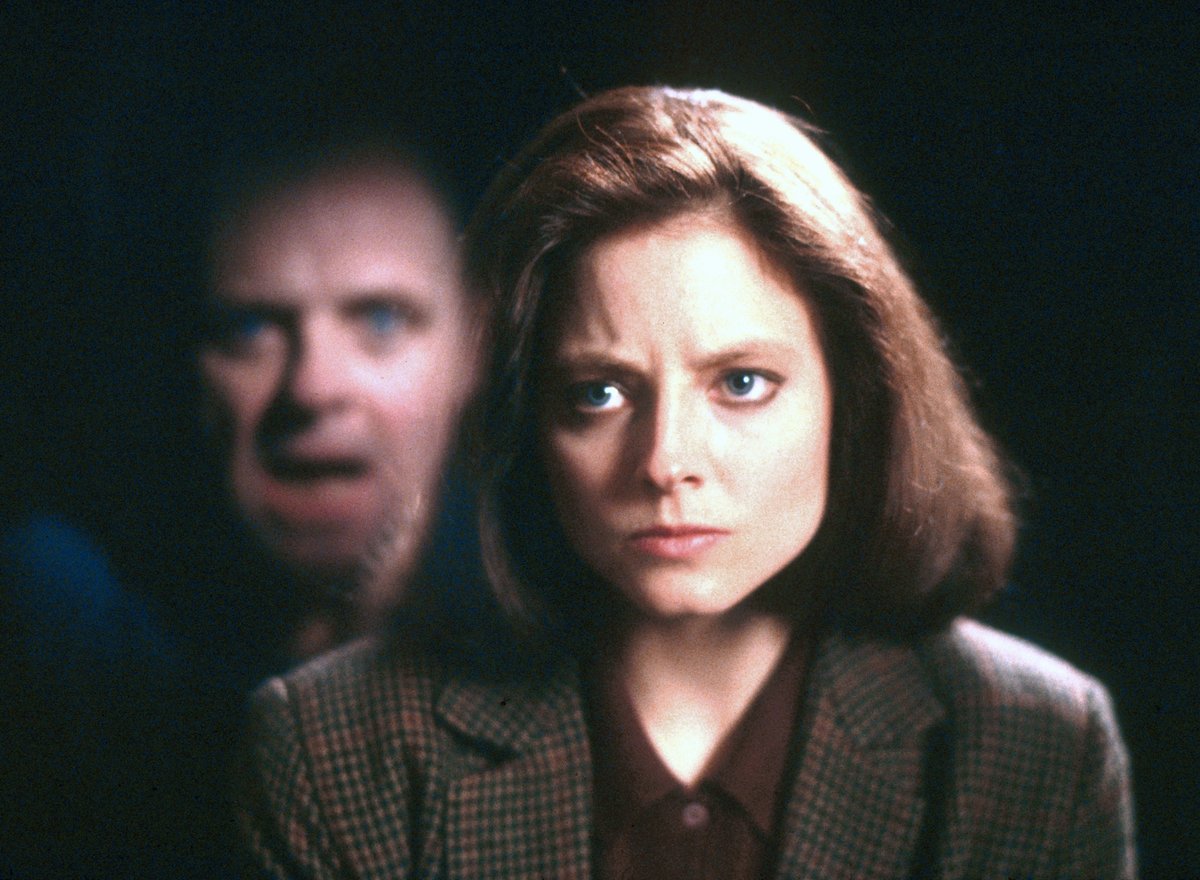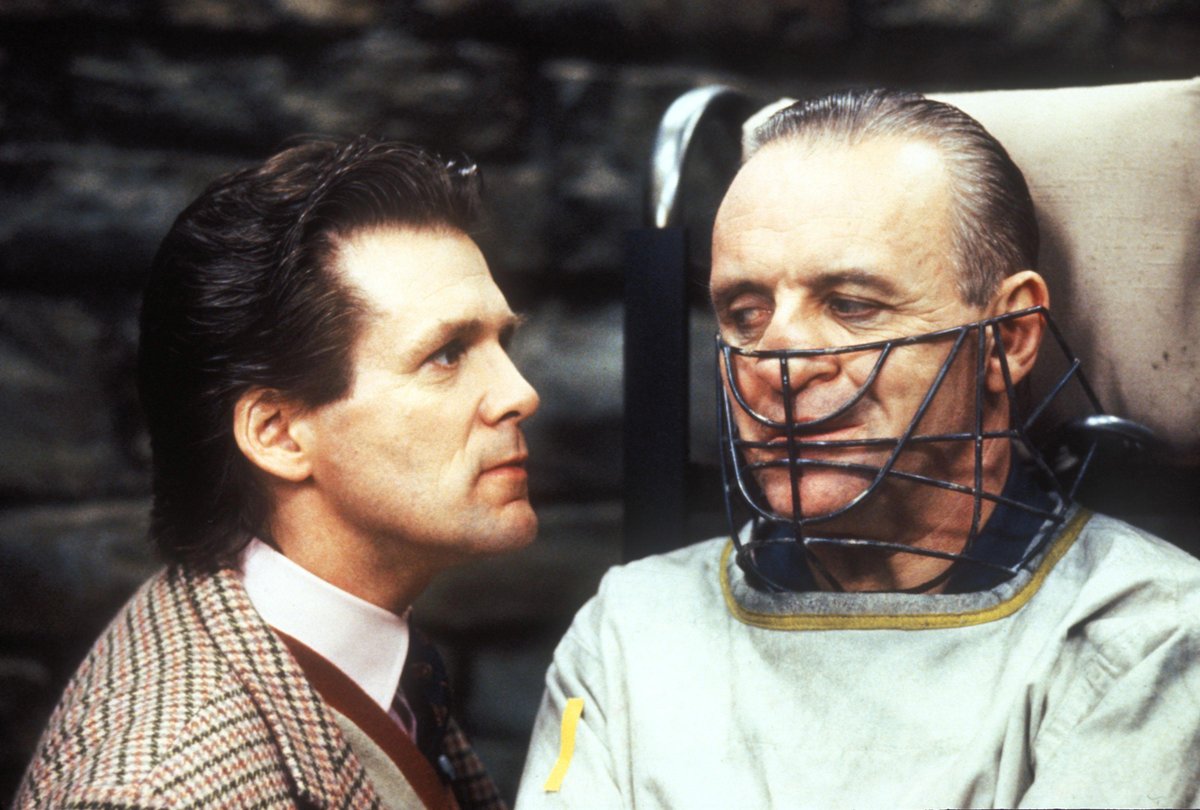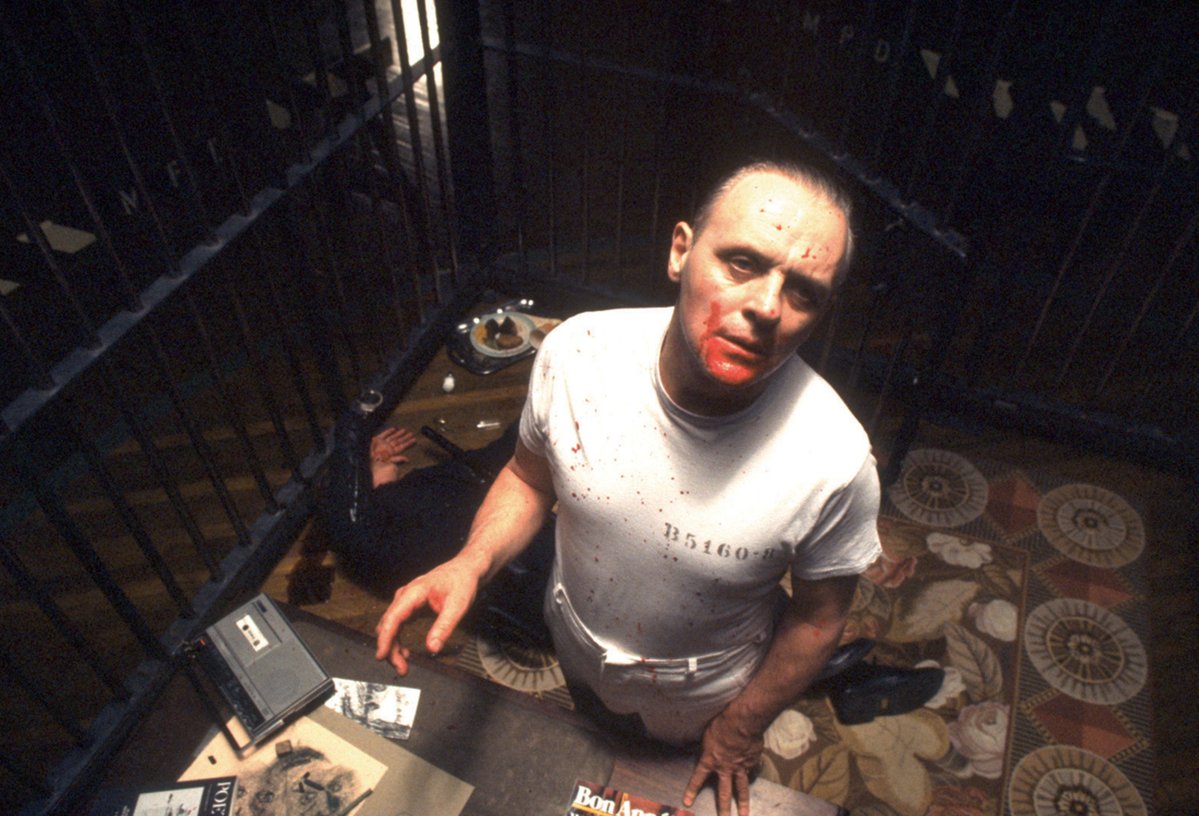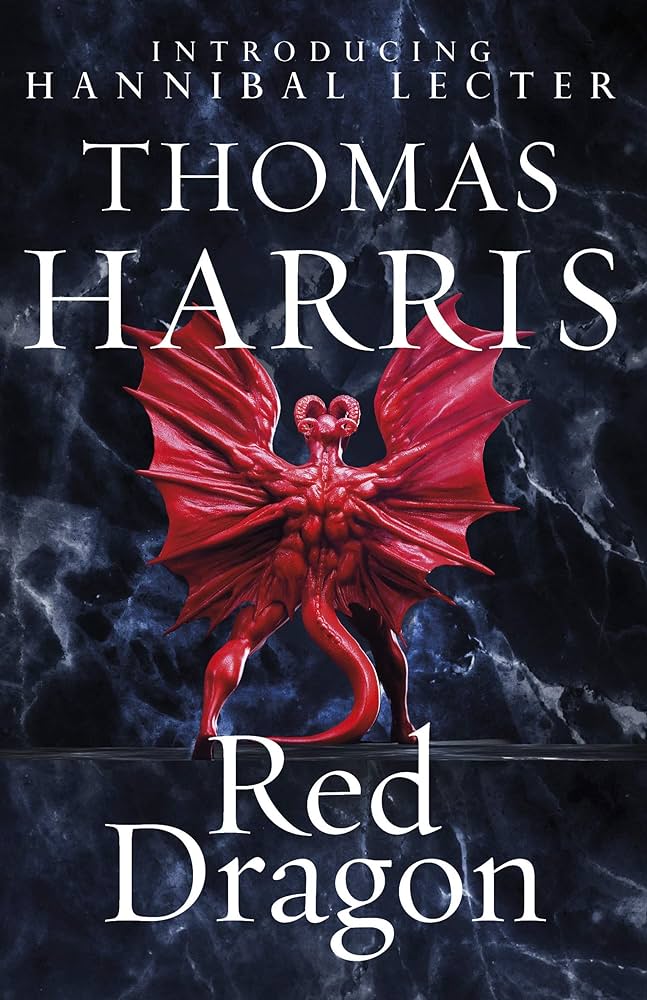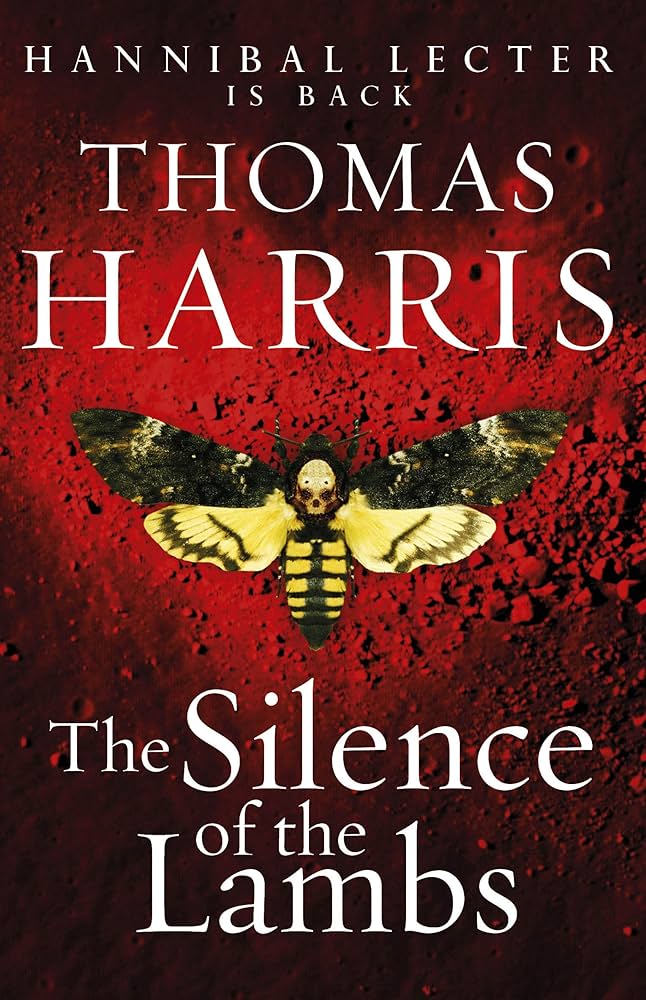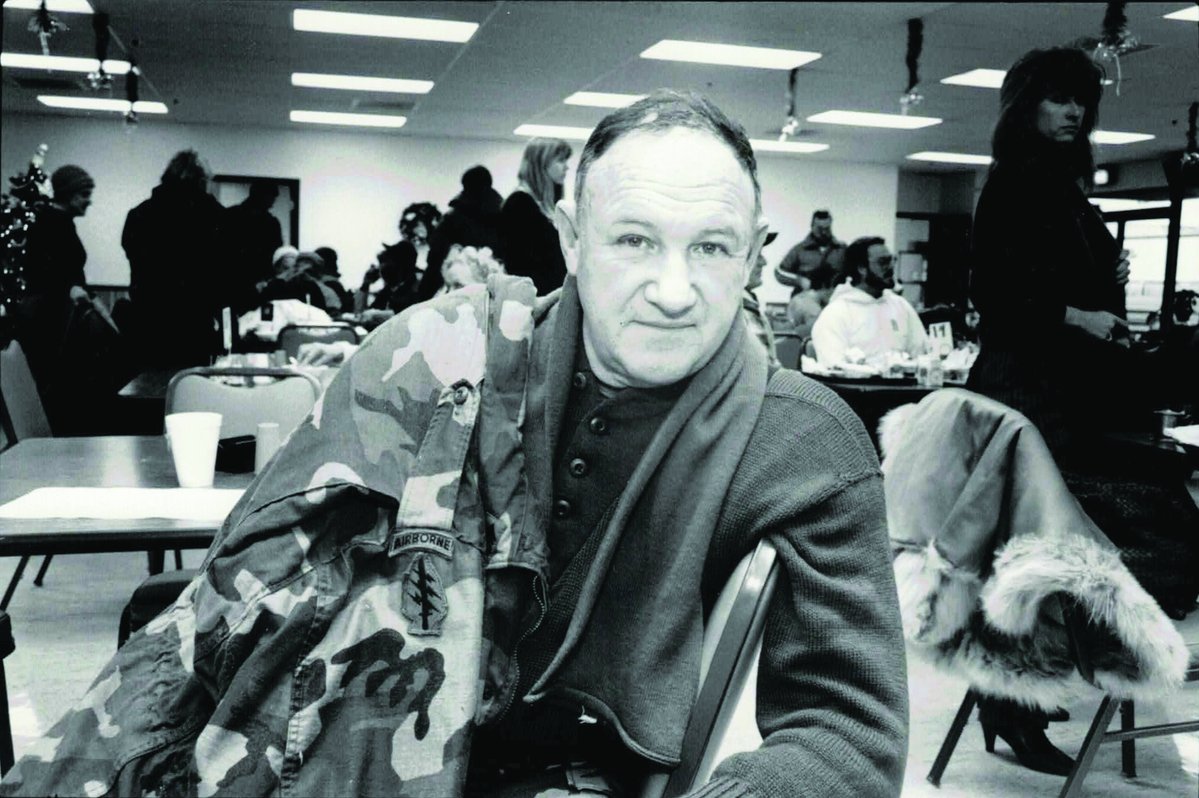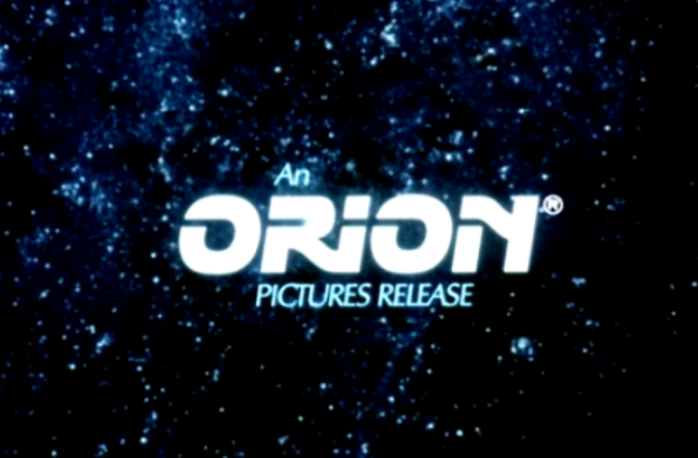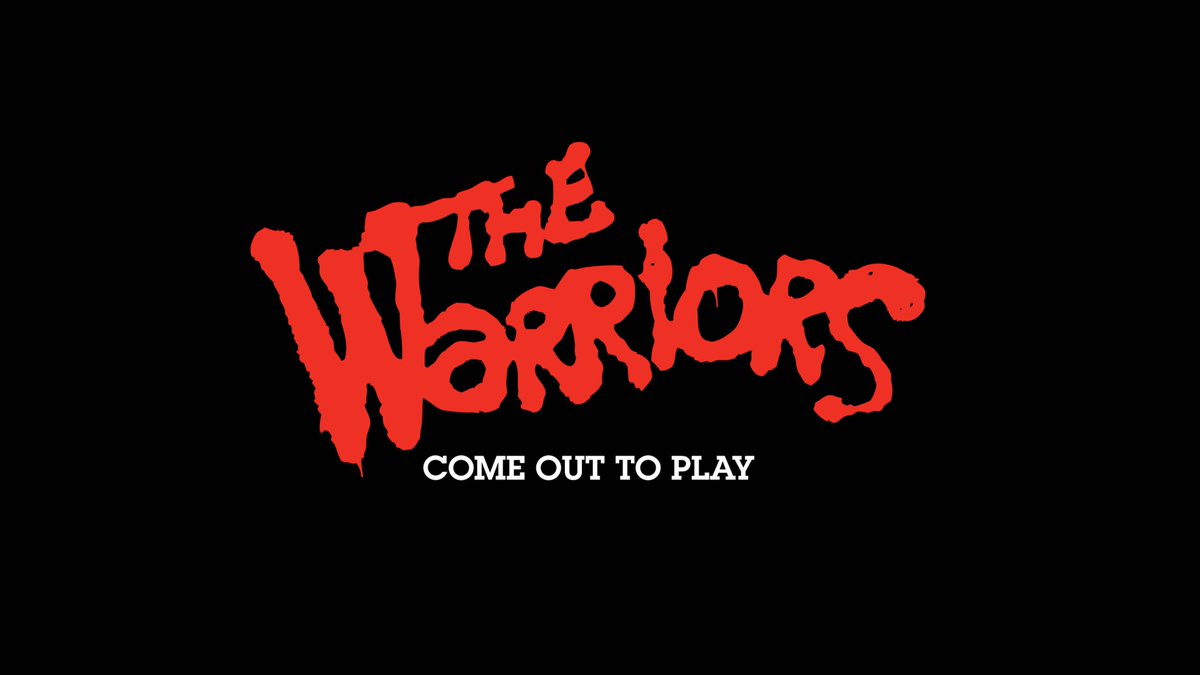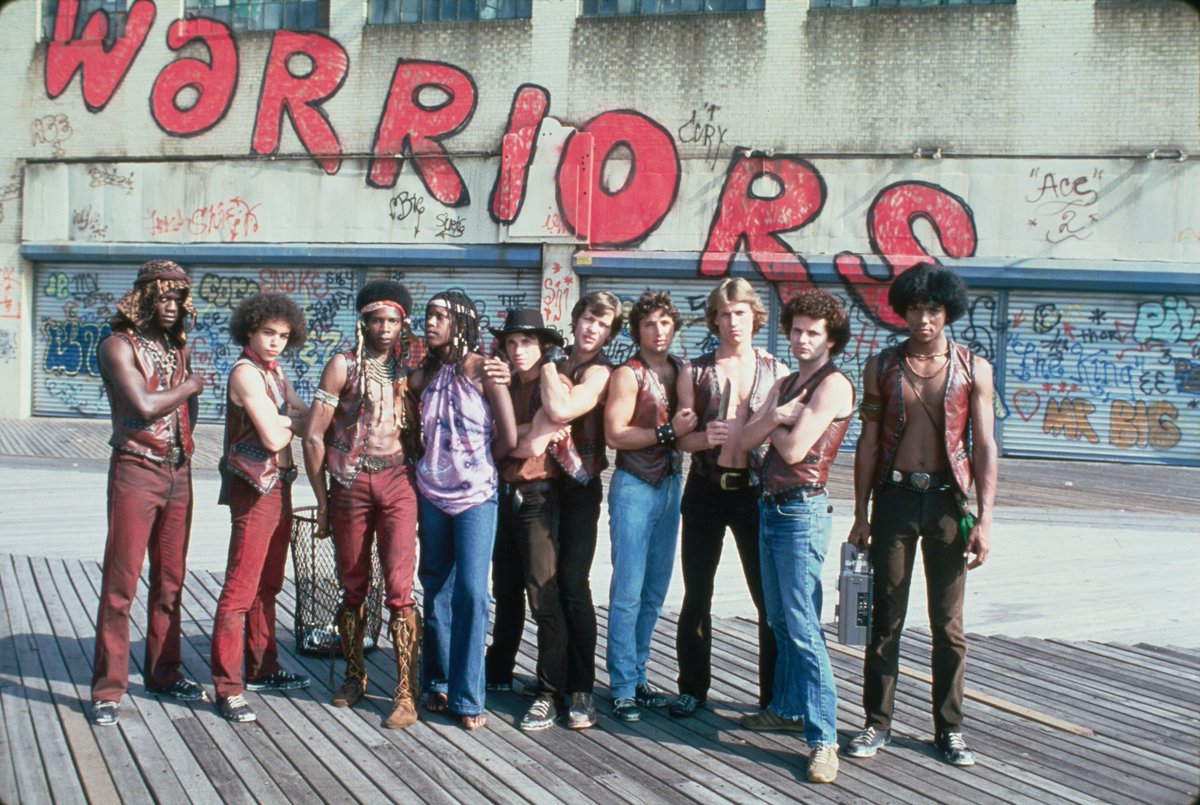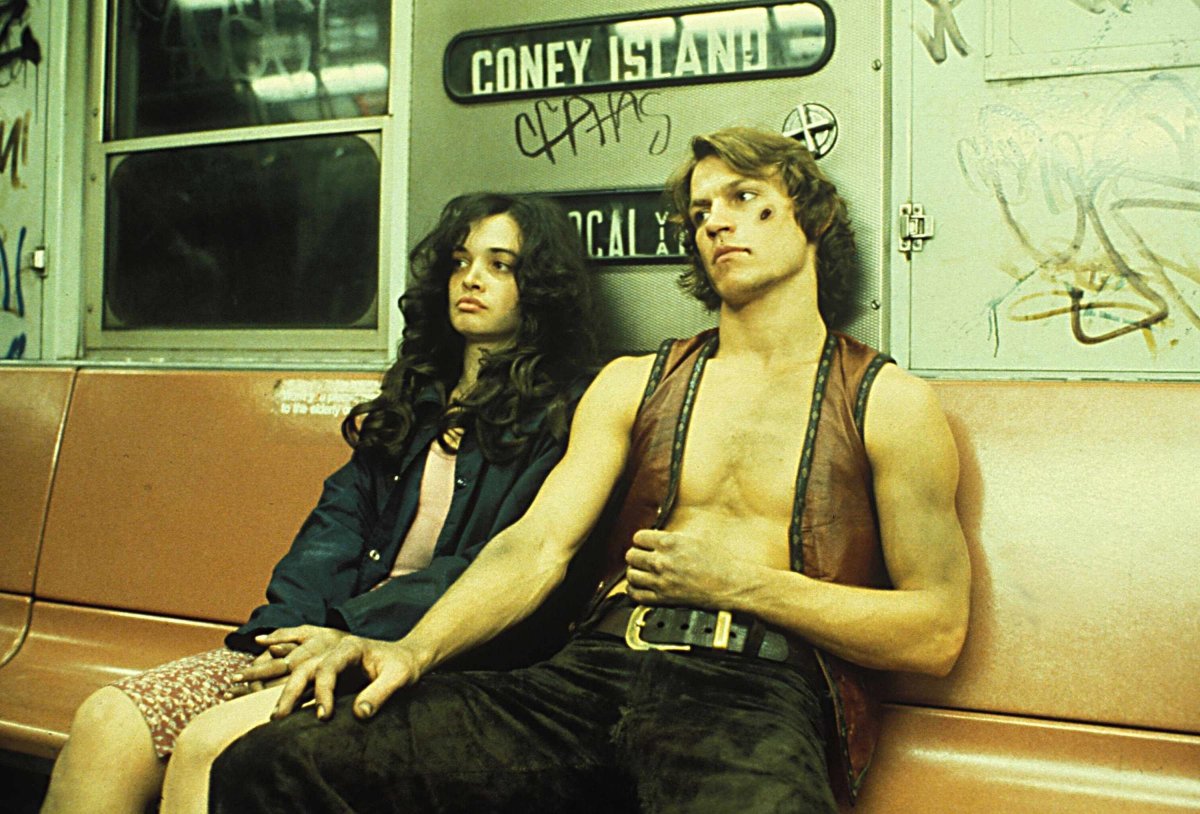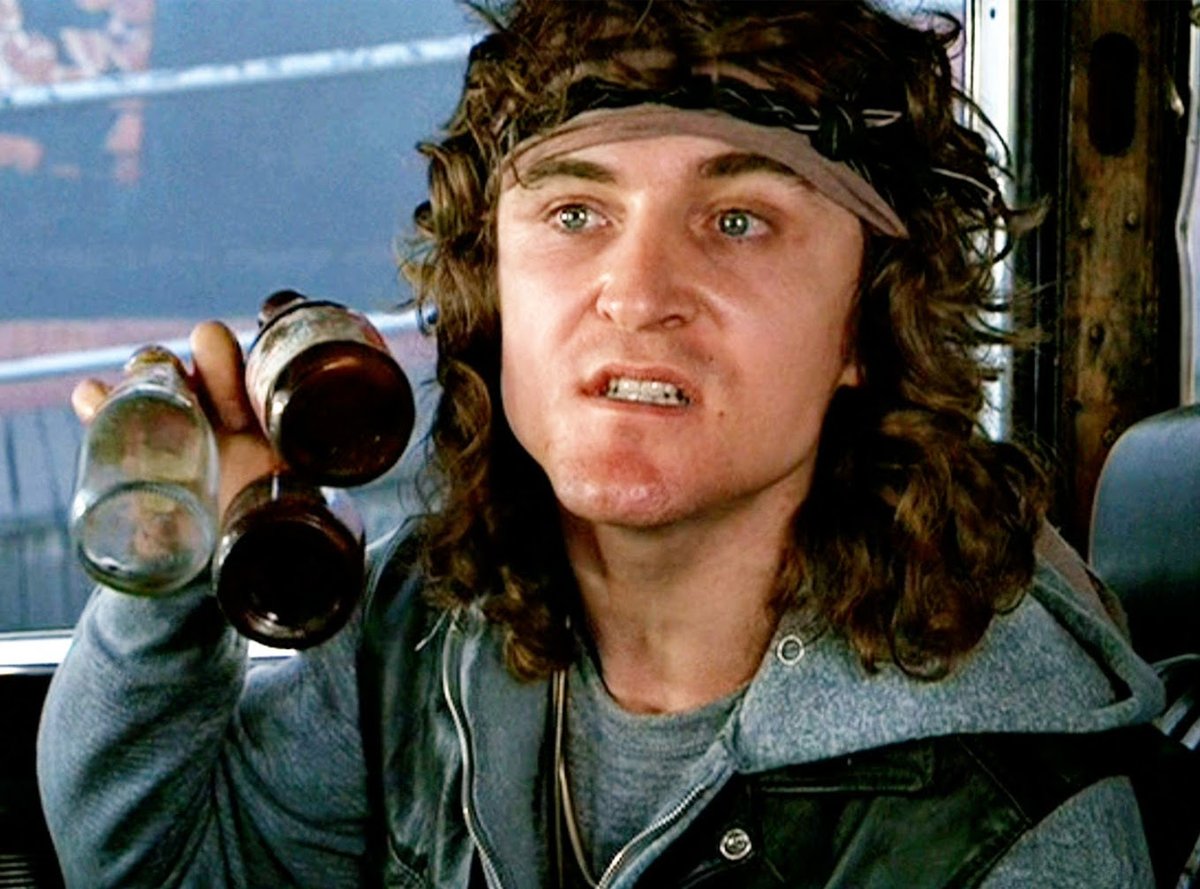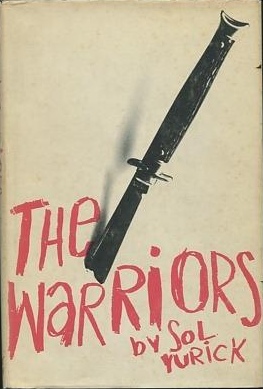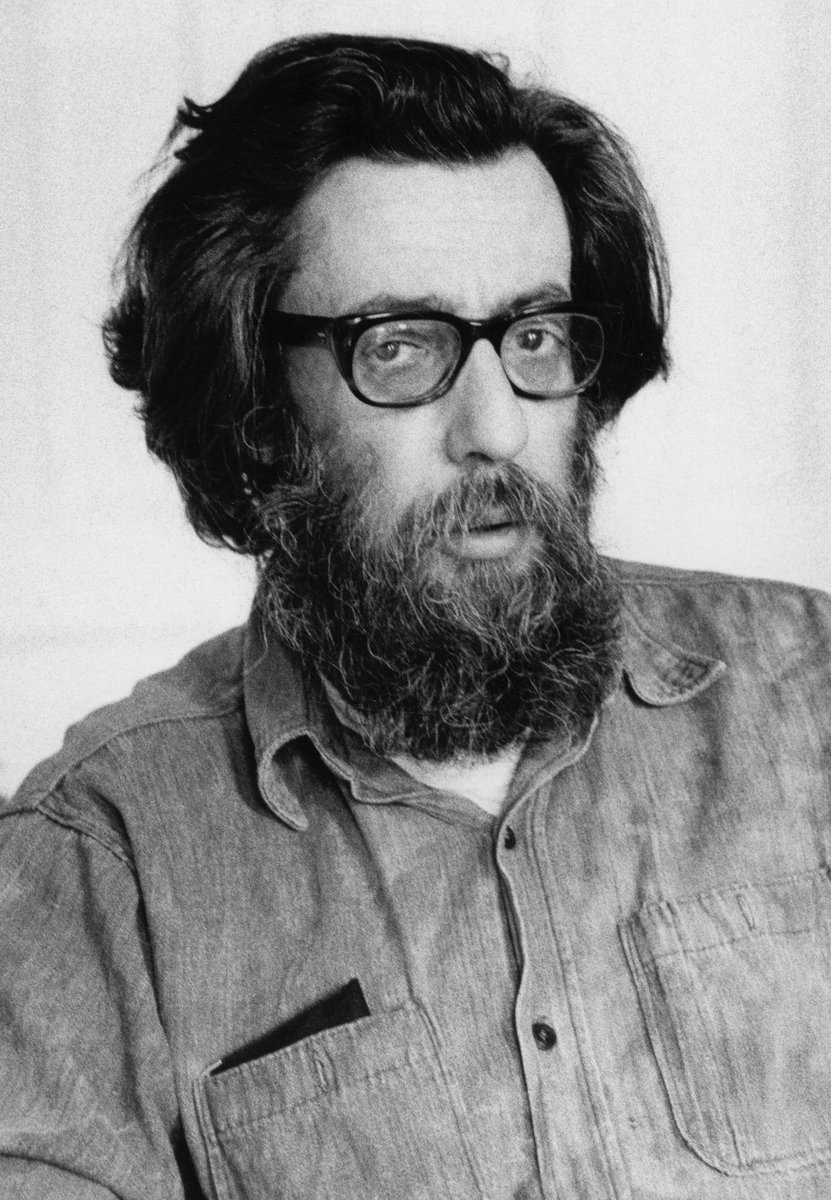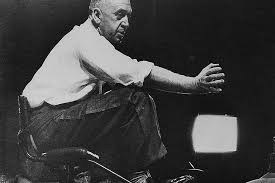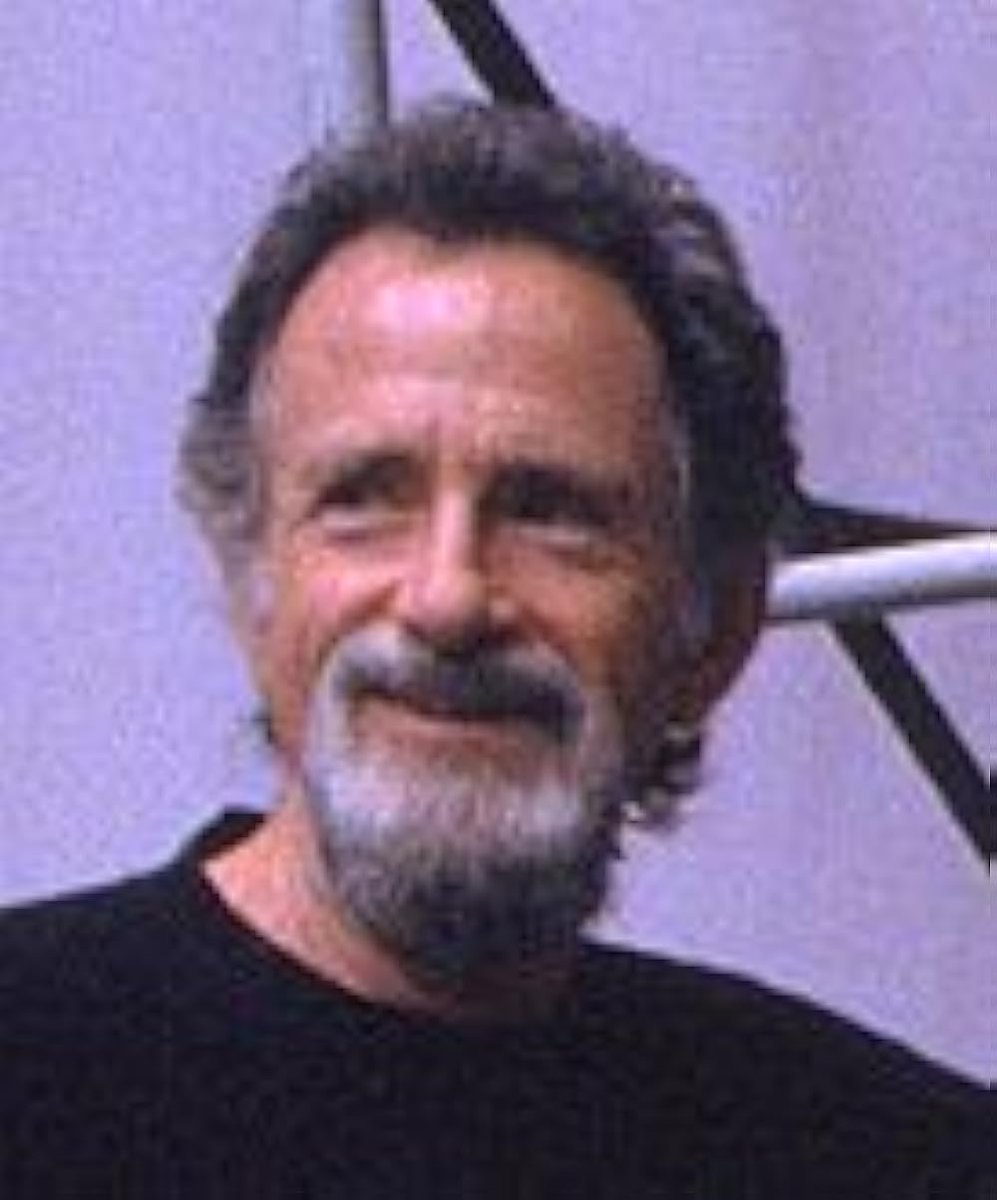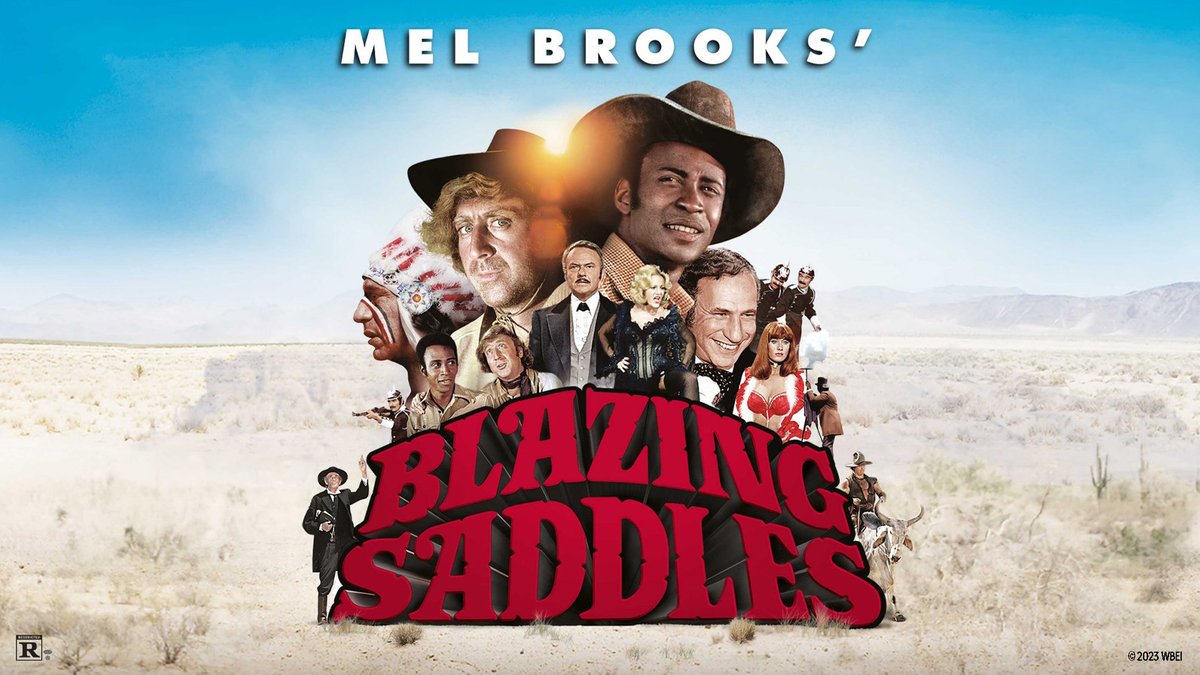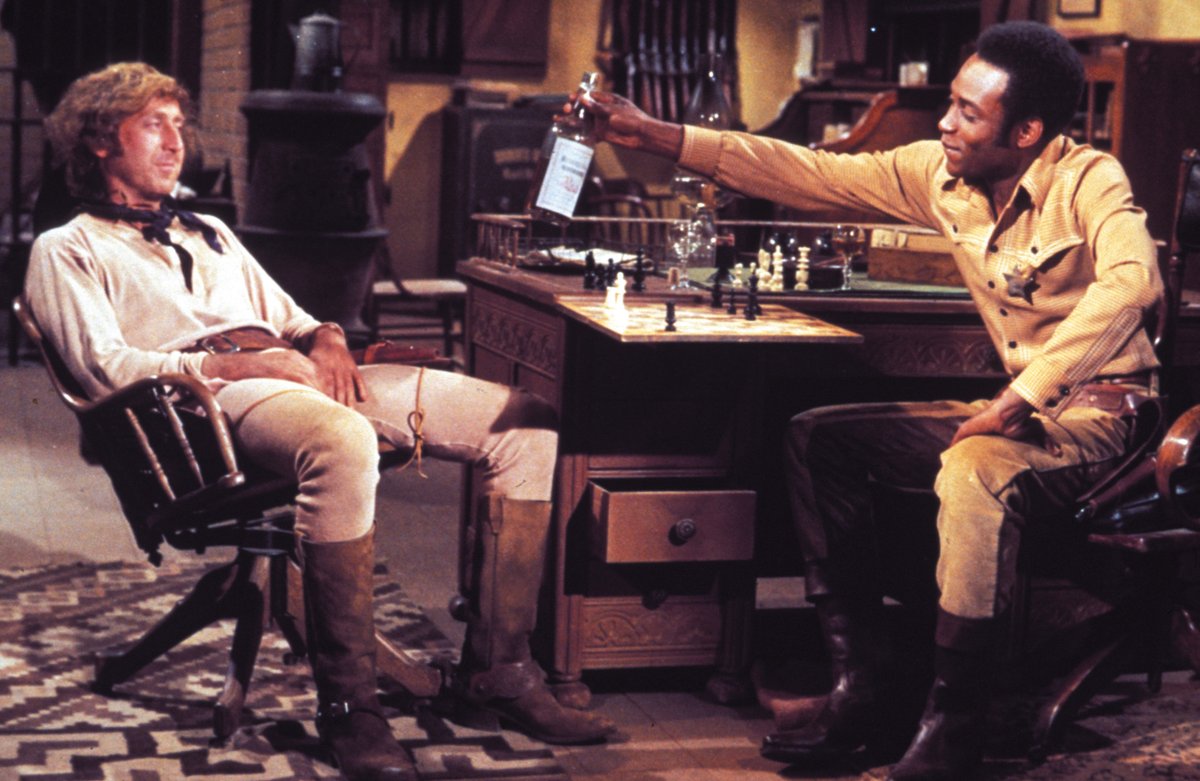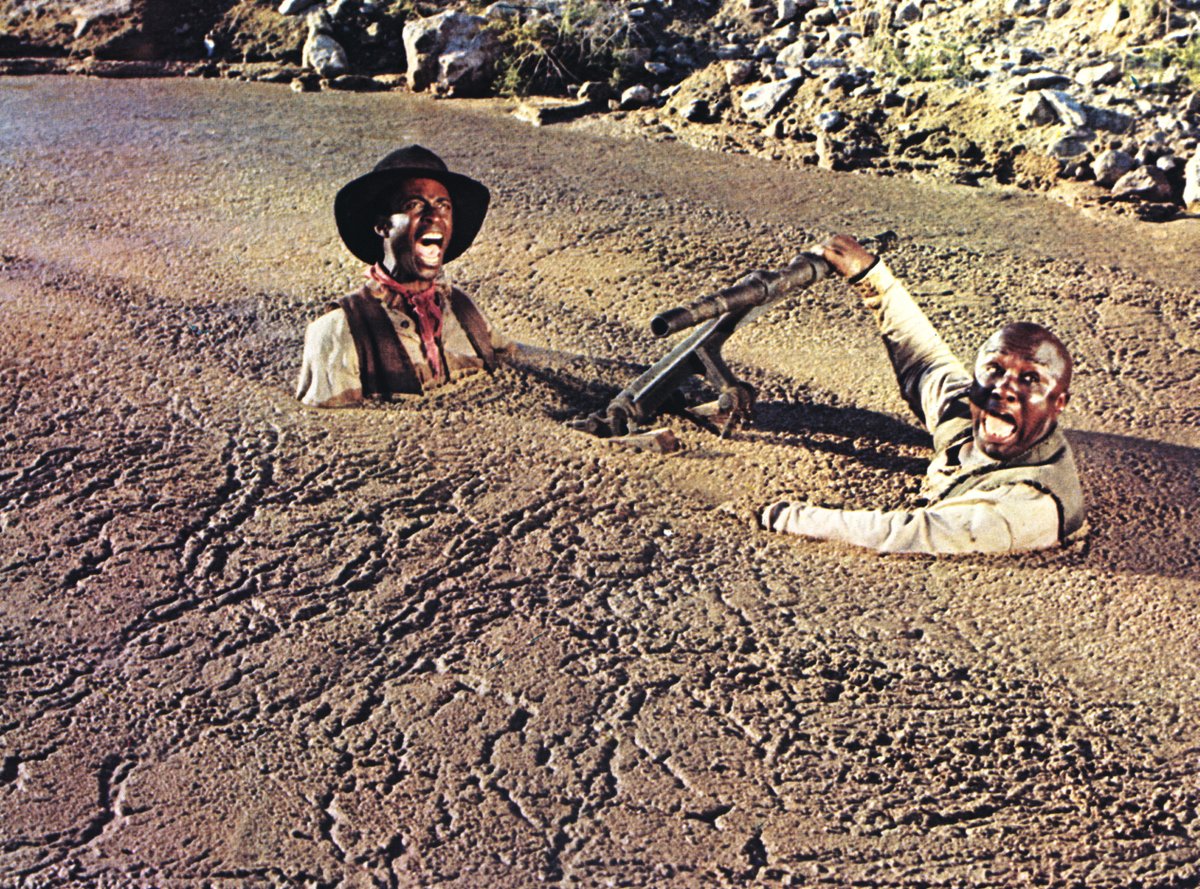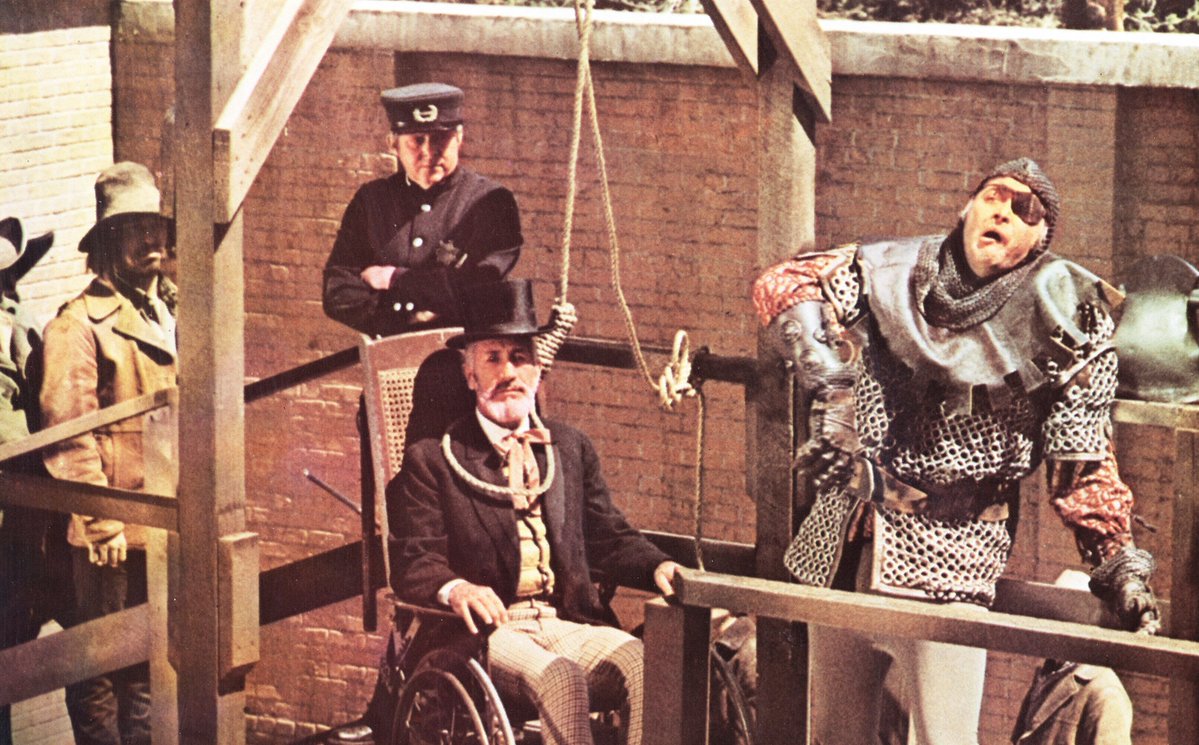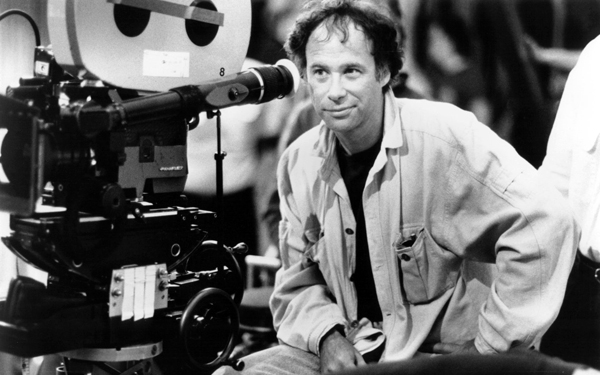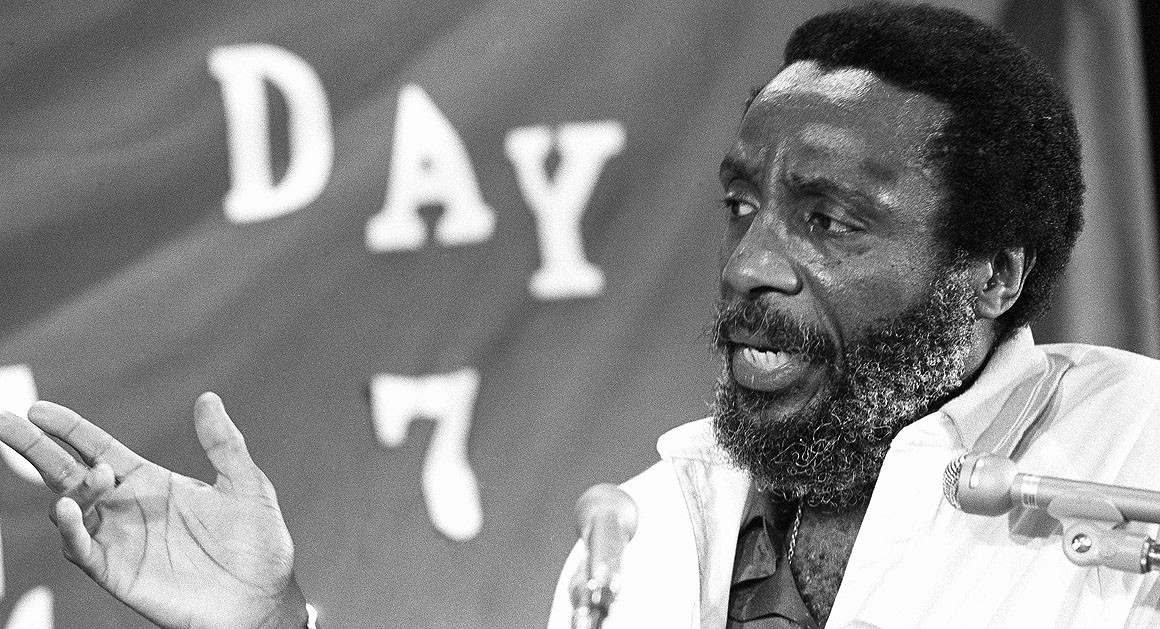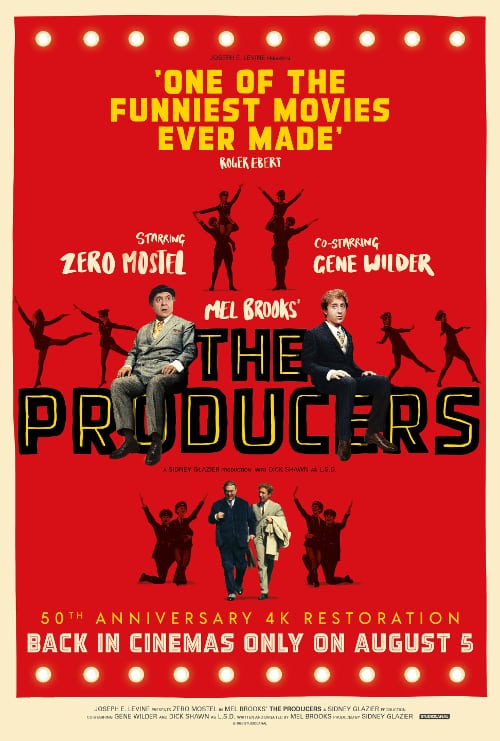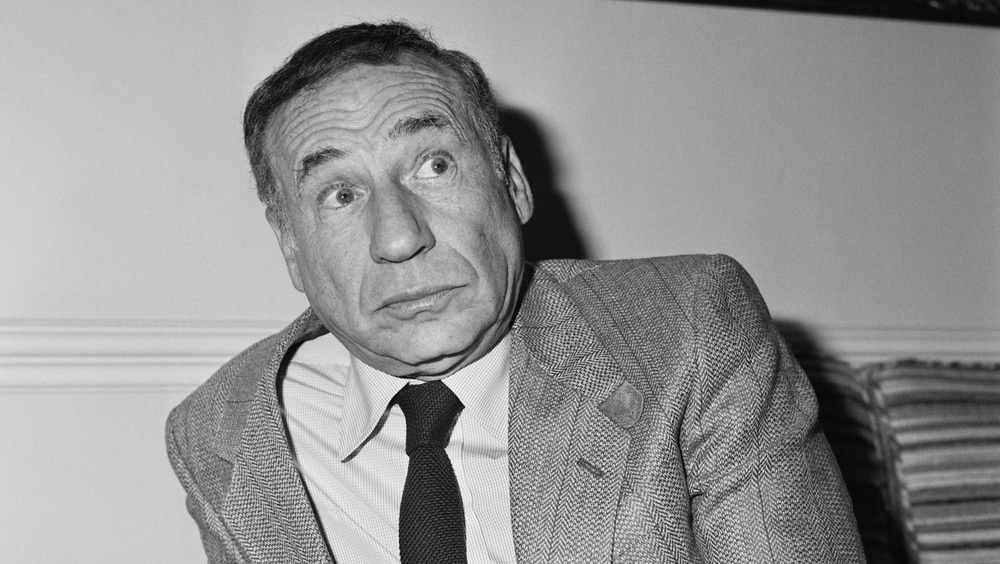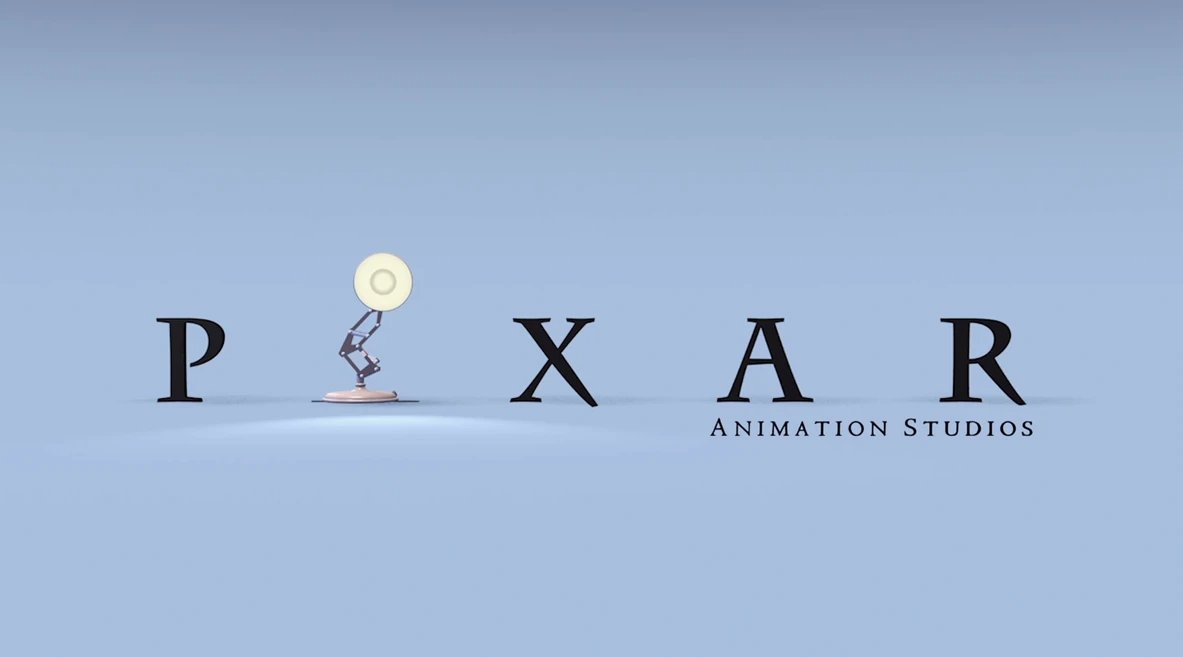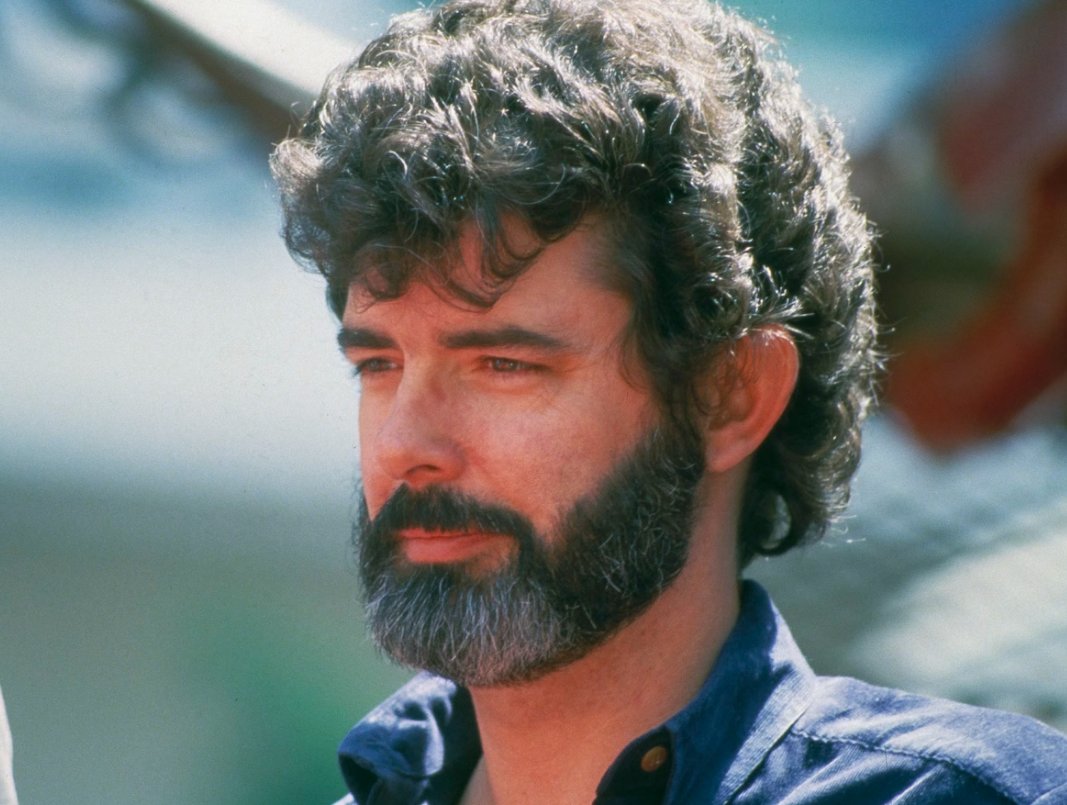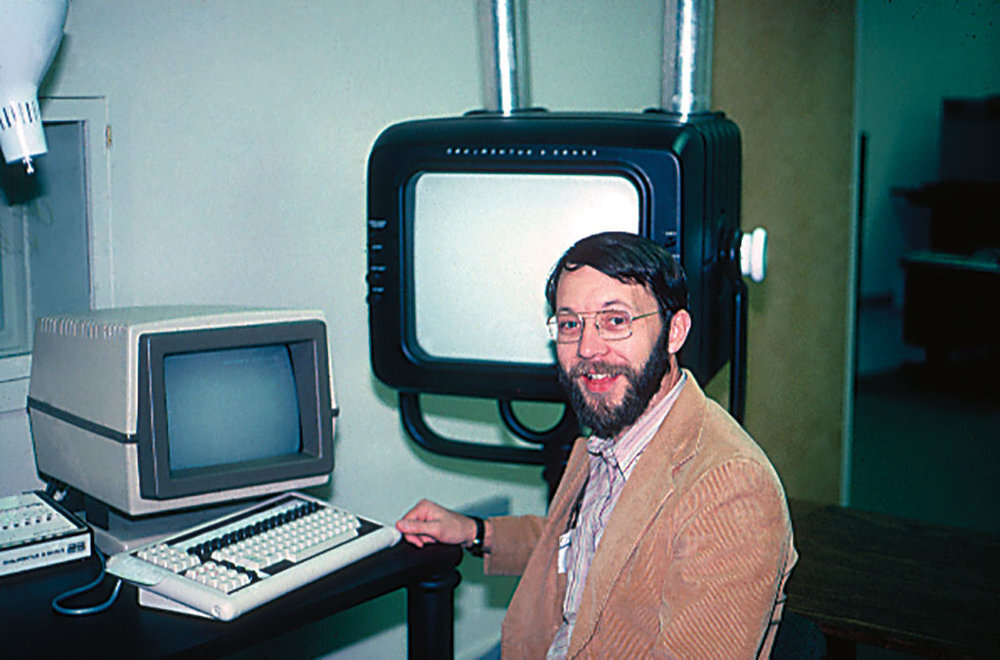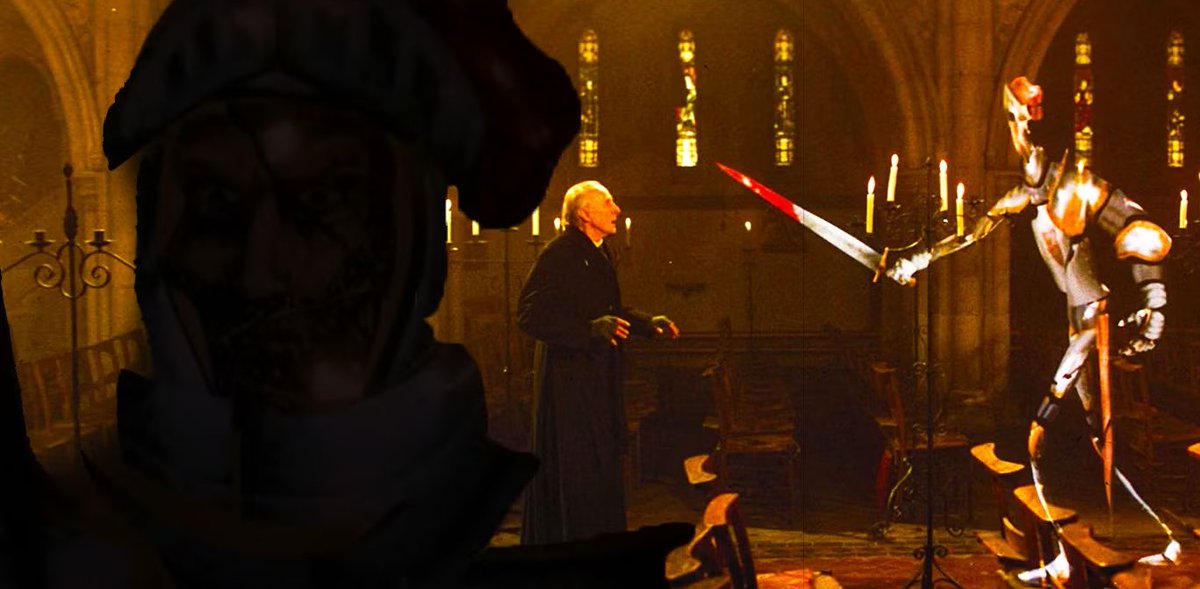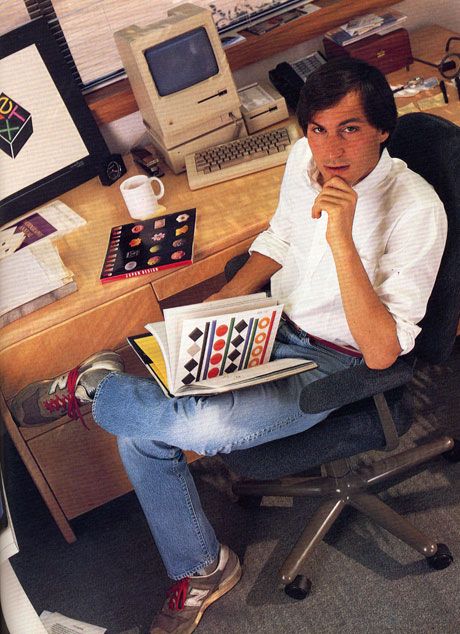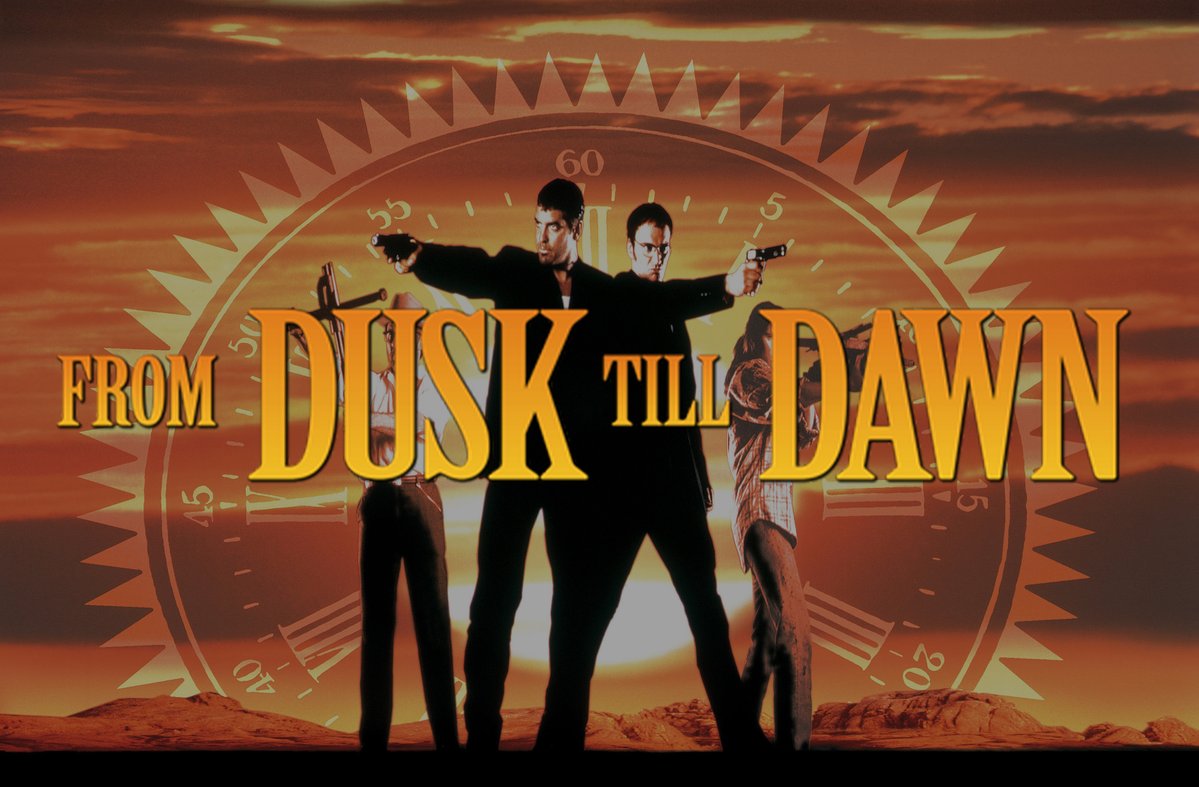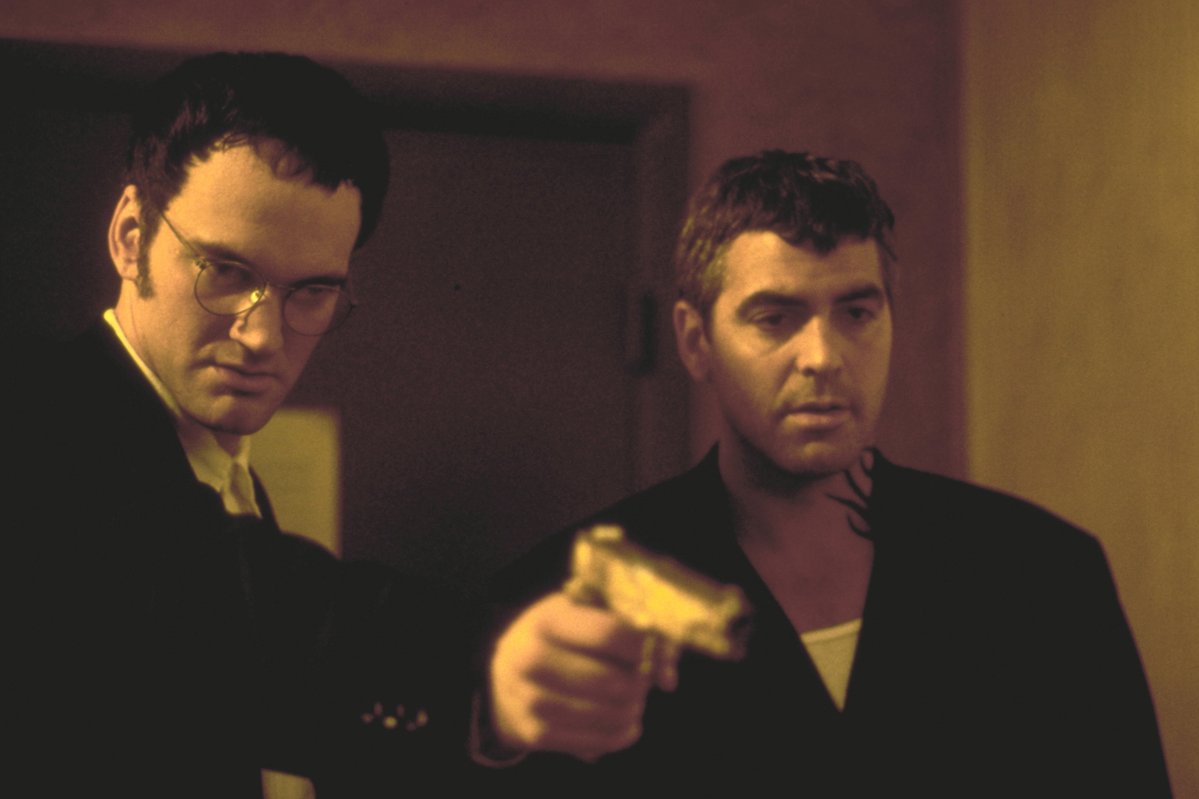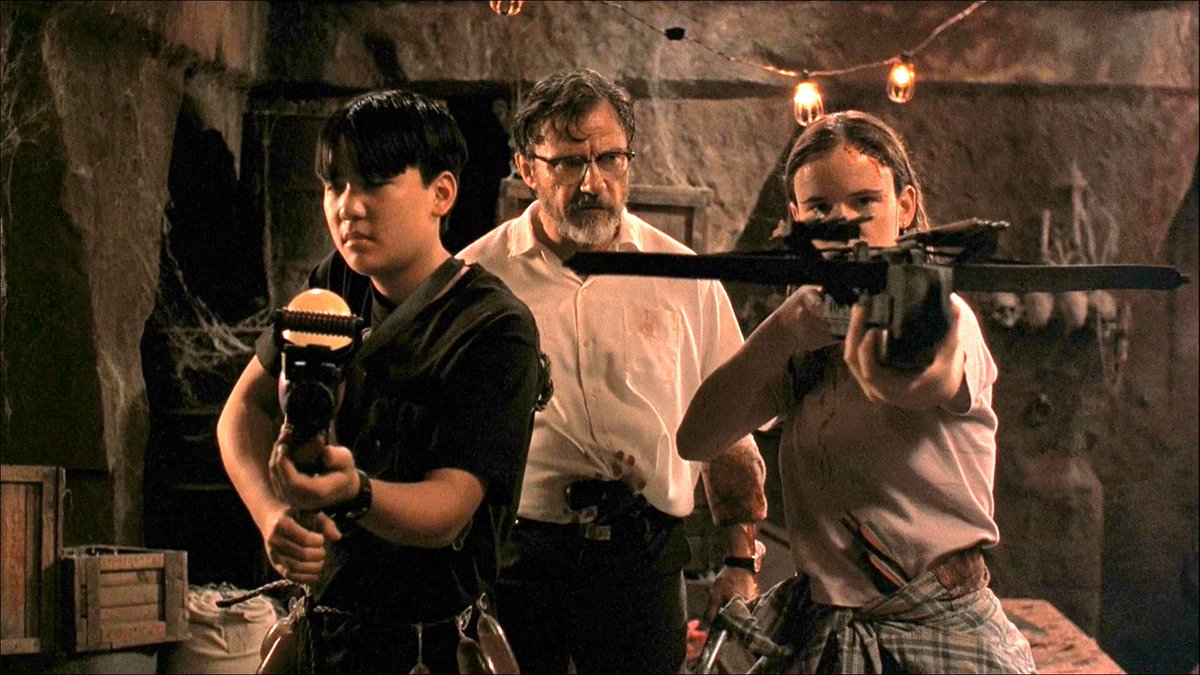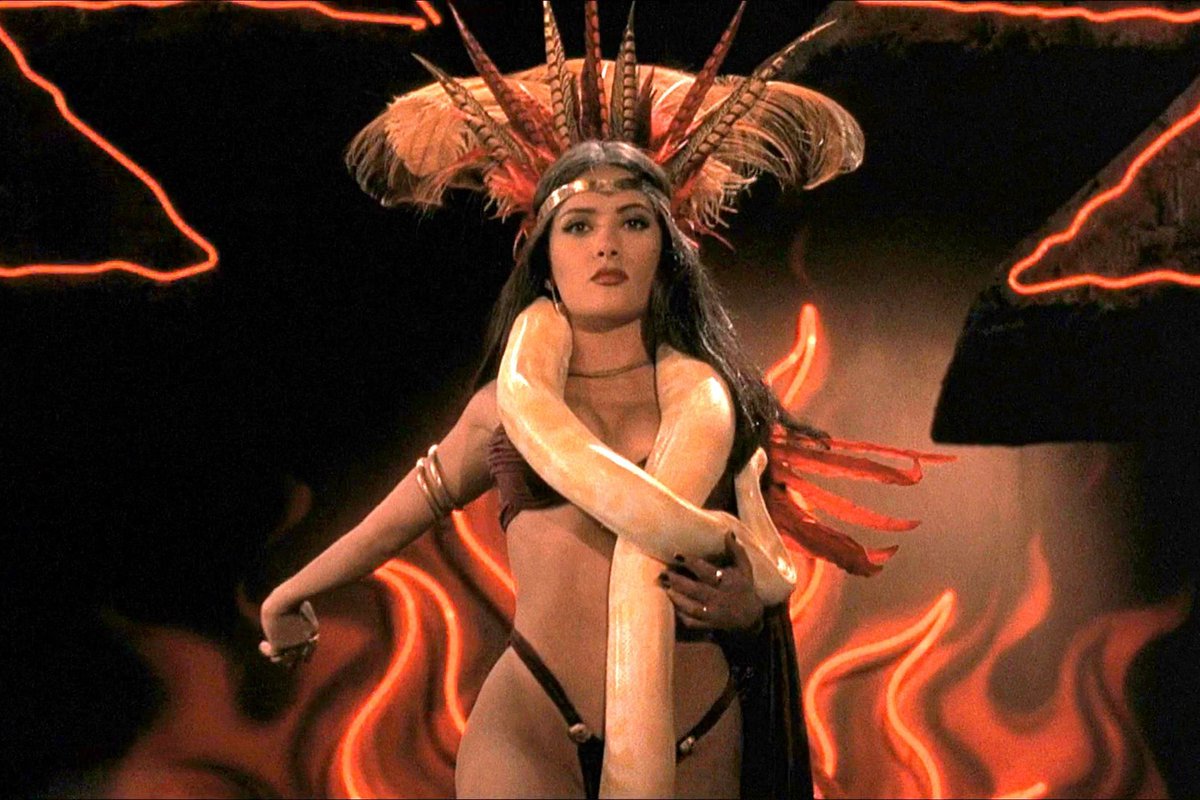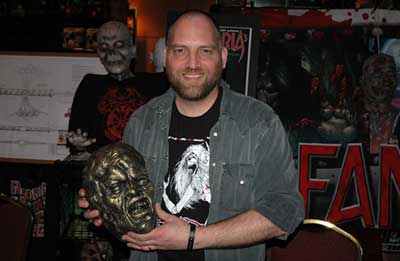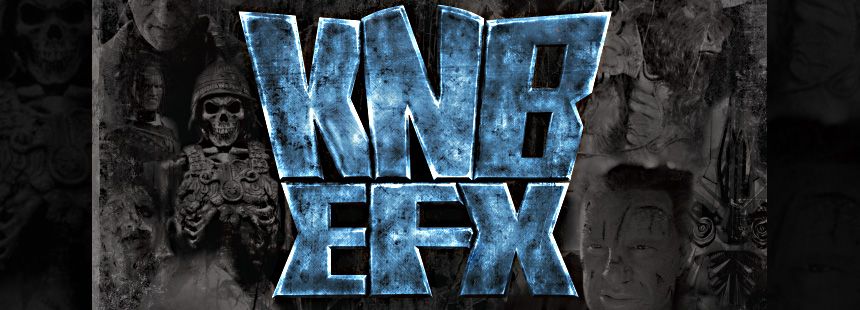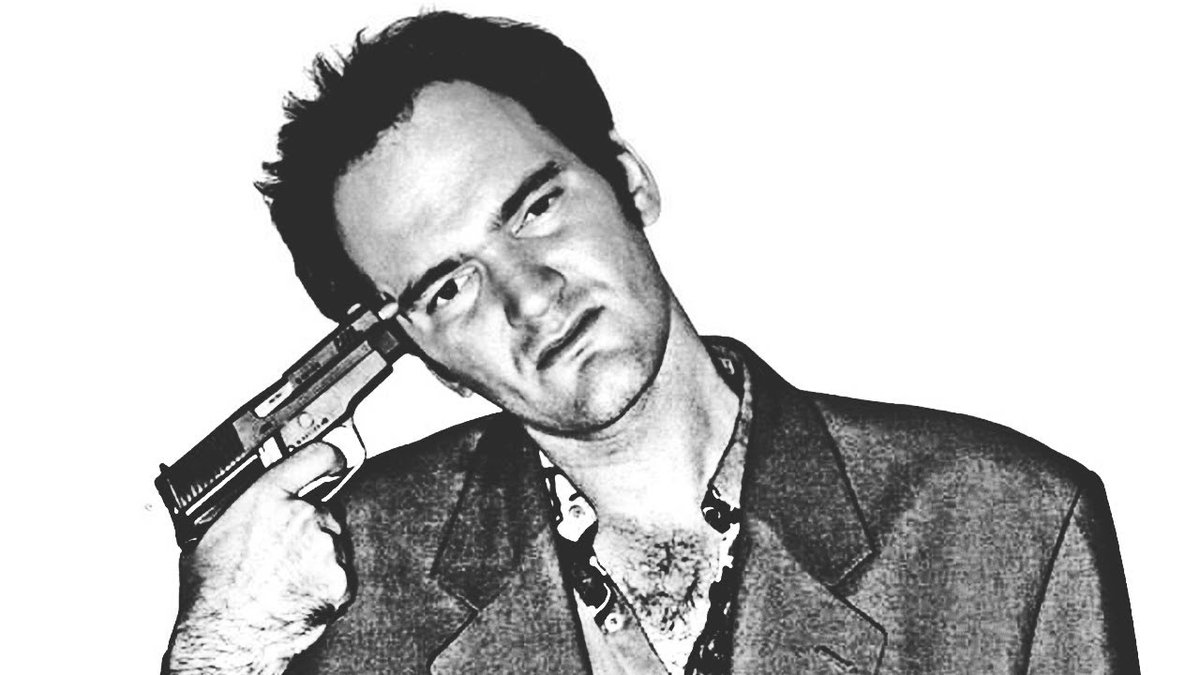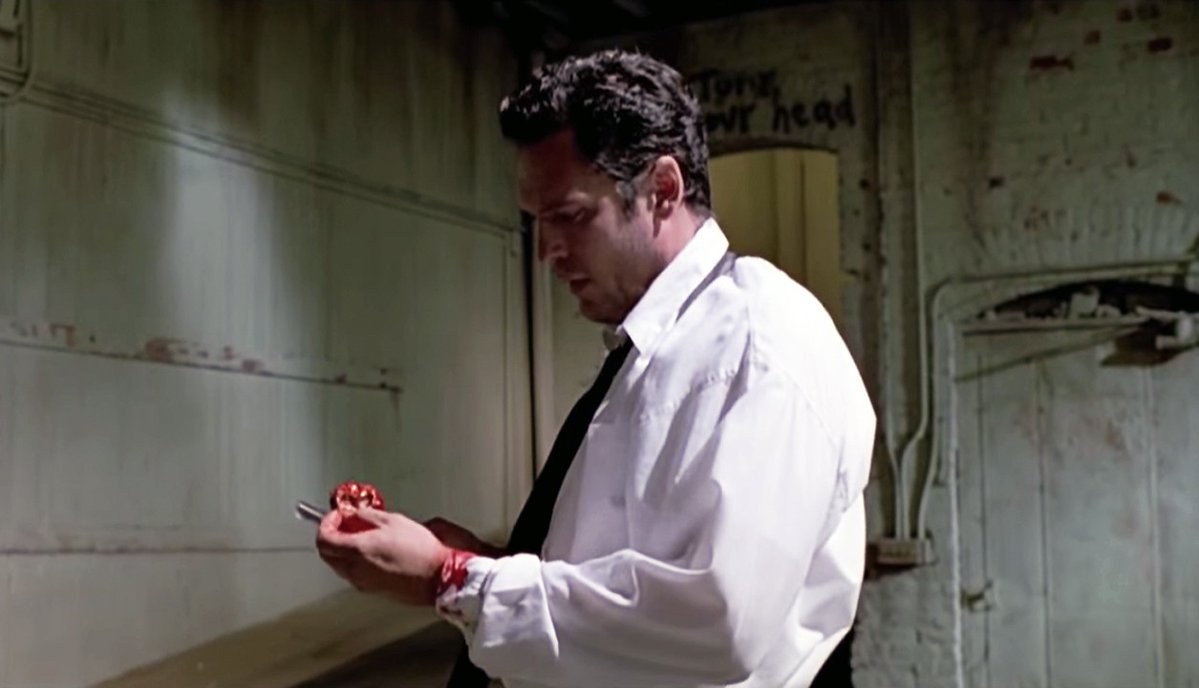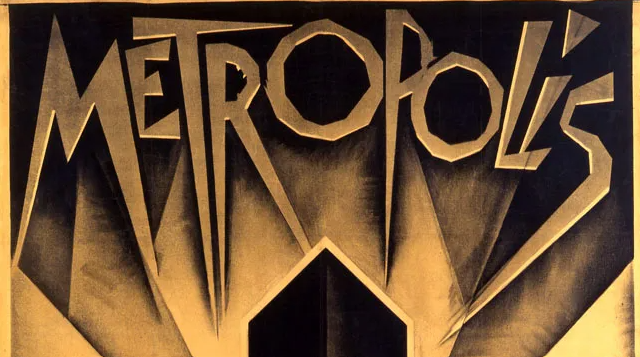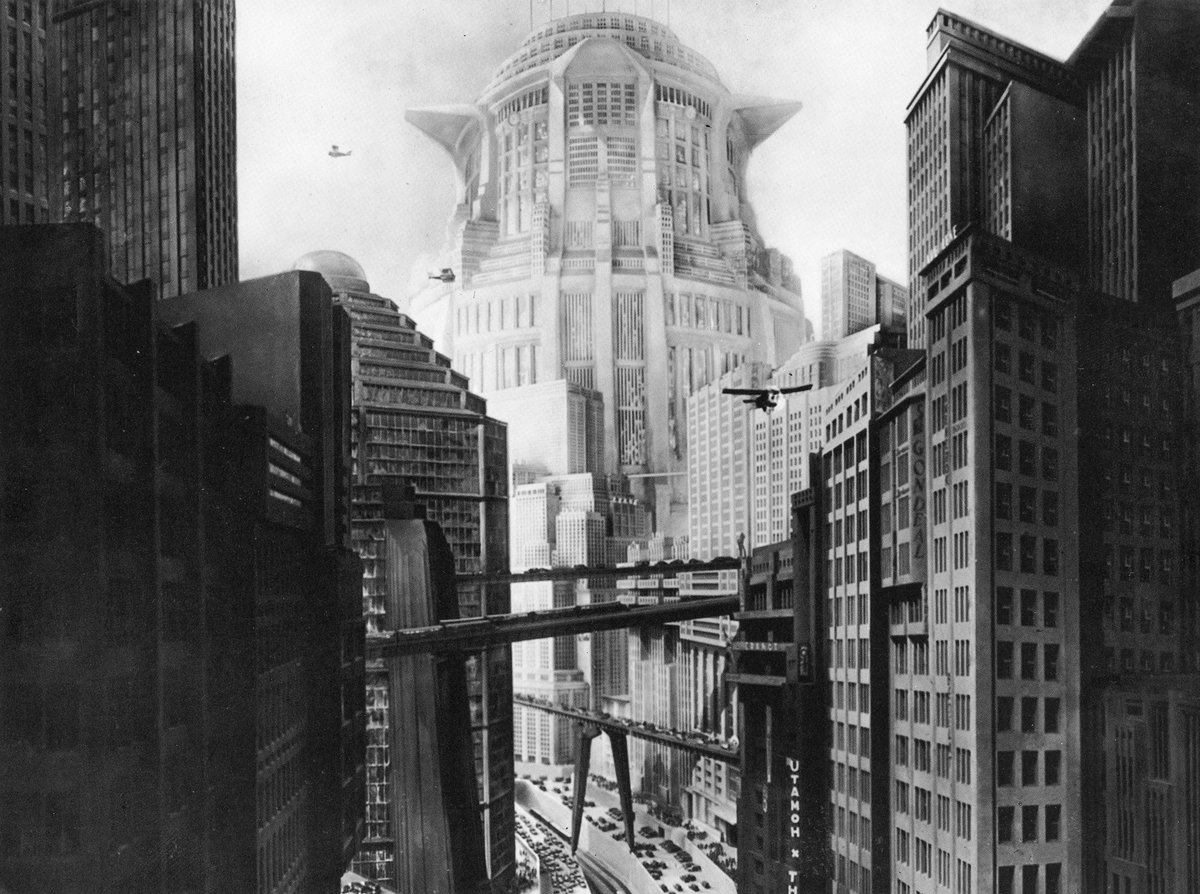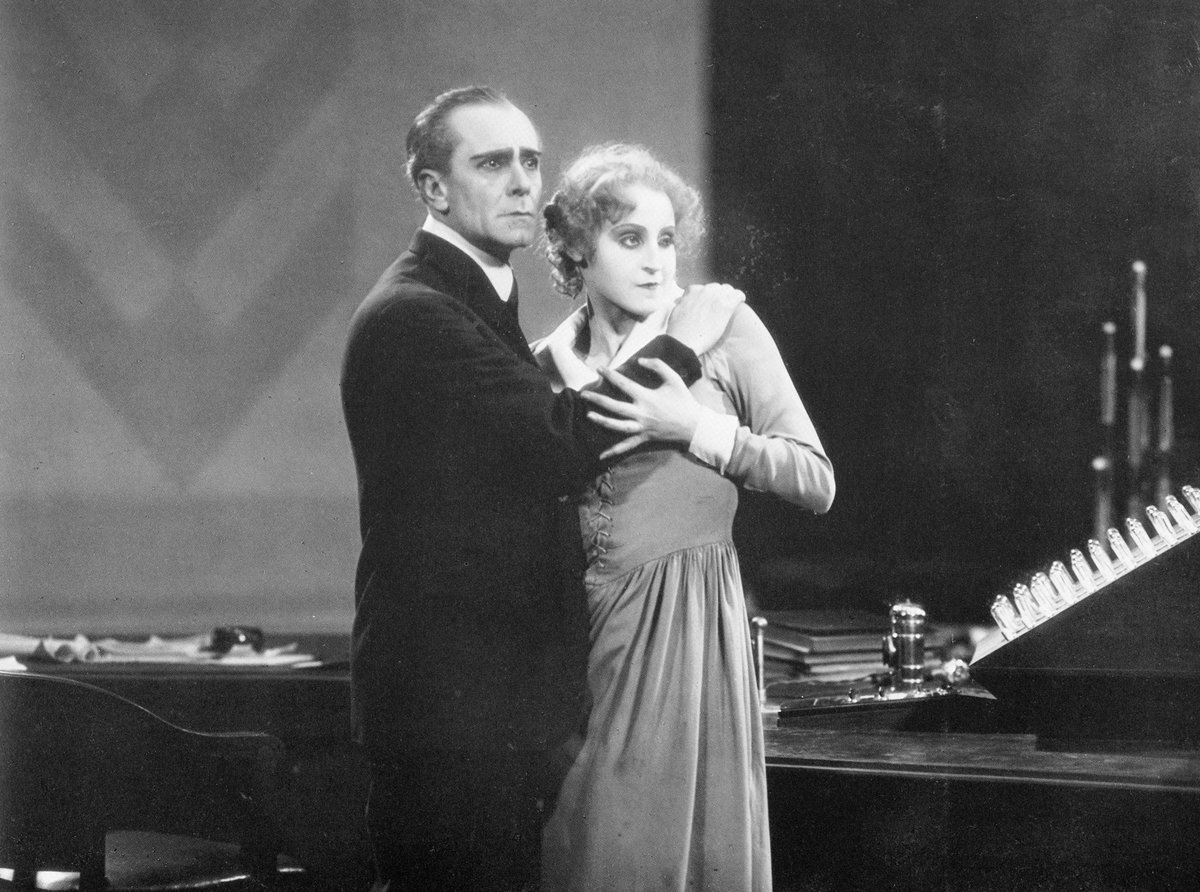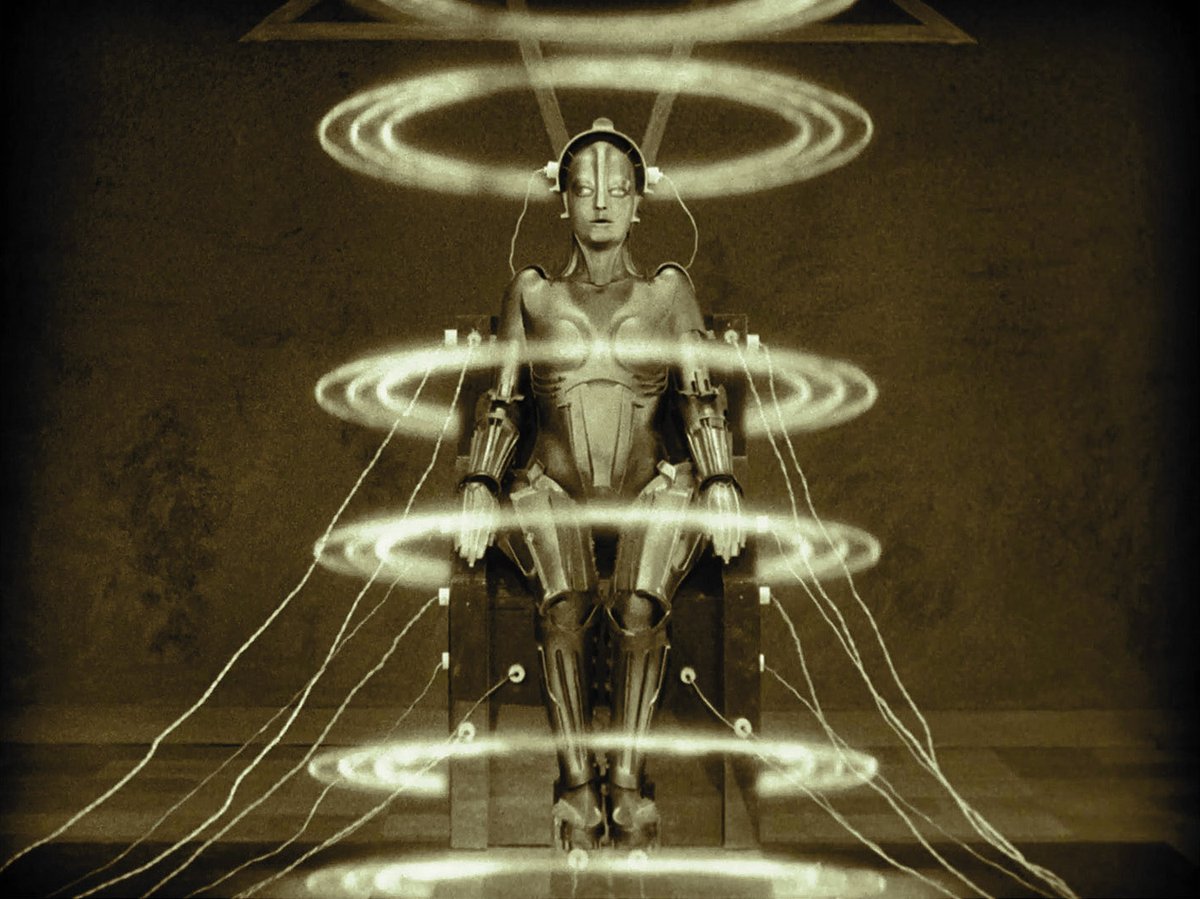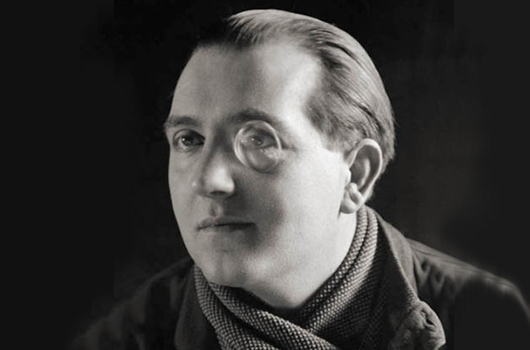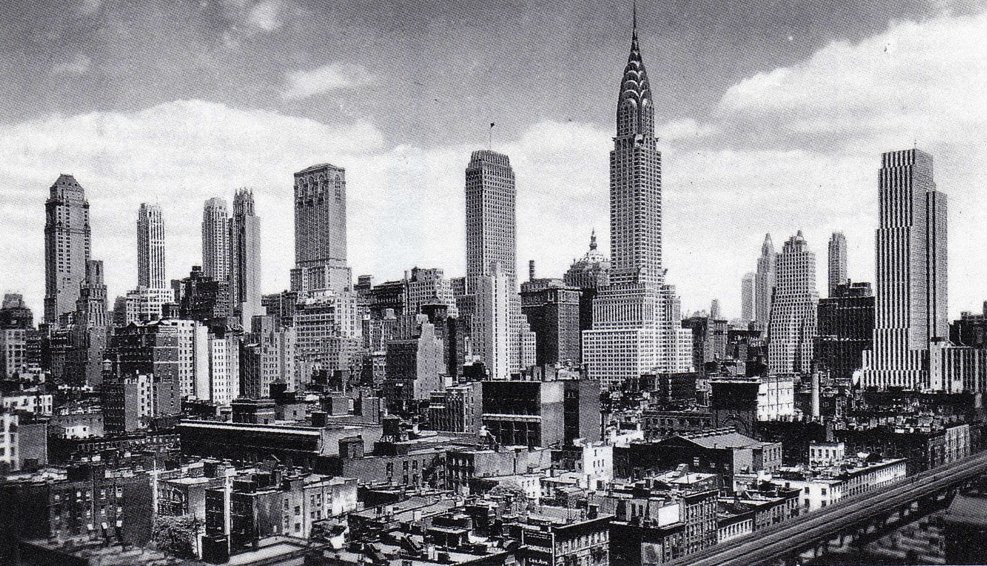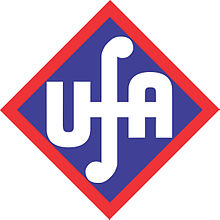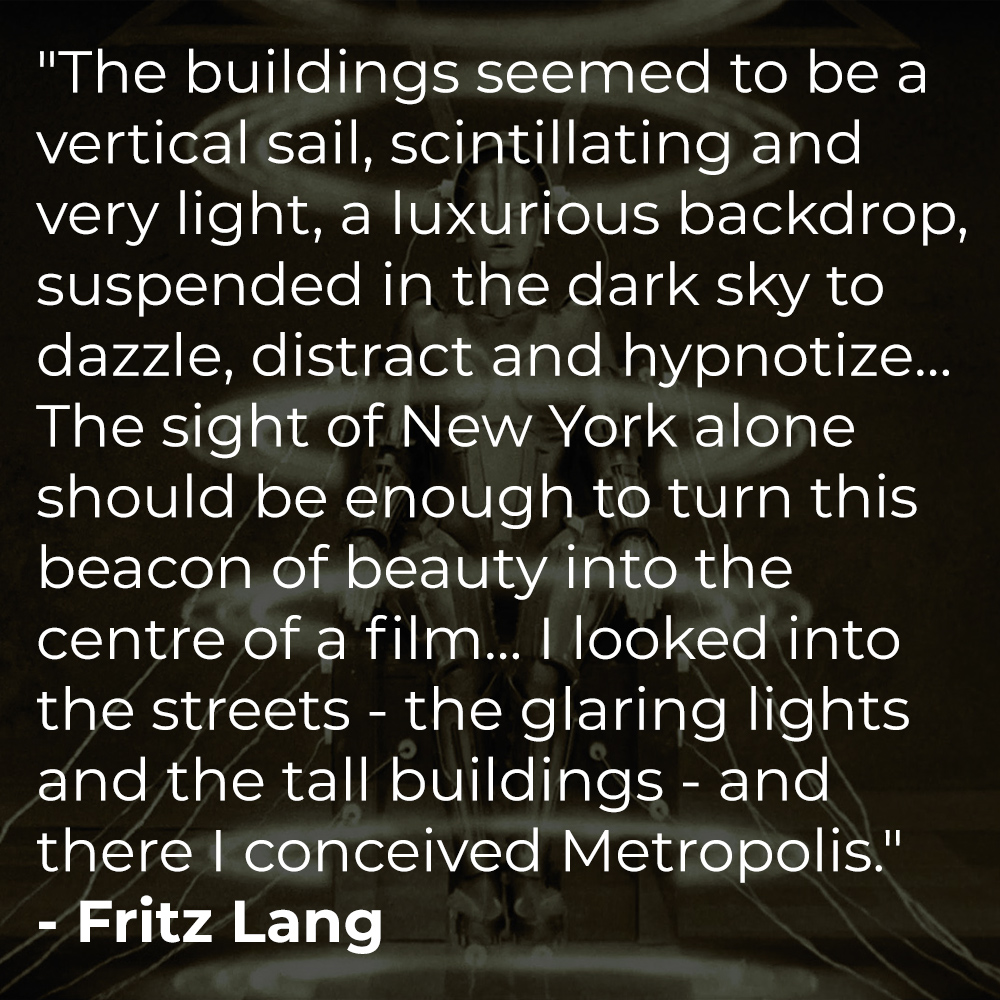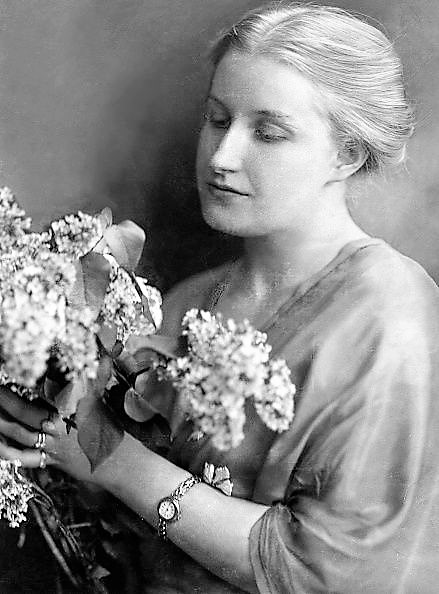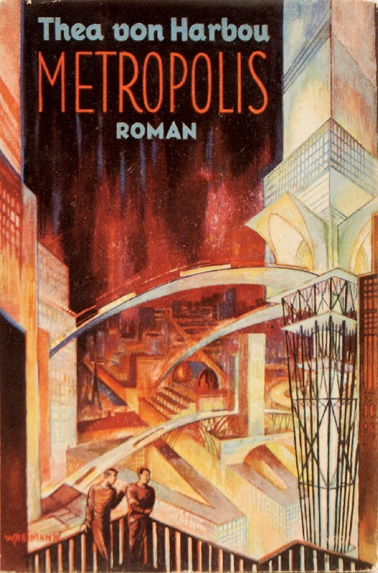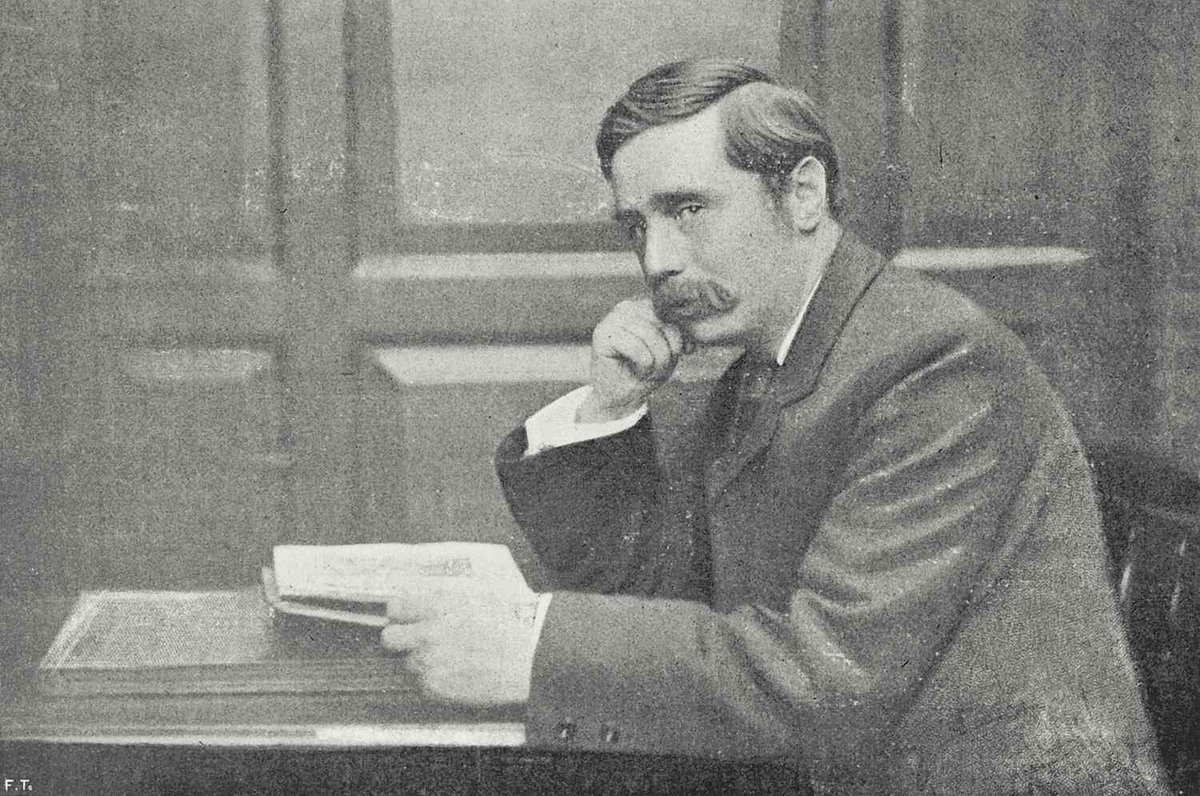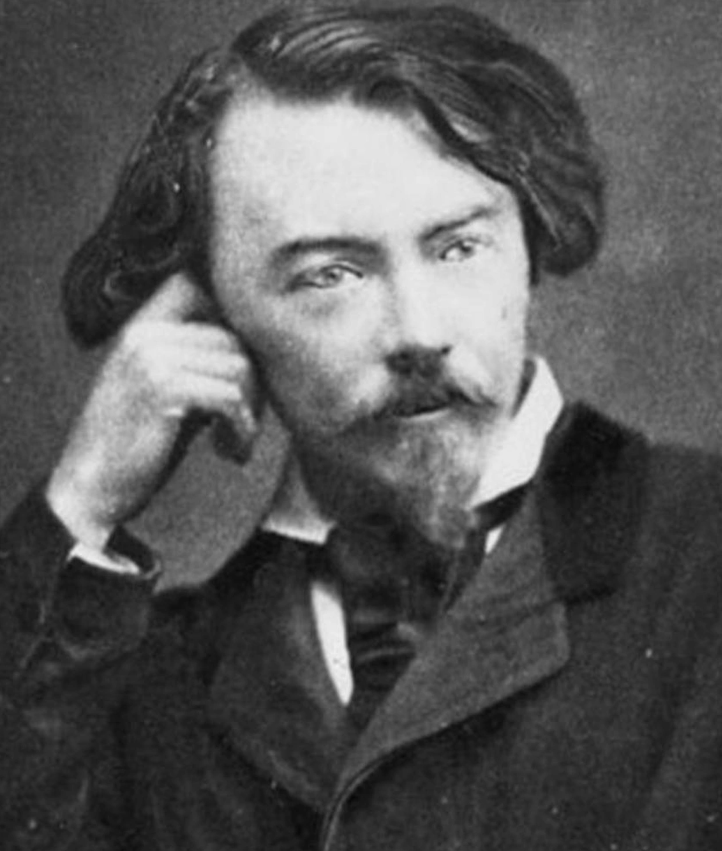ROBOCOP was released 37 years ago today. One of the most popular science fiction/action films of the 1980s and a classic example of Paul Verhoeven satire, the making of story is one you would definitely buy for a dollar…
1/37




1/37
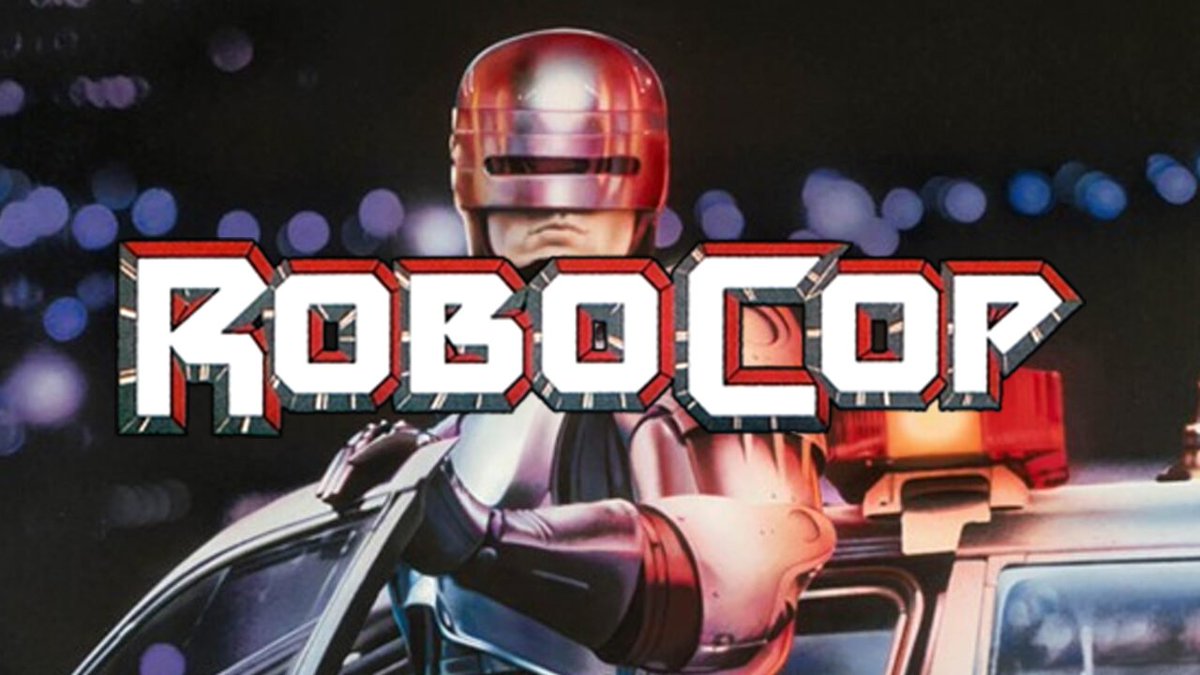
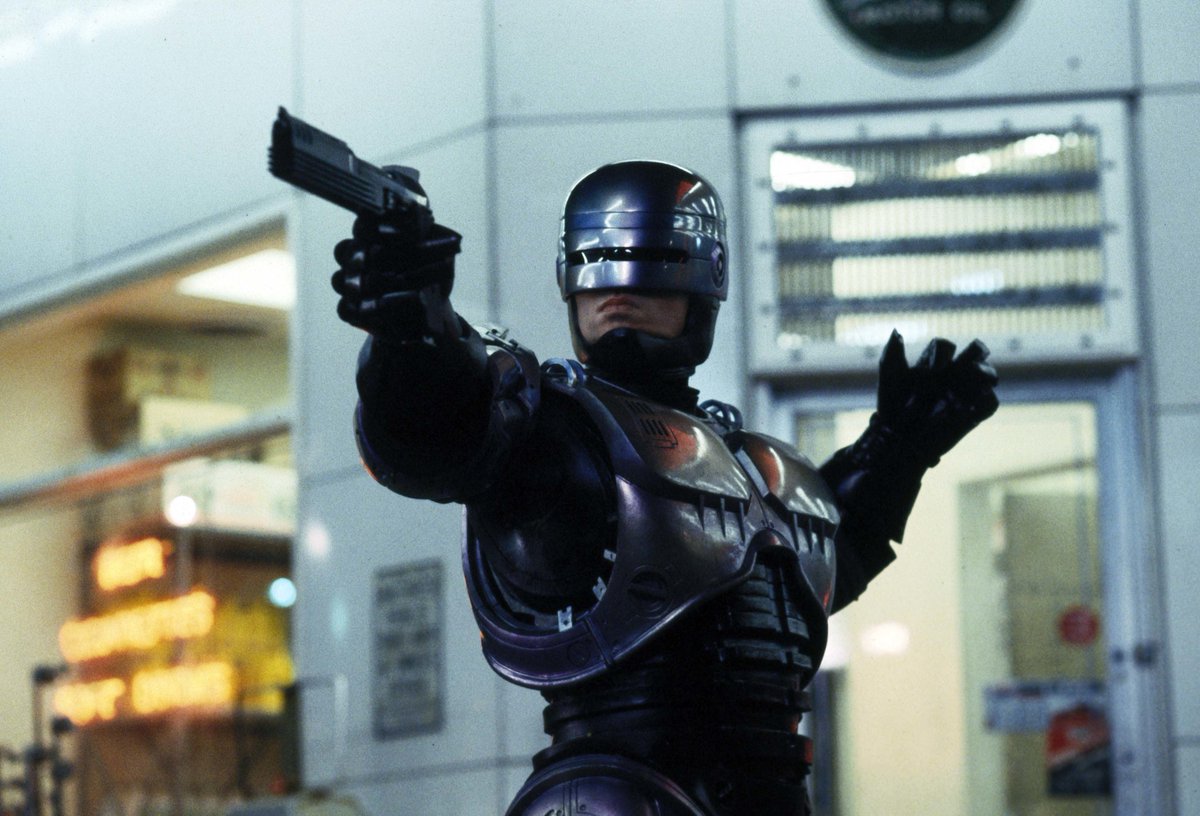
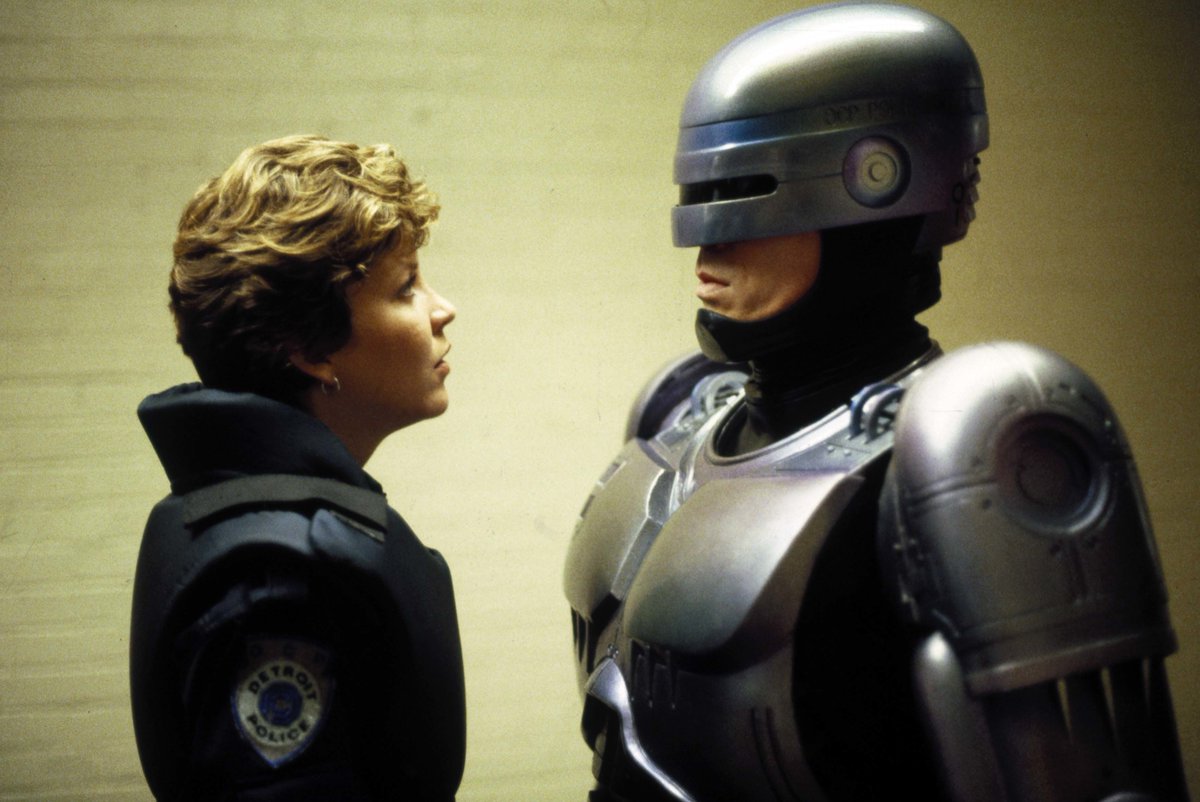
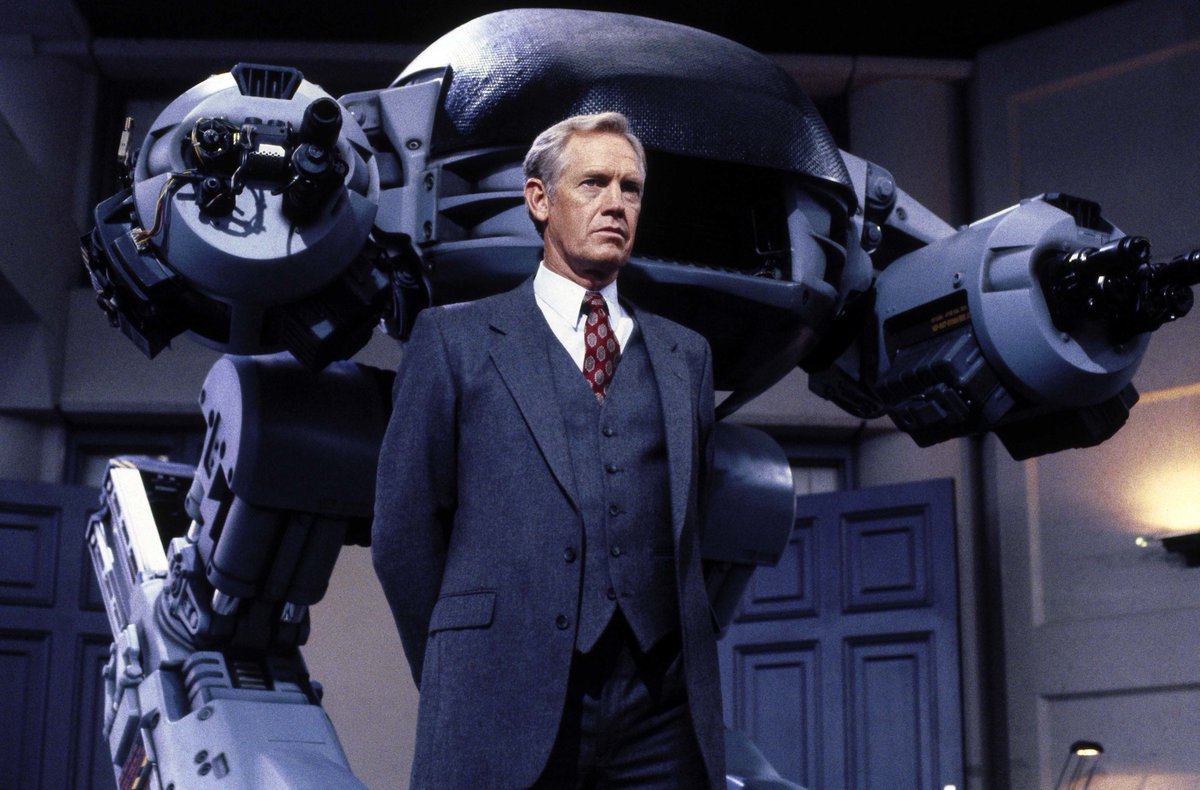
In the early 80s young screenwriter Edward Neumeier had an idea for a movie about a robot cop. He then came across student filmmaker Michael Miner who had an idea of a human cop who becomes a donor for a cyborg police officer. They felt they could combine the two ideas….
2/37


2/37

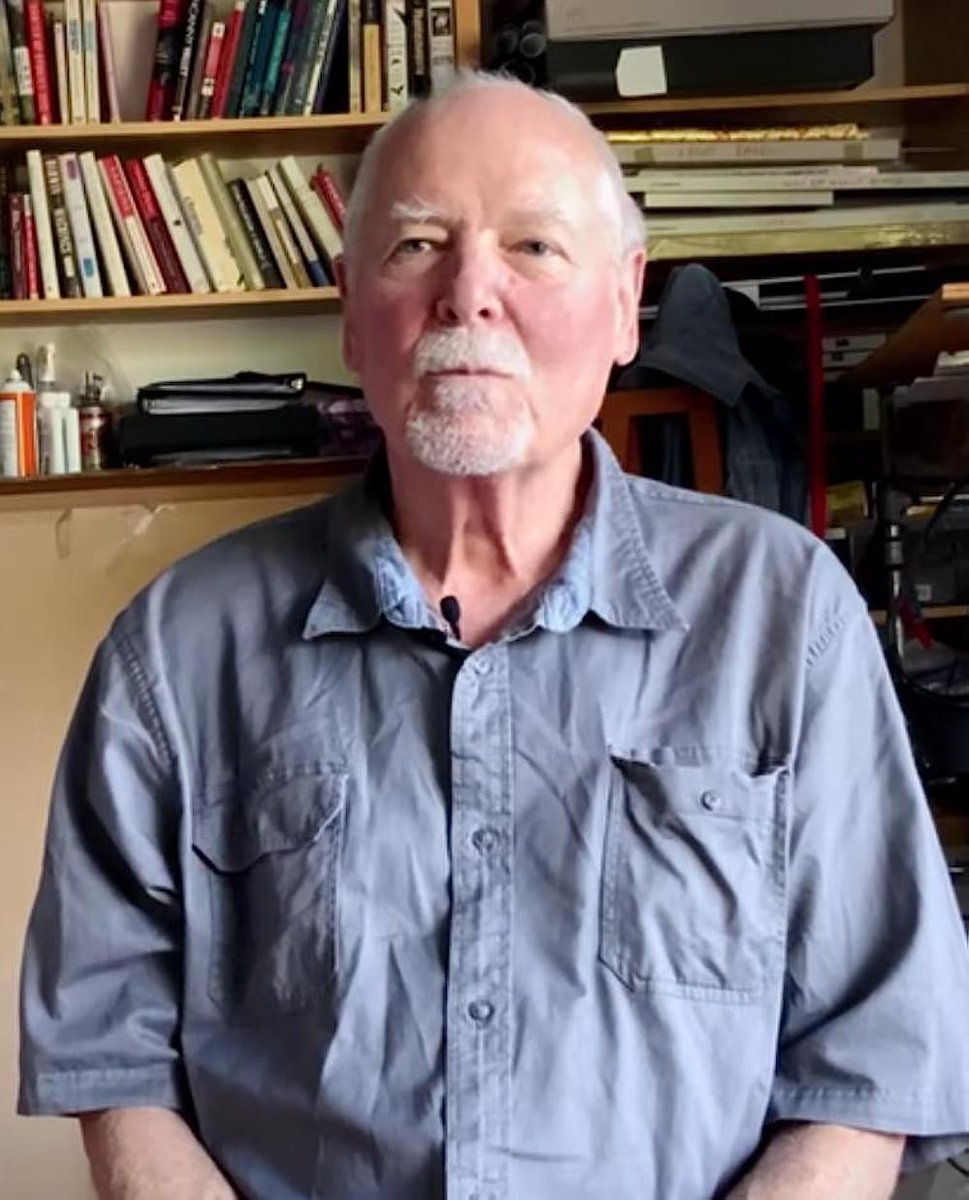
The young writers sent their first draft - RoboCop: The Future of Law Enforcement – round and got an offer from producer Jon Davison, director Jonathan Kaplan and Orion Pictures. Orion wanted to recreate their success with The Terminator.
3/37




3/37
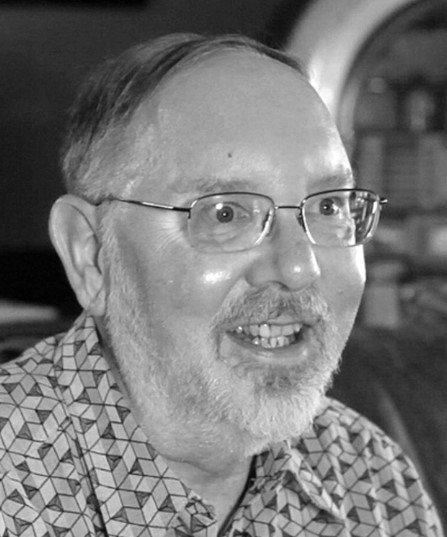
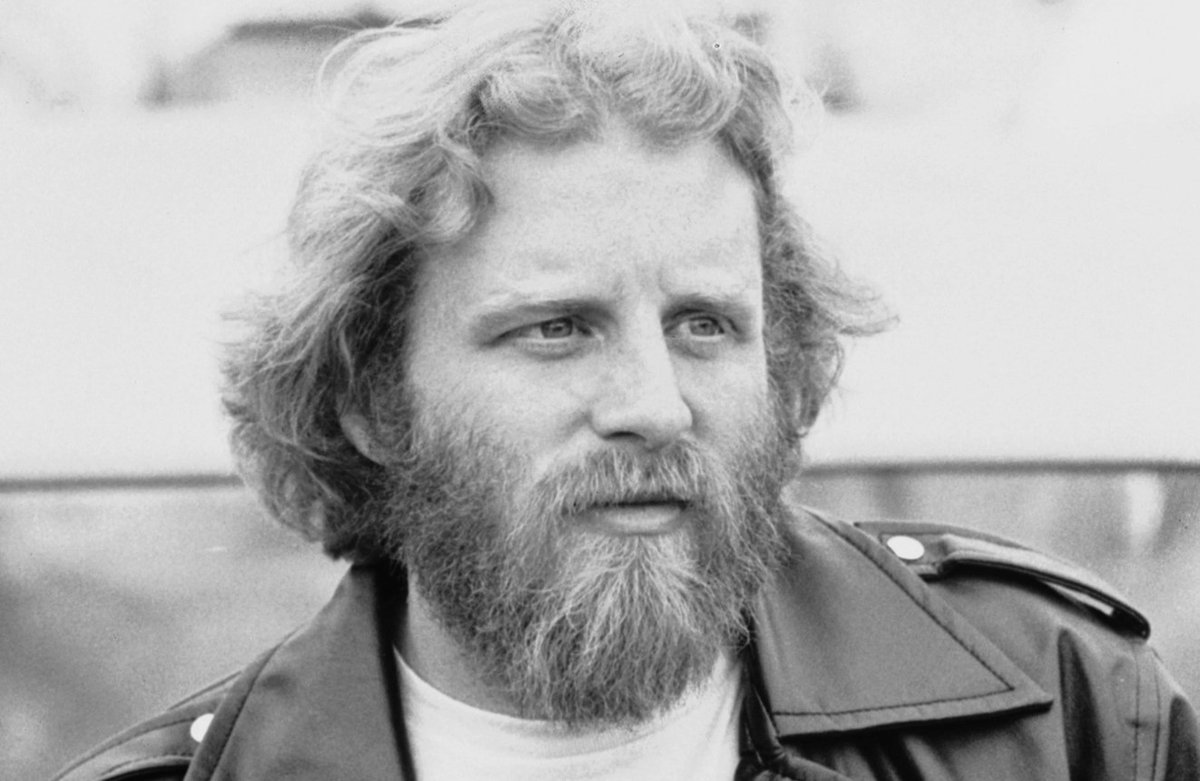
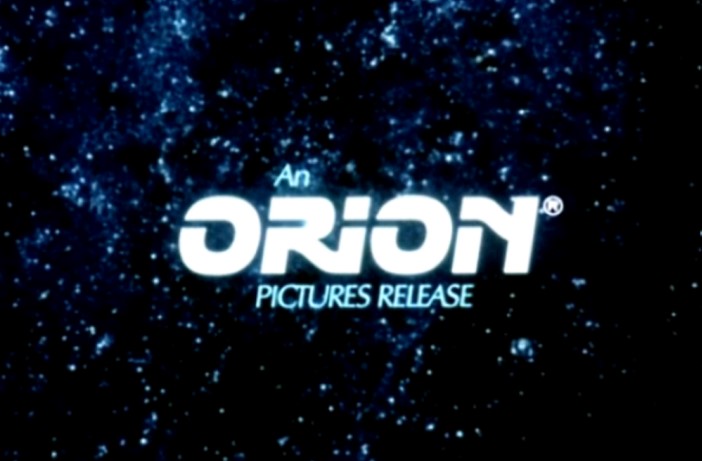
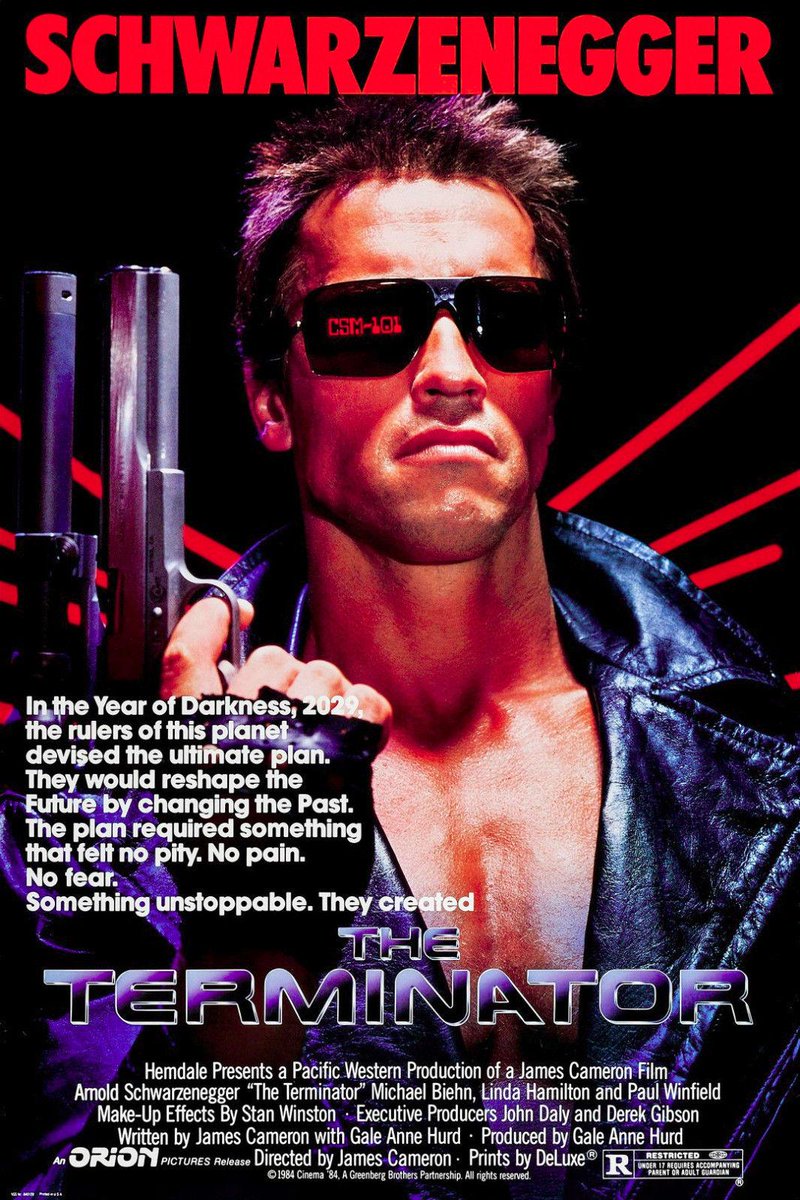
Kaplan left to direct Project X and Davison set about finding a replacement director. David Cronenberg, Alex Cox and Kenneth Johnson all turned it down. Davison said the title RoboCop made it a very hard sell.
4/37




4/37
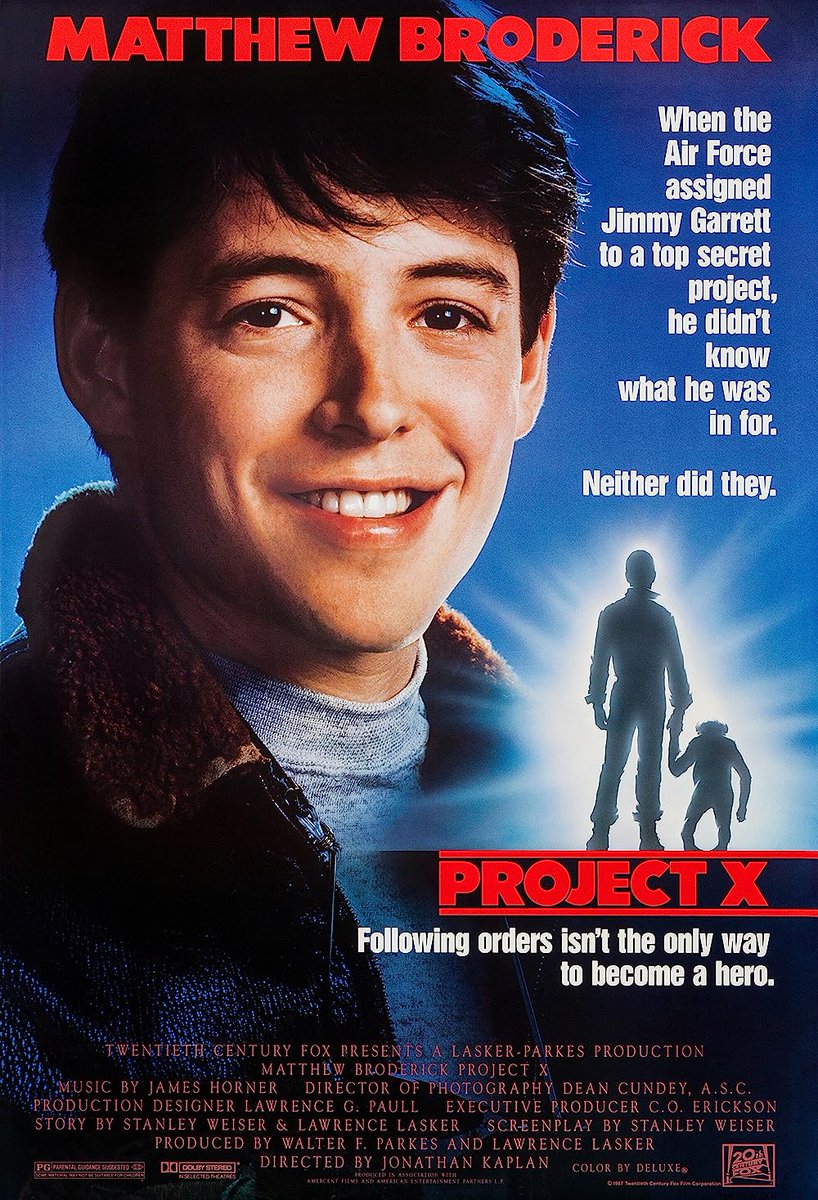
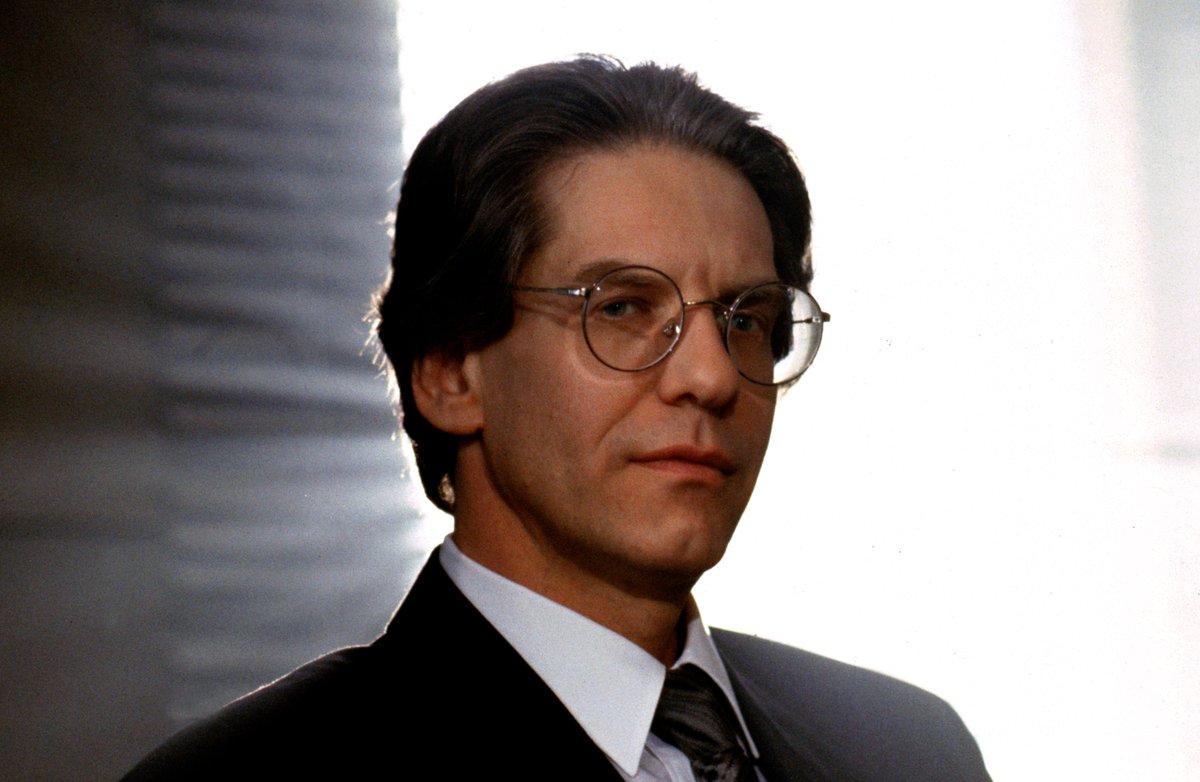
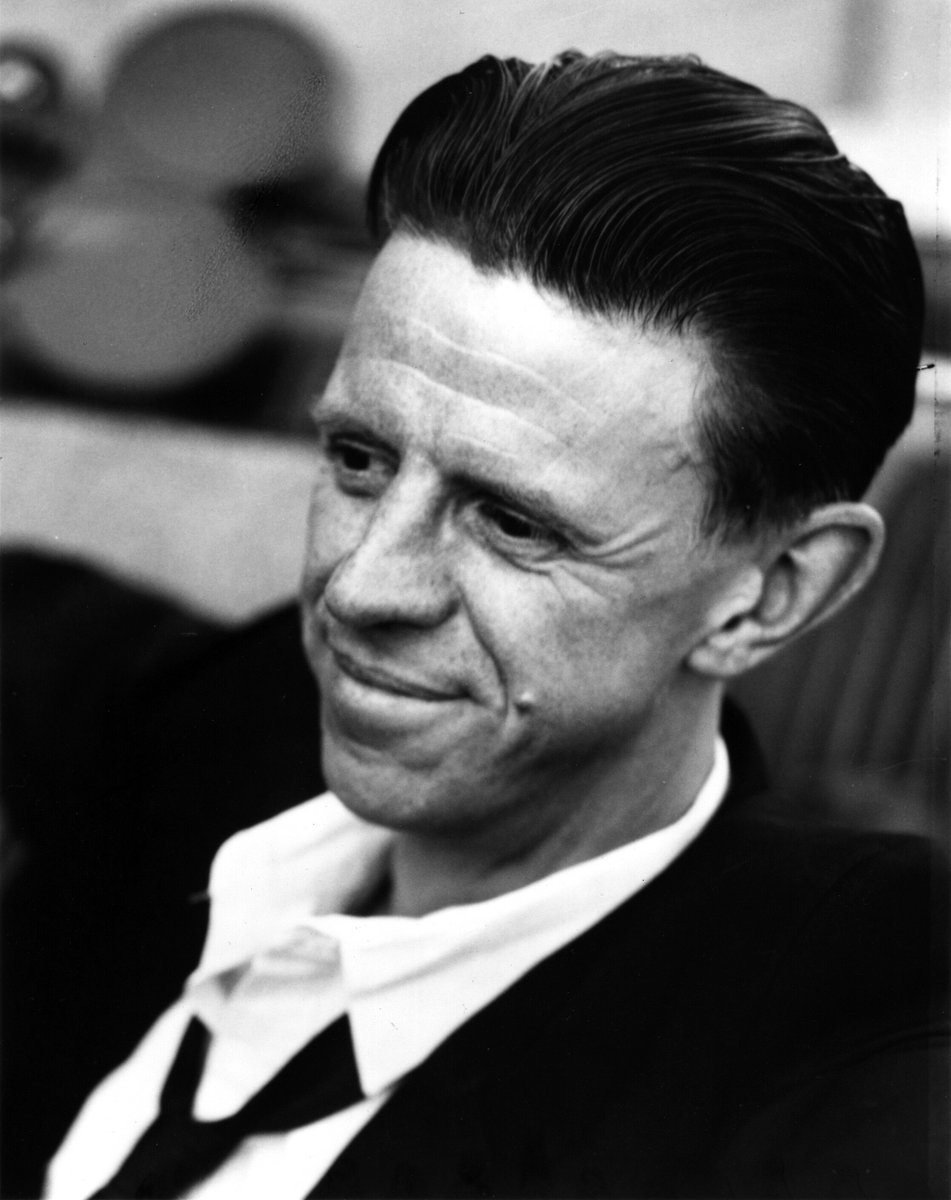
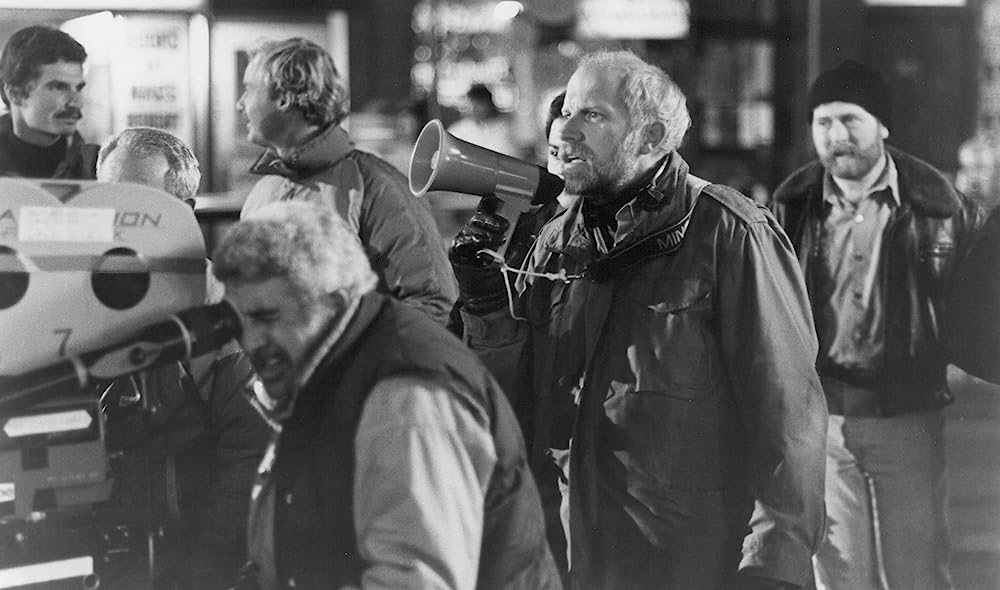
Orion executive Barbara Boyle suggested Paul Verhoeven. Davison sent him the script but he said it was awful. Verhoeven’s wife, Martine, then read it and said he’d missed the soul of the story about a man losing his identity.
5/37


5/37
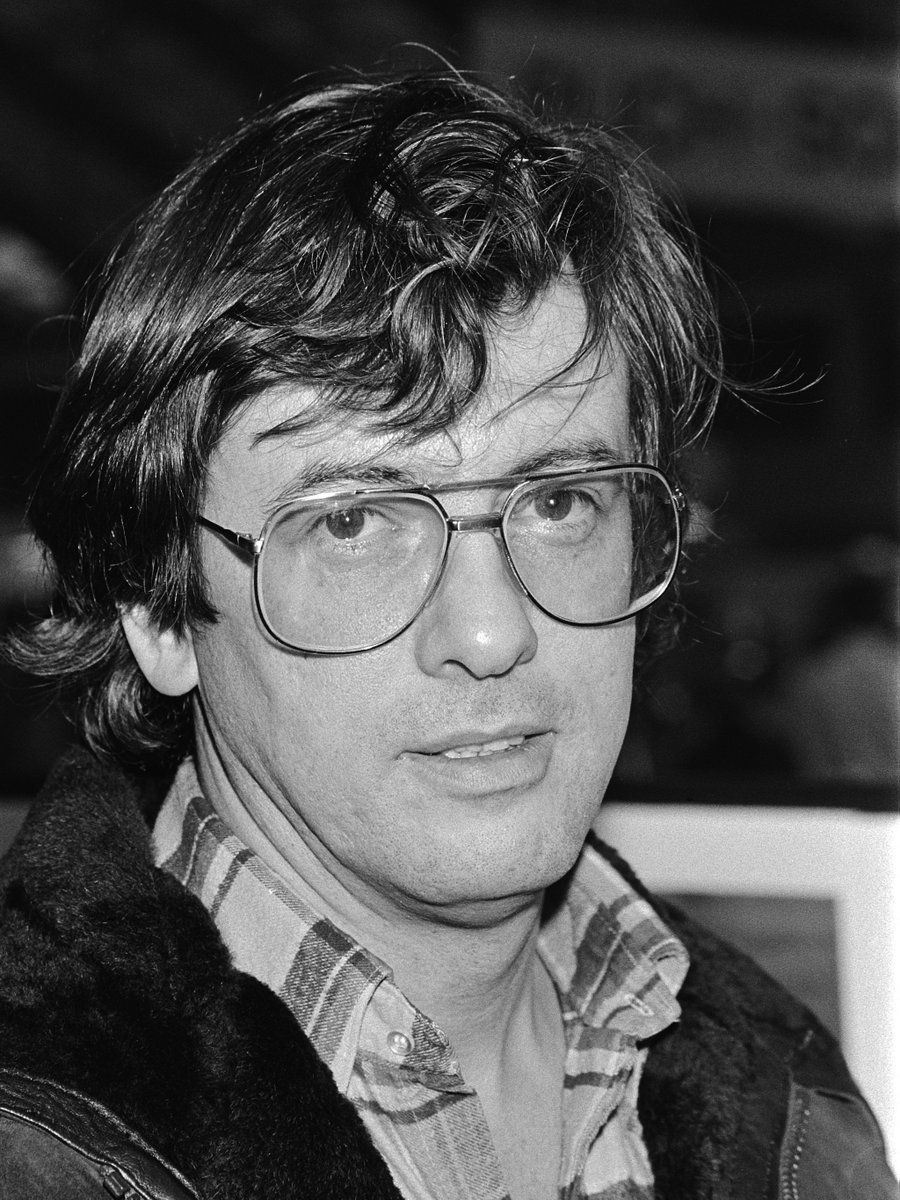
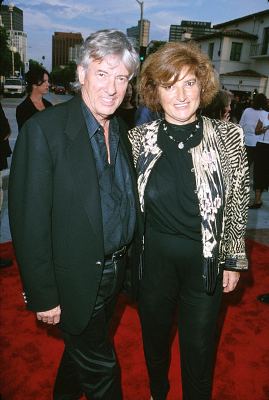
Verhoeven met with Neumeier and Davison to discuss the film. Verhoeven wanted to direct a serious film, where Neumeier wanted to bring out the satire, and gave Verhoeven 2000AD comic books as reference. Verhoeven liked the tone and took it on.
6/37


6/37
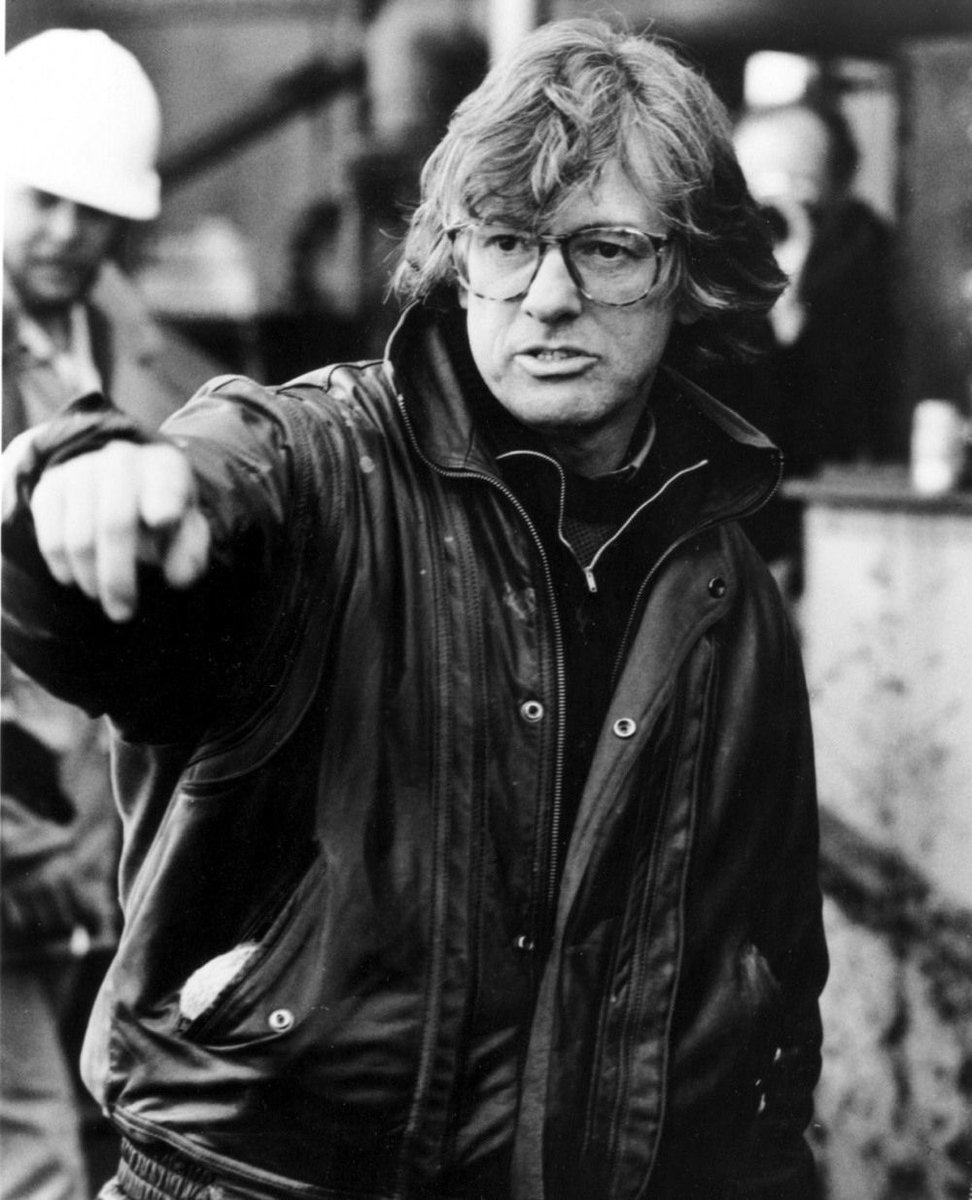
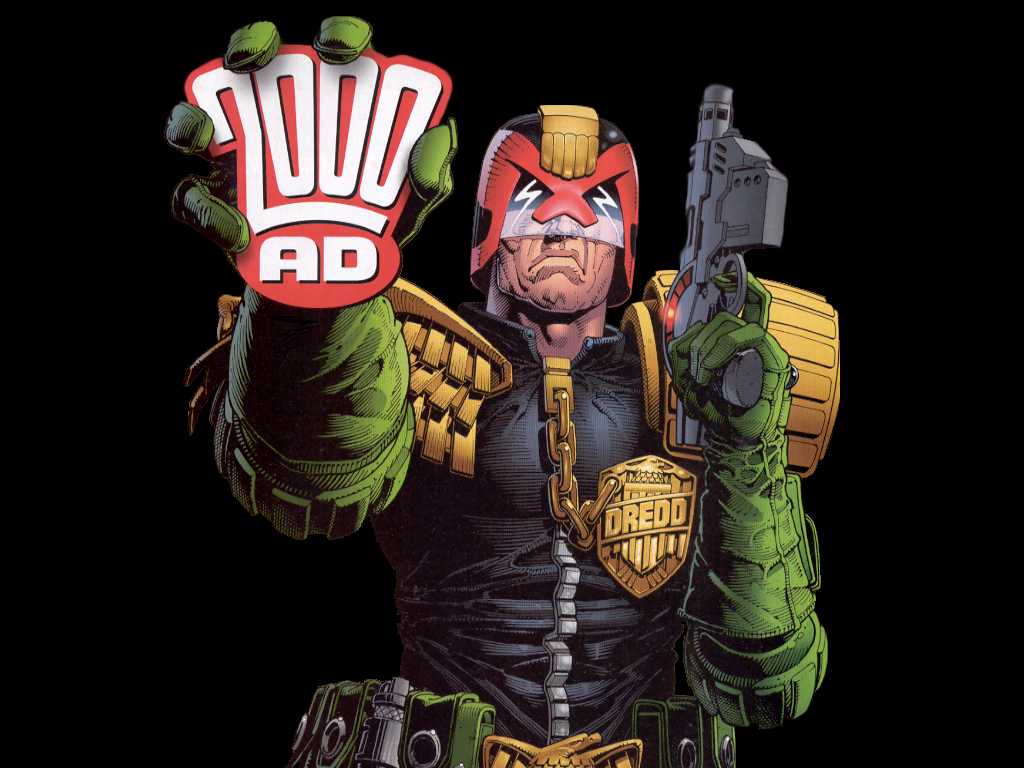
Verhoeven has 2 cameos in the film:
- His face is part of the photo fit images where RoboCop uses his data probe to identify Emil
- In the nightclub there is a guy laughing manically, this is Verhoeven
7/37


- His face is part of the photo fit images where RoboCop uses his data probe to identify Emil
- In the nightclub there is a guy laughing manically, this is Verhoeven
7/37
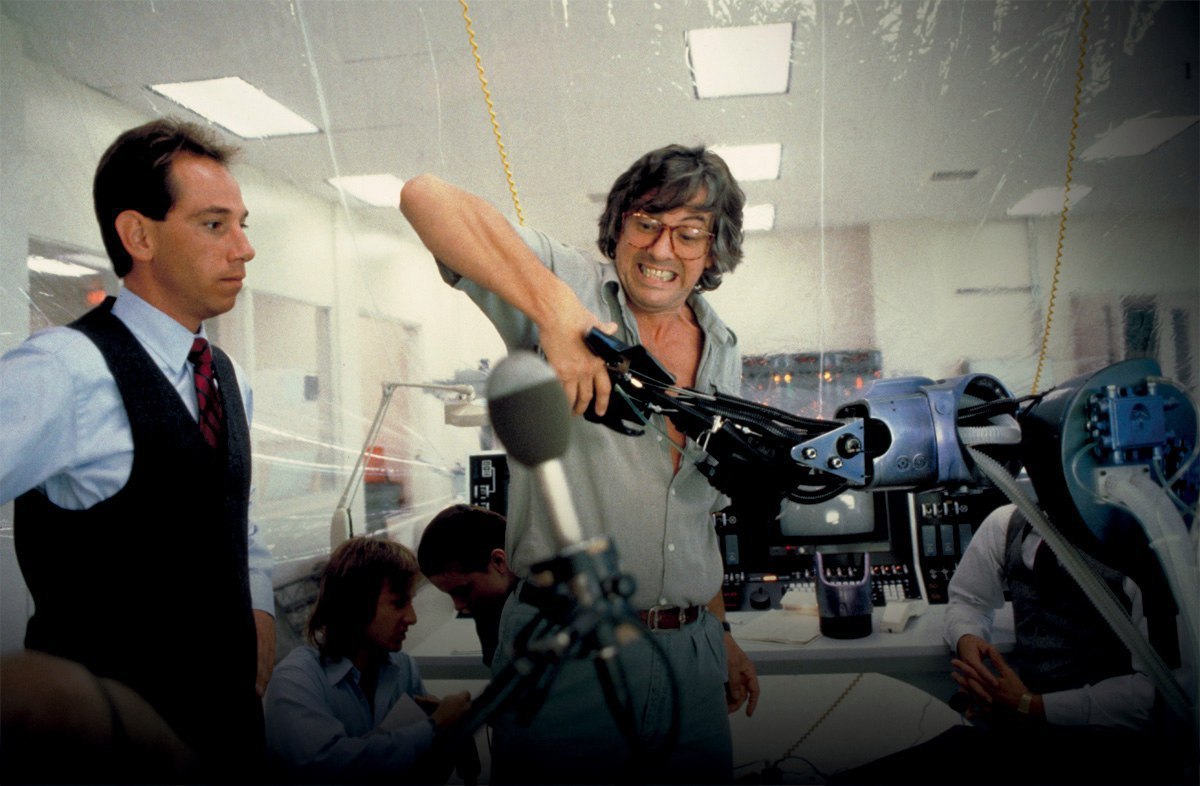
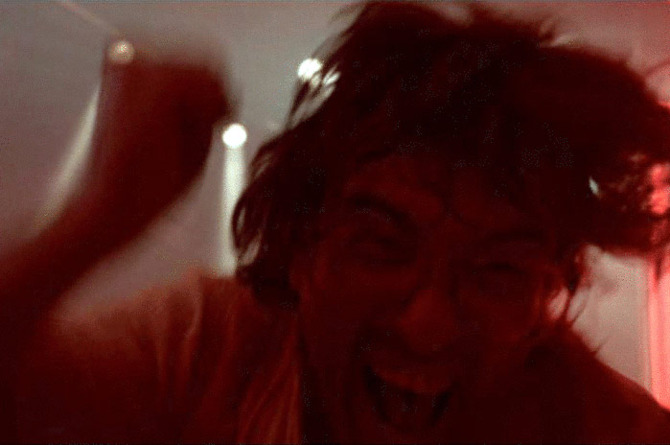
Rutger Hauer and Michael Ironside were top of Verhoeven’s list to star as Murphy but their physical frames were too big for the suit. Armand Assante and Arnold Schwarzenegger were also names mentioned.
8/37




8/37
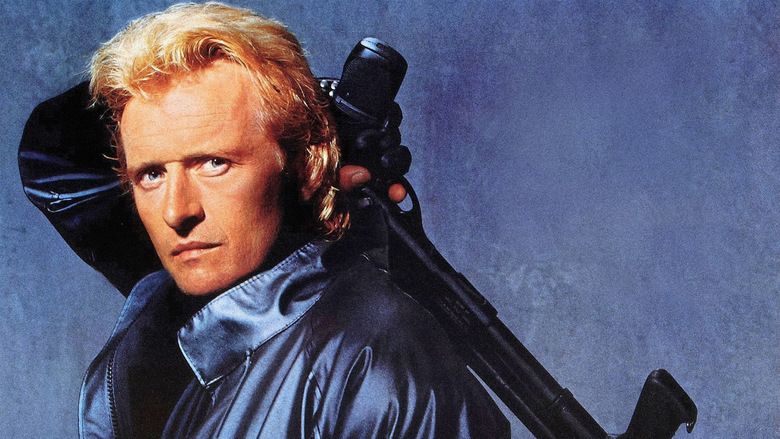
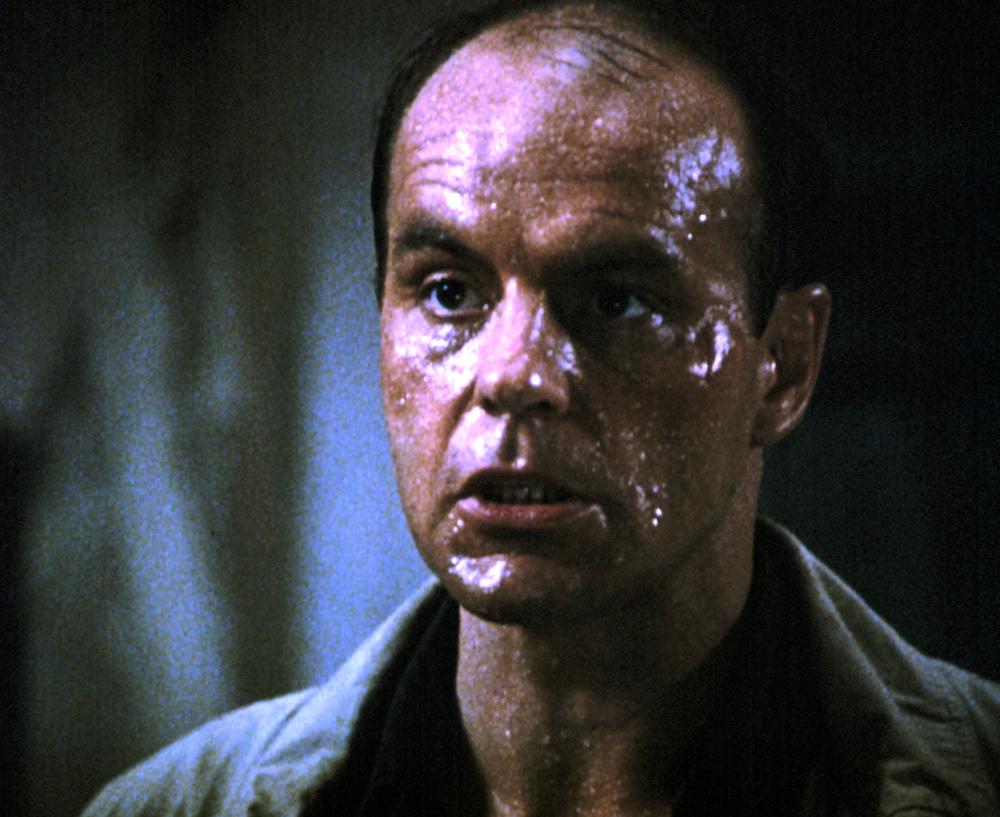
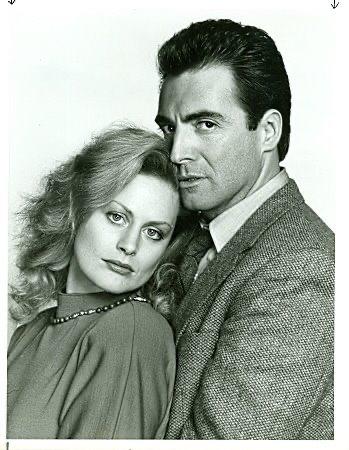
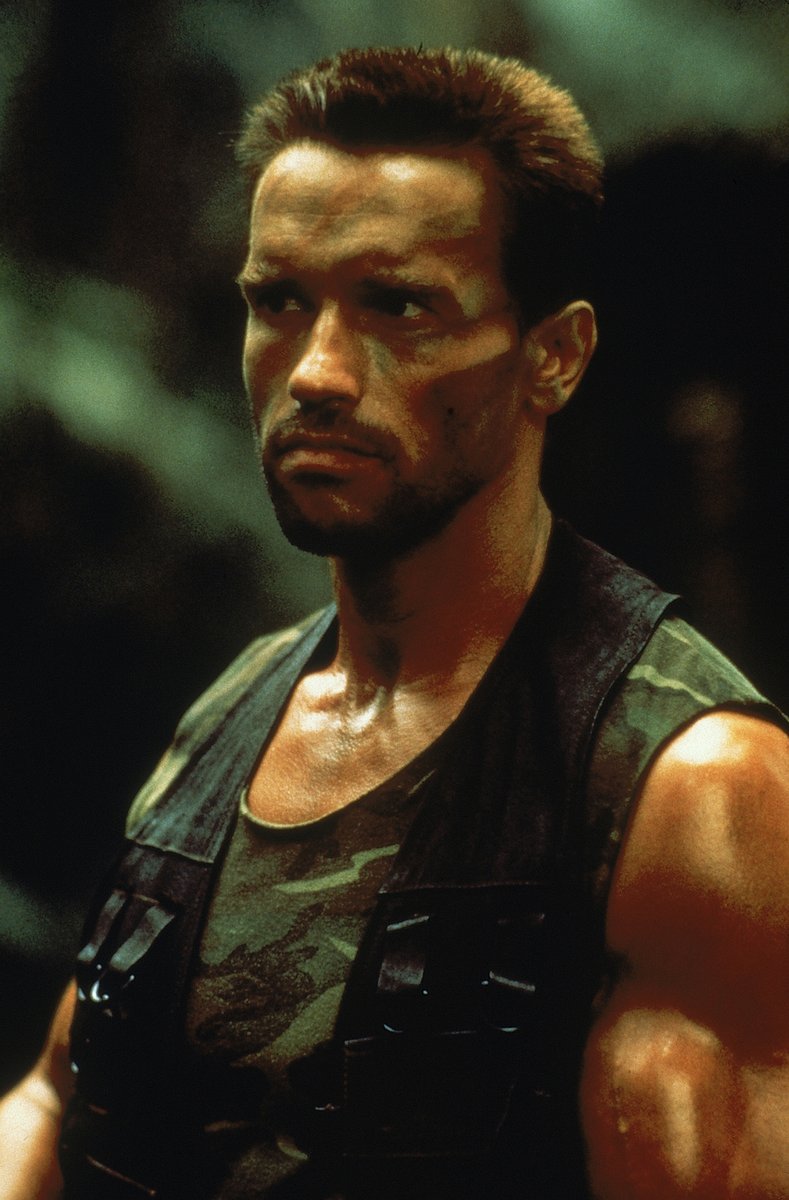
Verhoeven got a call from an agent suggesting Peter Weller. Weller had martial arts training, was slender enough to fit in the RoboCop suit and was able to convey pathos with the bottom half of his face. He was cast by Verhoeven.
9/37


9/37
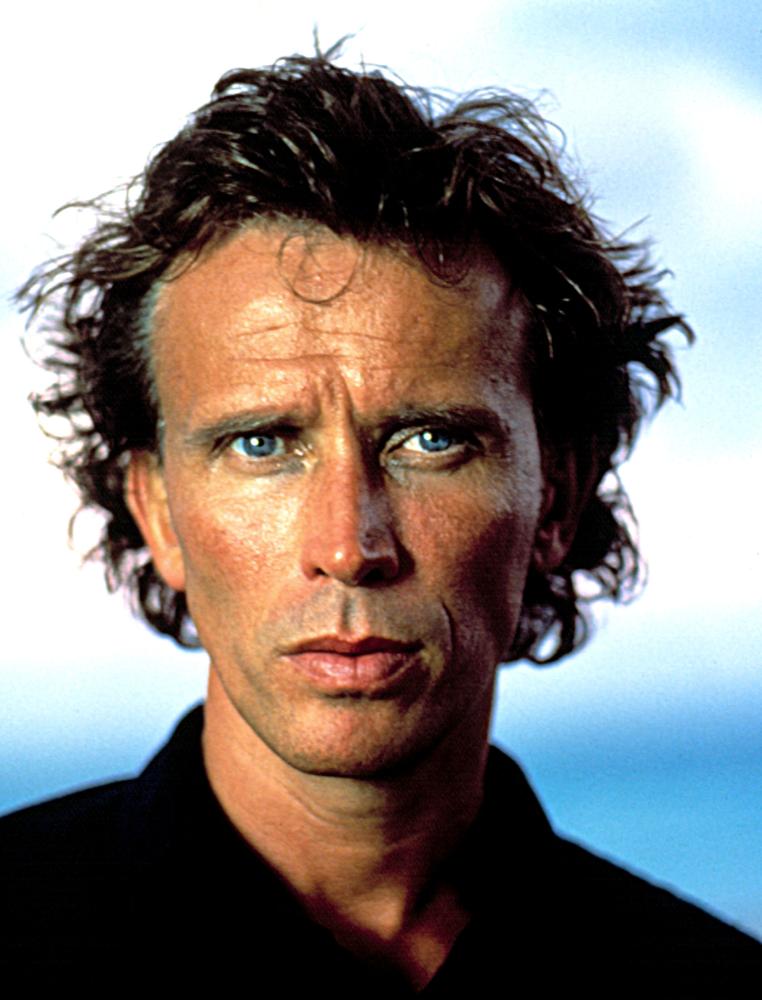
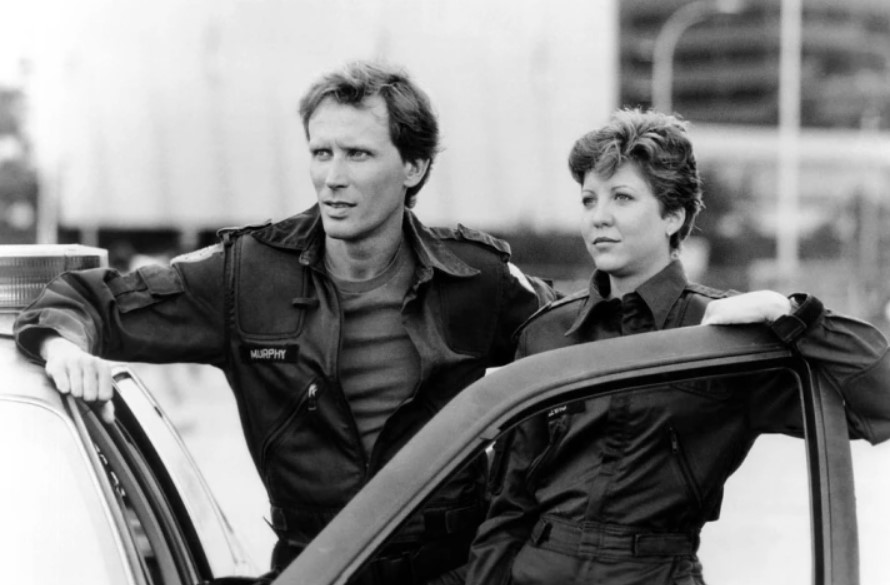
Weller originally wanted to stay in character during the entire shoot and, for a time, responded only to being called Robo. He abandoned this after a few weeks when the crew made fun of him constantly.
10/37


10/37
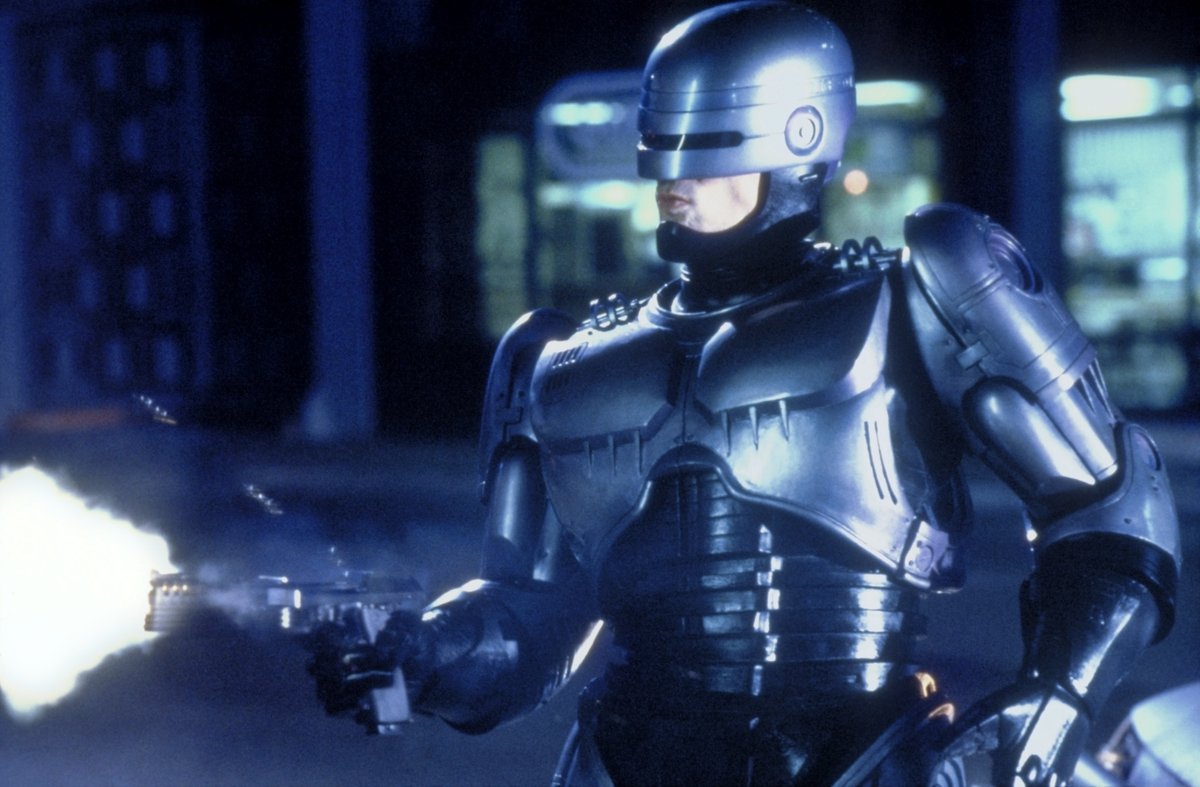
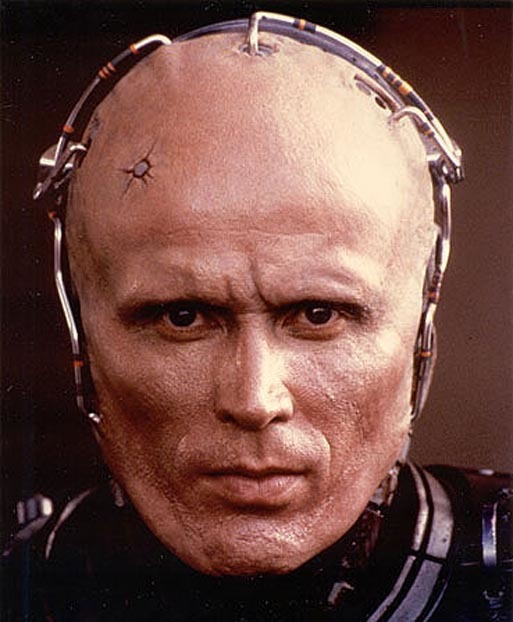
Murphy’s sidekick is Lewis, and Stephanie Zimbalist was cast. She became available after her TV show, Remington Steele, was cancelled. After that was reversed though, Zimbalist had to pull out. Verhoeven turned to his second choice, Nancy Allen and cast her as Lewis.
11/37


11/37
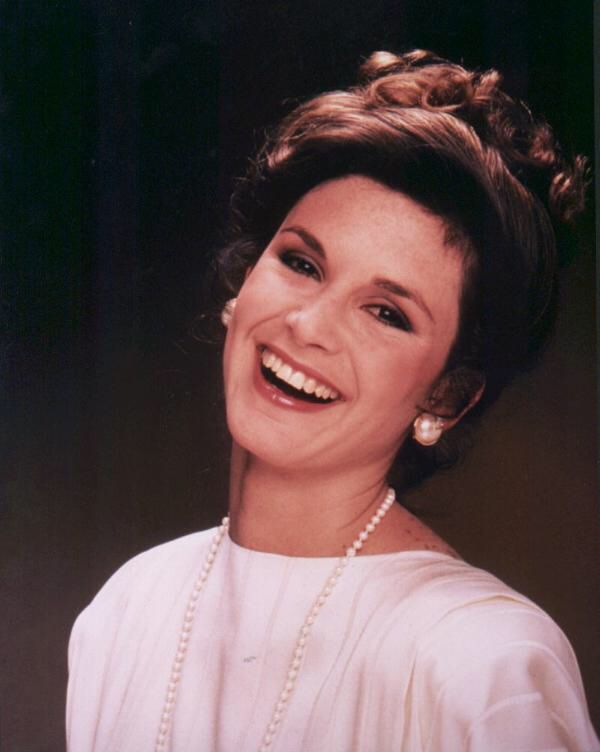
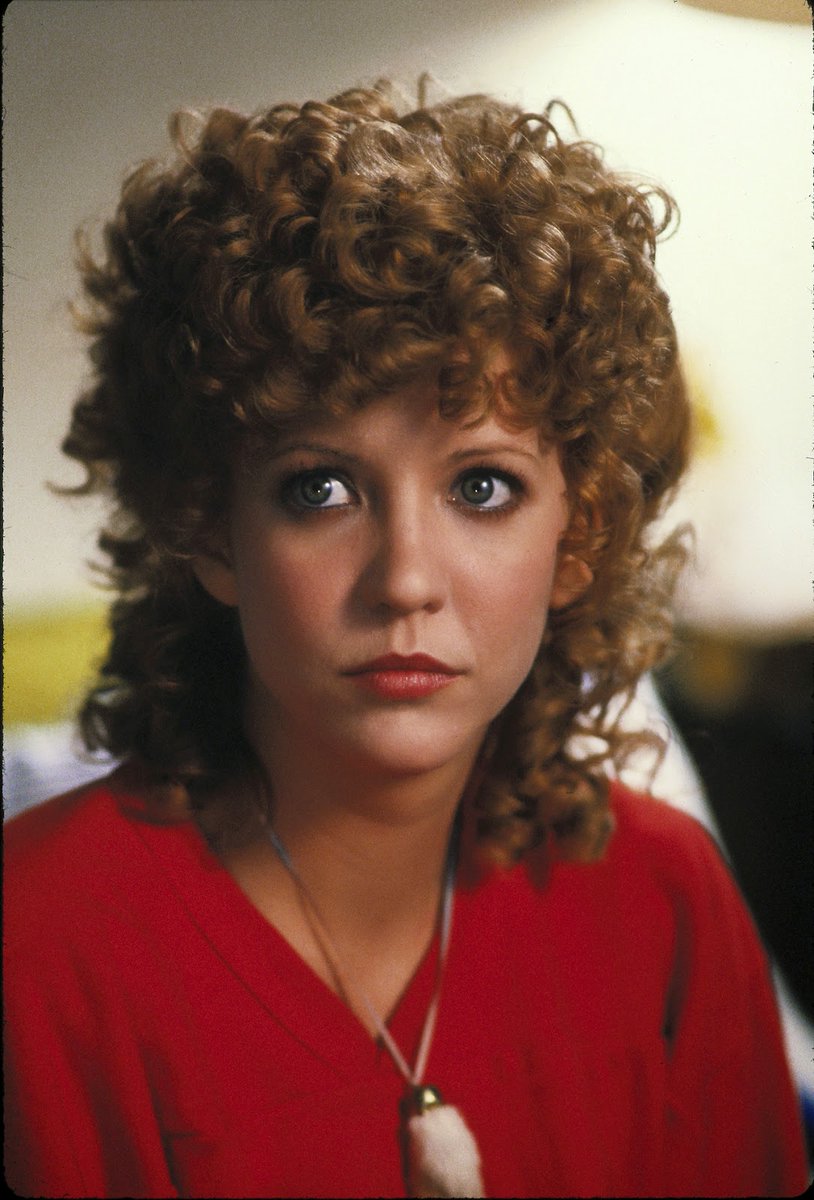
Verhoeven requested Allen cut her long blonde curls for the role to desexualise her as he wanted no romantic connection to Murphy. Allen went to police academy training to learn how to shoot guns – and took advice from her Dad - a New York Cop.
12/37



12/37
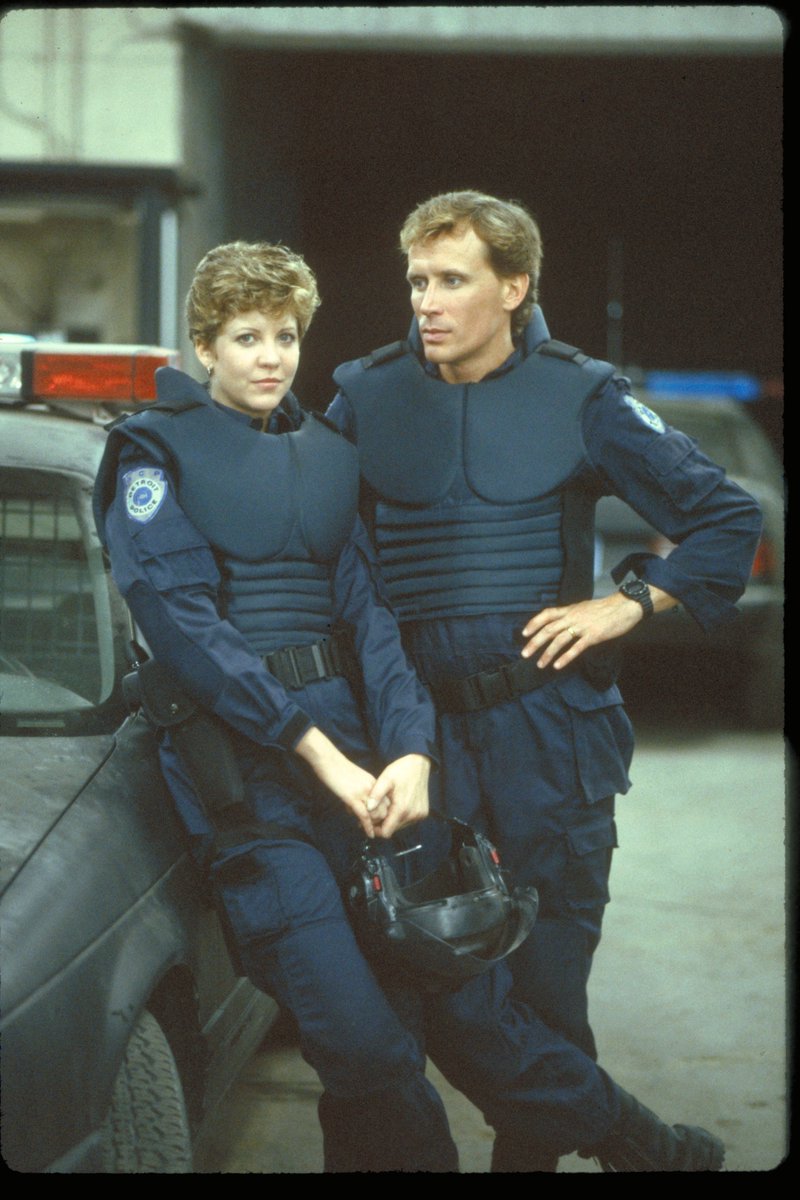
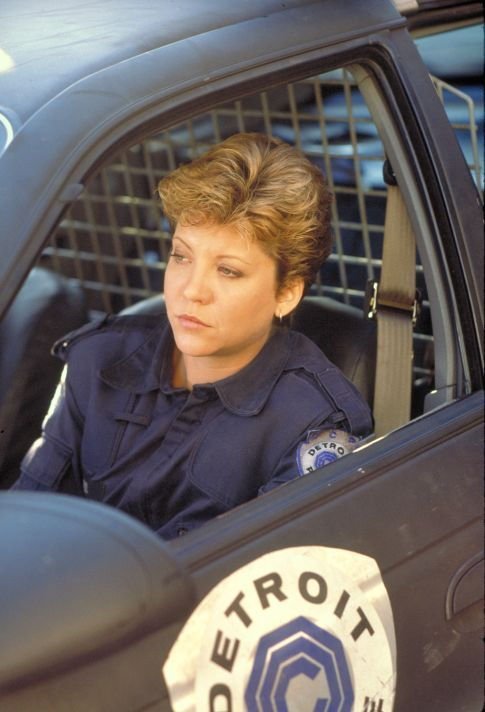
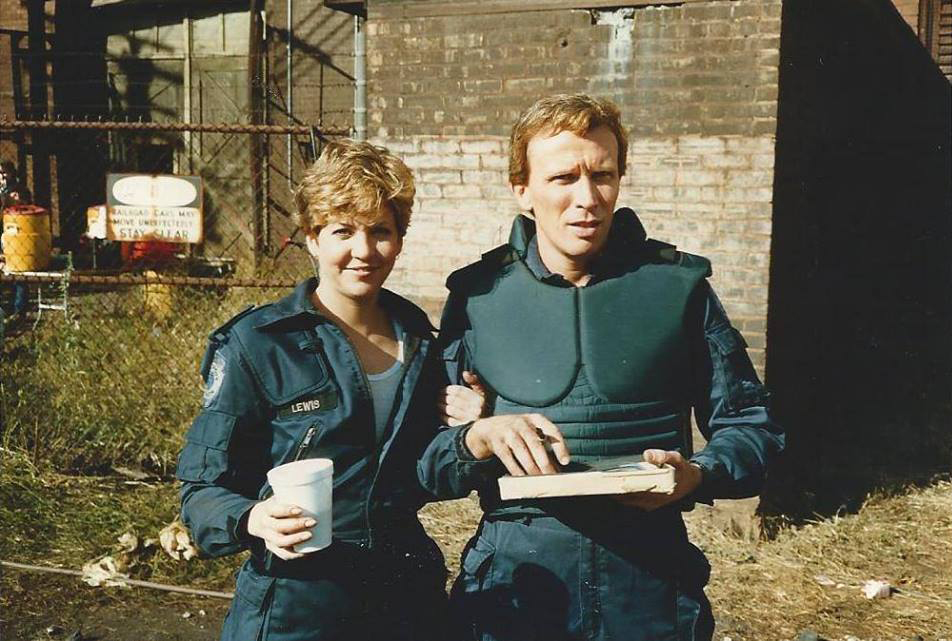
For villain Clarence Boddicker, Verhoeven wanted Kurtwood Smith. Smith thought it was going to be some crappy B movie until he looked up Verhoeven’s other work and said “Oh, my God! This guy’s great! This movie is gonna be much more interesting than I thought!”
13/37


13/37
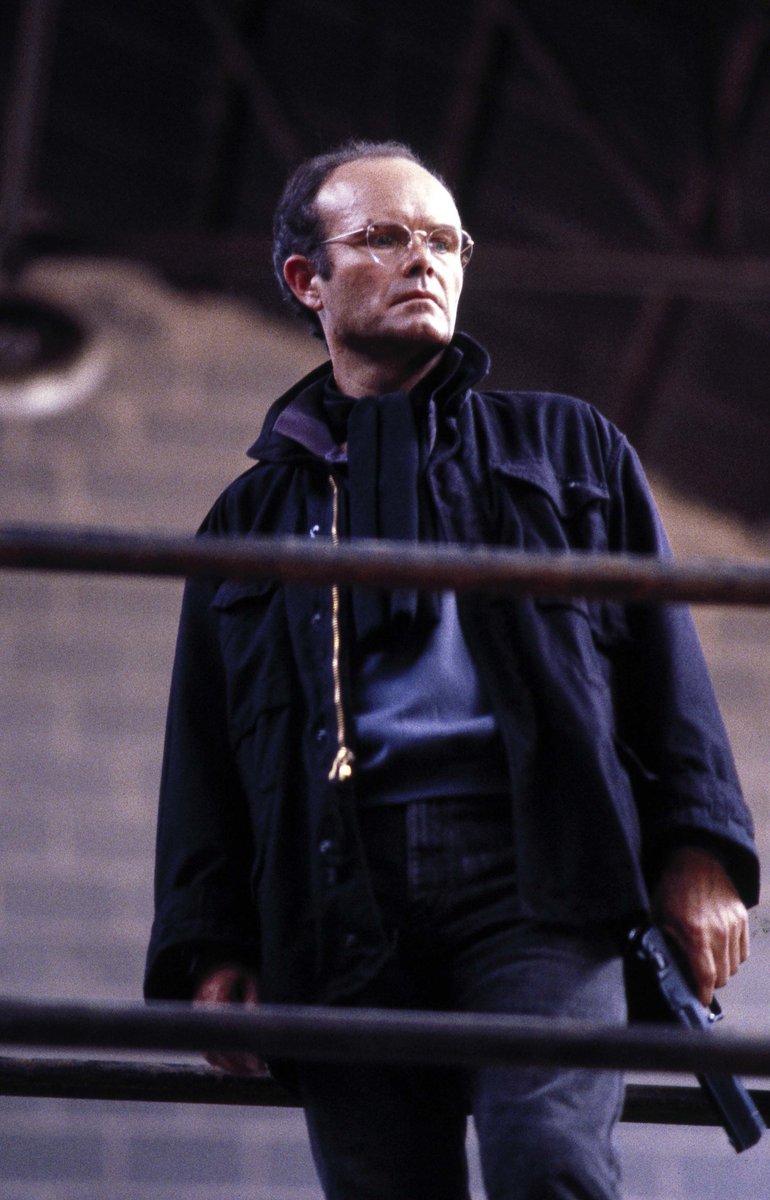
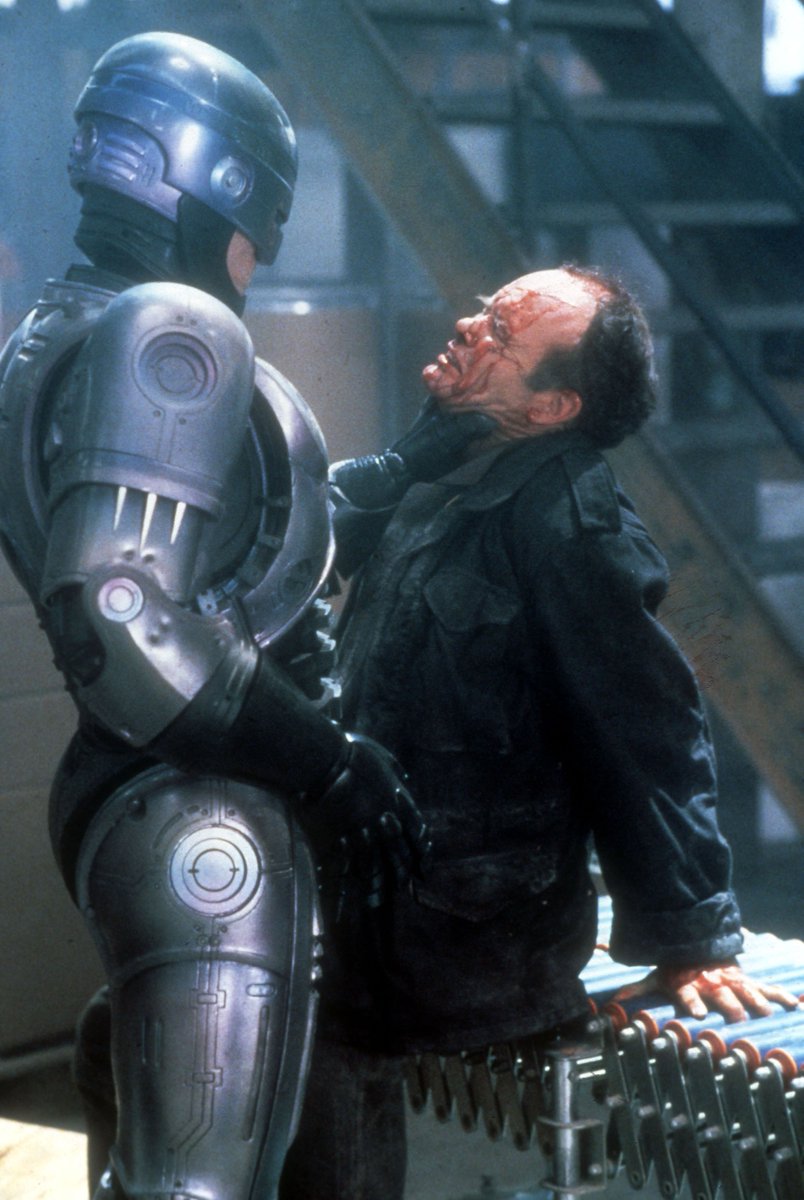
Verhoeven cast Smith specifically against type - at the time he was known for playing intellectual types. Verhoeven decided to have him wear glasses to have a disparity in the character’s actions and appearance. And also to draw comparisons to Henrich Himmler.
14/37


14/37
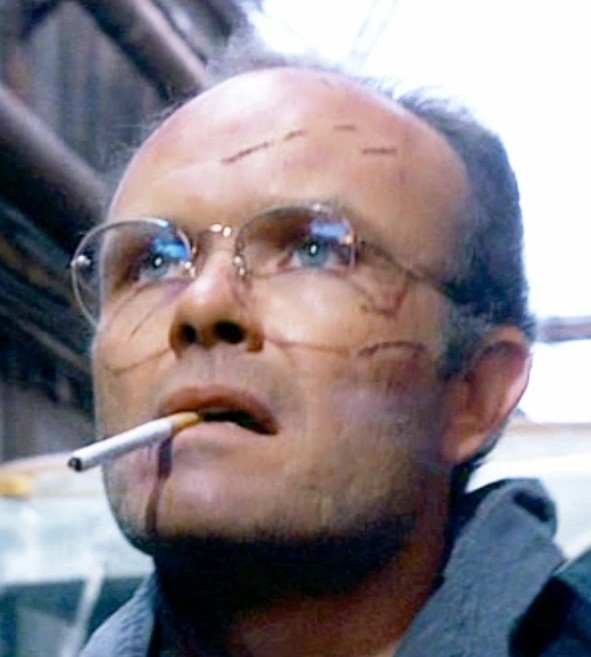
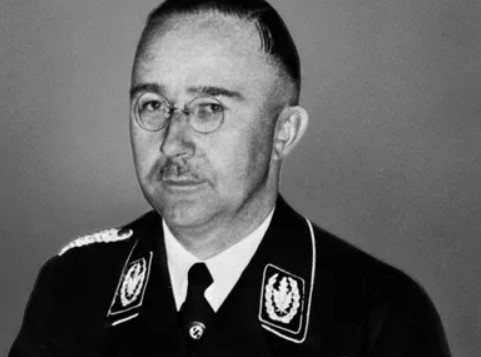
Smith threw himself into the role. He improvised the lines “can you fly, Bobby?” and “Give me my f***ing phone call” and also putting his fingers into Sal’s wine.
15/37


15/37
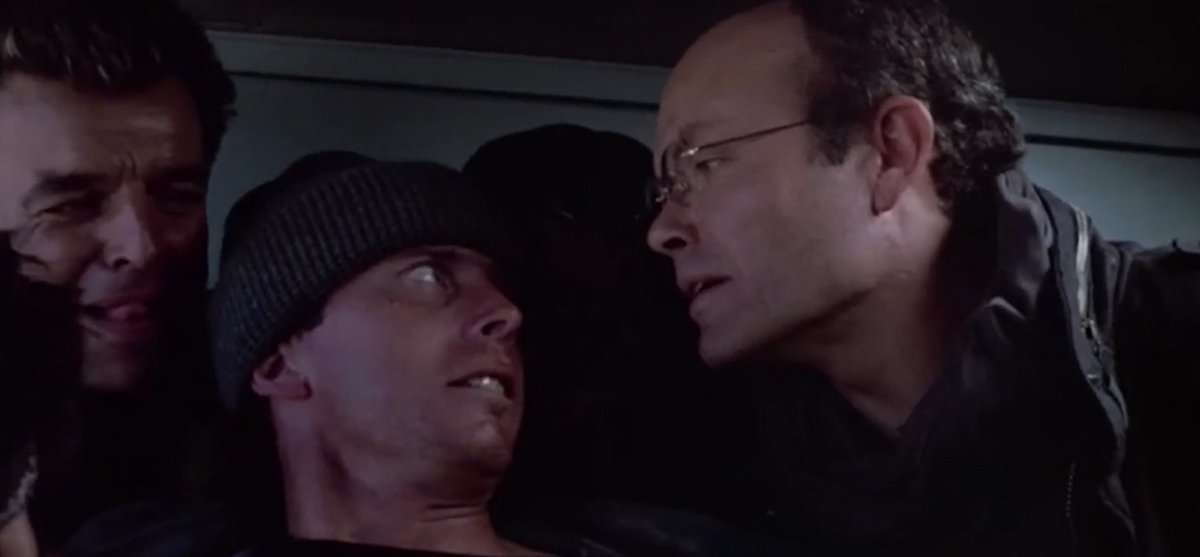
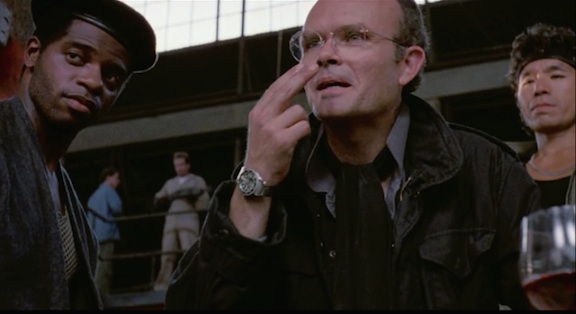
Ronny Cox had been stereotyped as playing nice guys. Because of this, Verhoeven cast him as Dick Jones. Cox said playing a villain was "about a gazillion times more fun than playing the good guys. Jones is an evil son of a bitch".
16/37


16/37
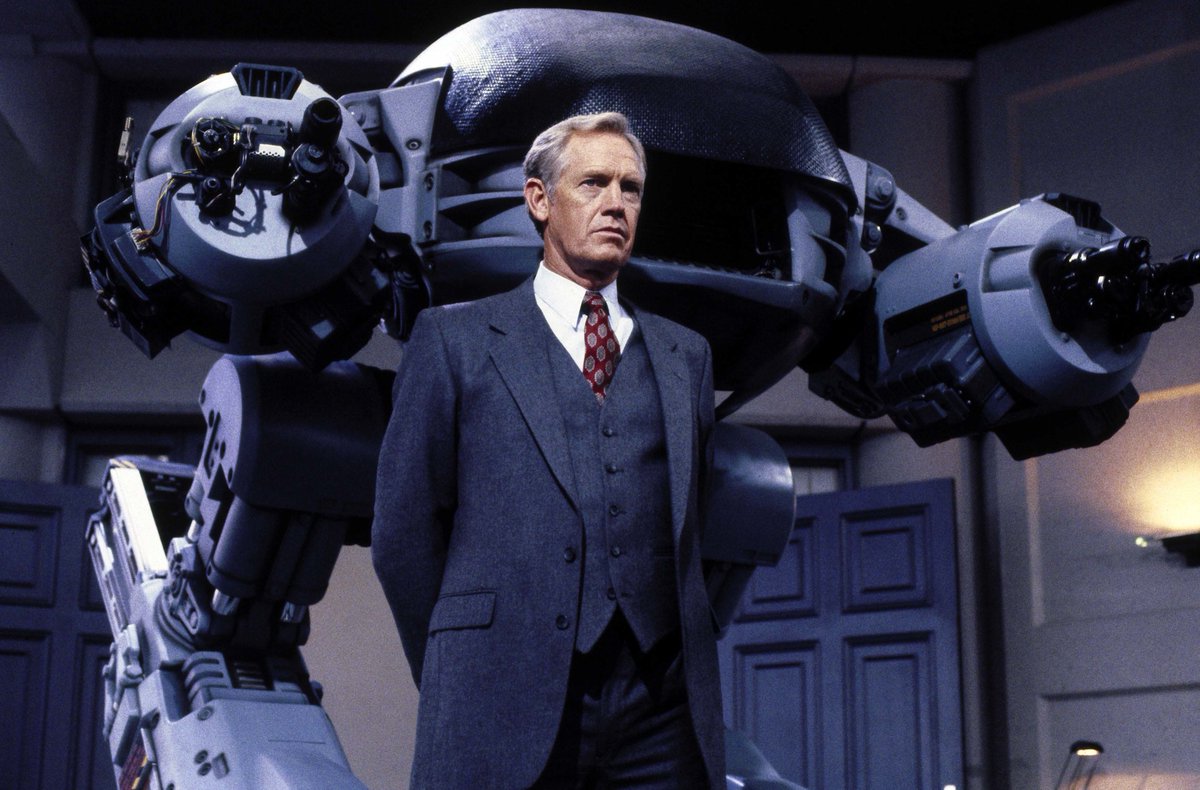
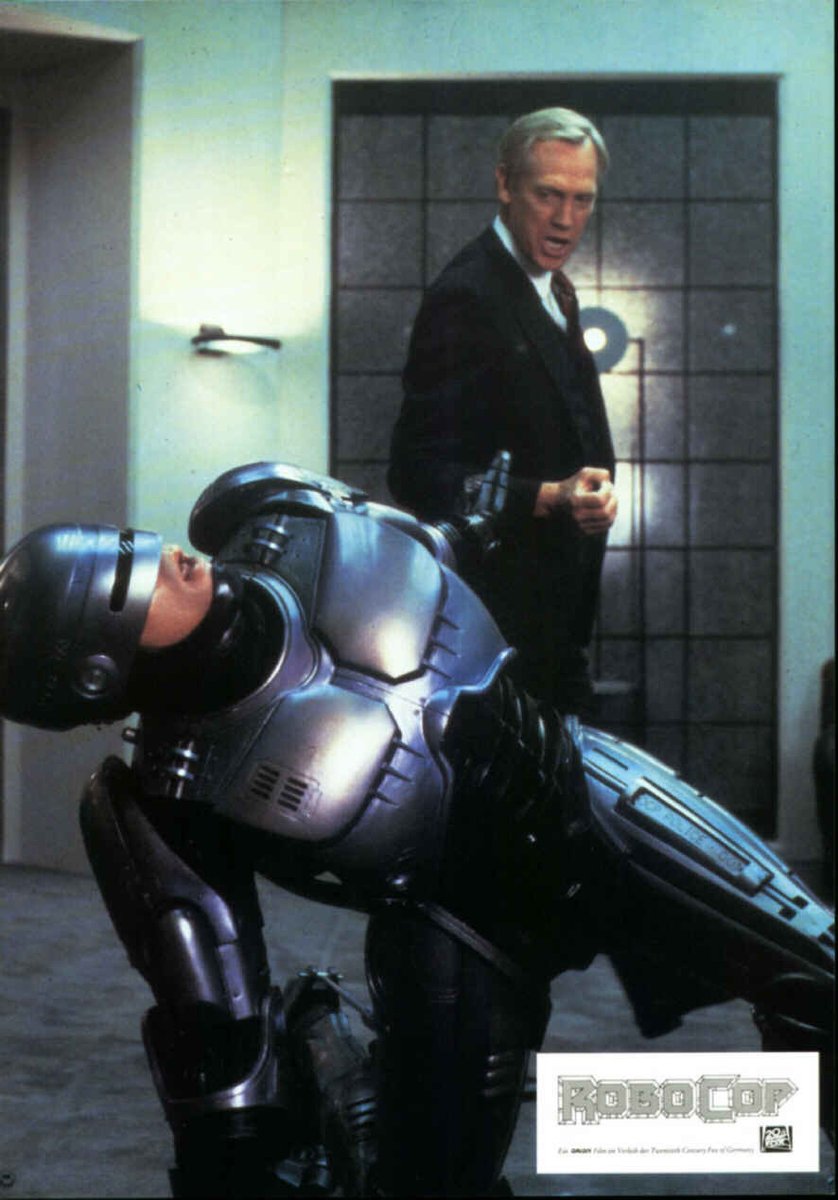
Verhoeven hired the composer he worked with on Fresh & Blood - Basil Poledouris – to write the music. The electronic percussion and synthesizer music represents the machine elements and the human part of the character is represented by the orchestra.
17/37


17/37
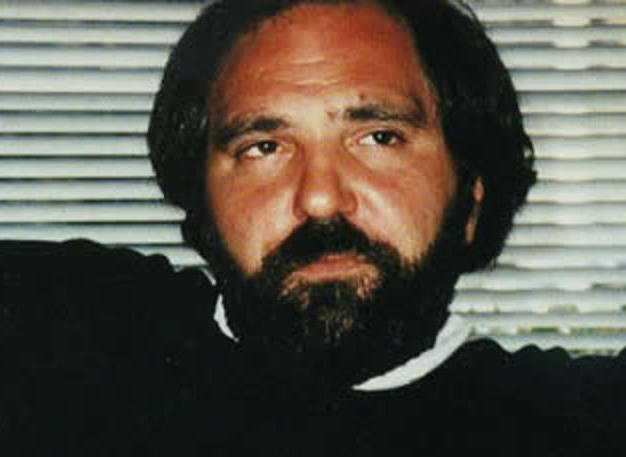
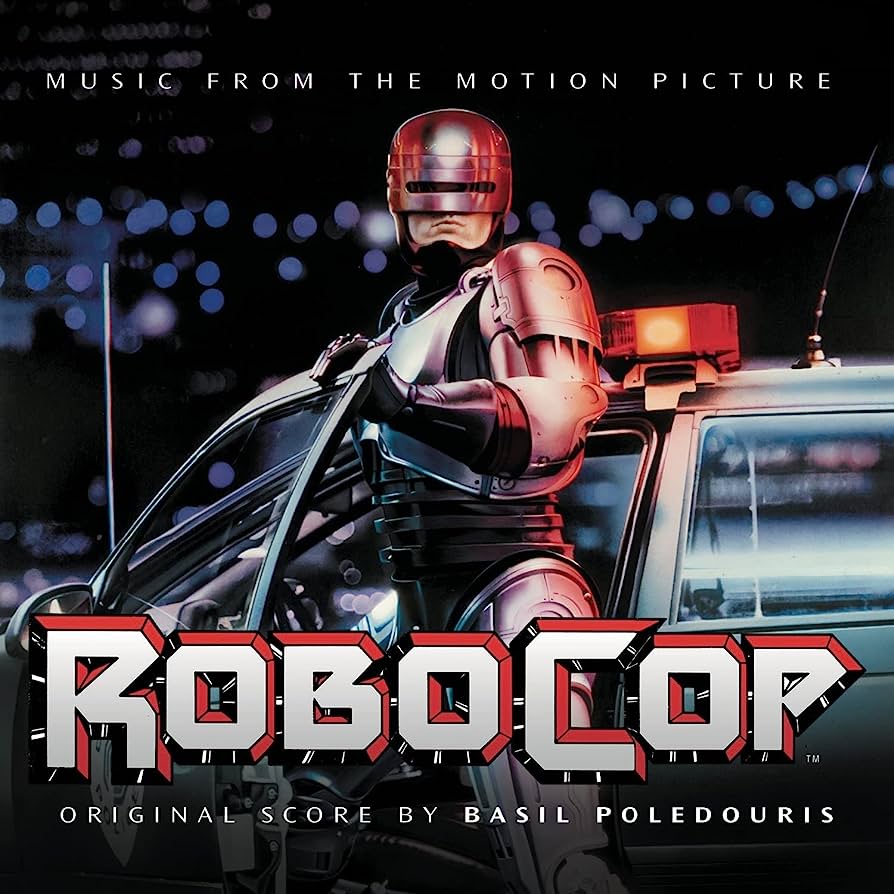
Rob Bottin was approached by the studio to create the RoboCop suit because of his amazing work on The Thing. $1 million was allotted for the design of the suit and build of 6 working models for Weller to wear.
18/37


18/37
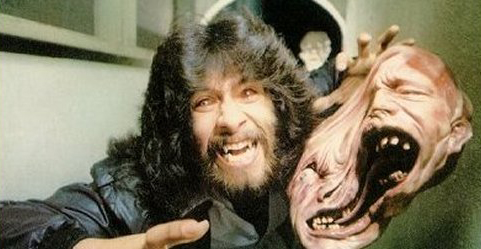
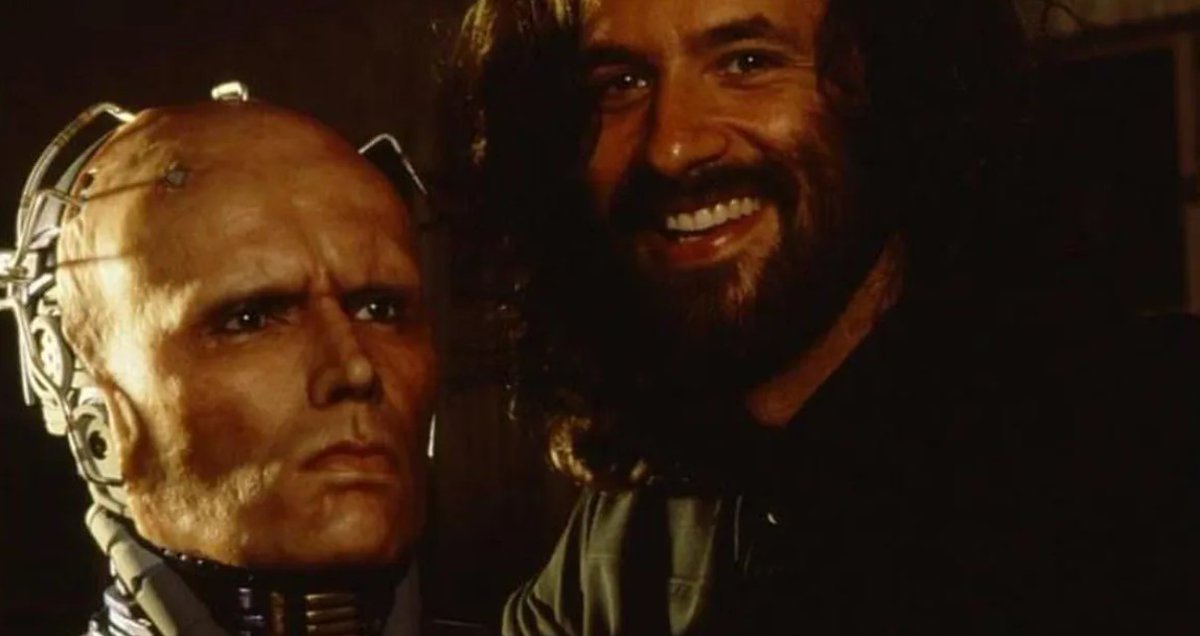
The studio loved Bottin’s early design’s but requested a few adjustments. Neumeier, Verhoeven and Bottin set to work on changing it which Bottin wasn’t happy with. He said that he done around 50 concepts for Robo, much more than he’d done on any other film.
19/37



19/37
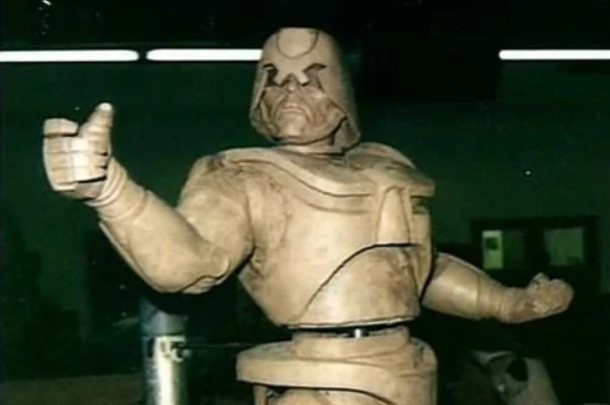
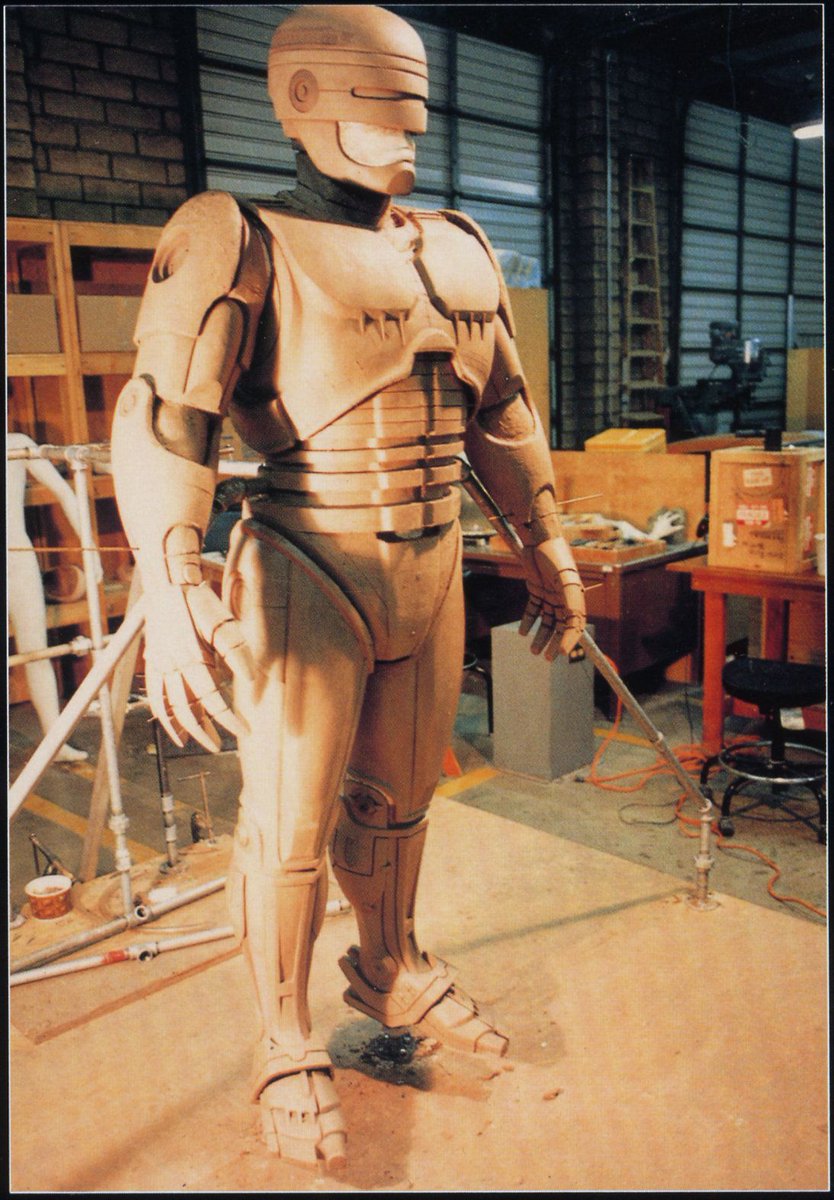
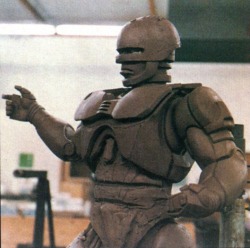
Eventually, the suit was brought more in line with Bottin’s original concept: more human in design. In the words of Verhoeven “We f***ed it up completely.” He called it “a huge artistic explosion” between him and Bottin.
20/37


20/37
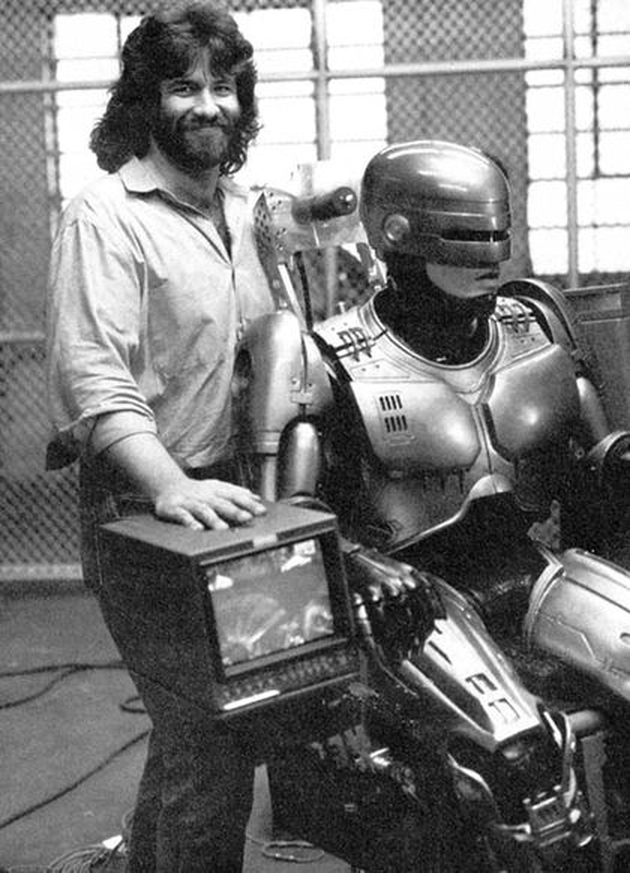
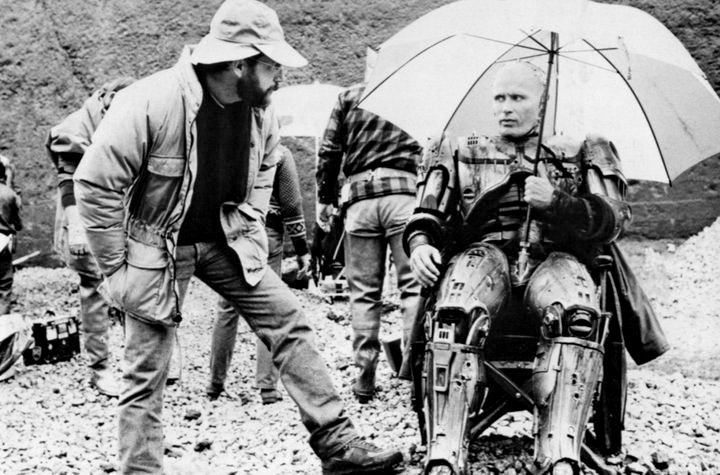
Because of the delays, the suit wasn’t delivered until the day of the first shoot and it was far too heavy. Weller said that Verhoeven had went crazy and everyone was arguing on set: “they were about ready to kill each other.”
21/37


21/37
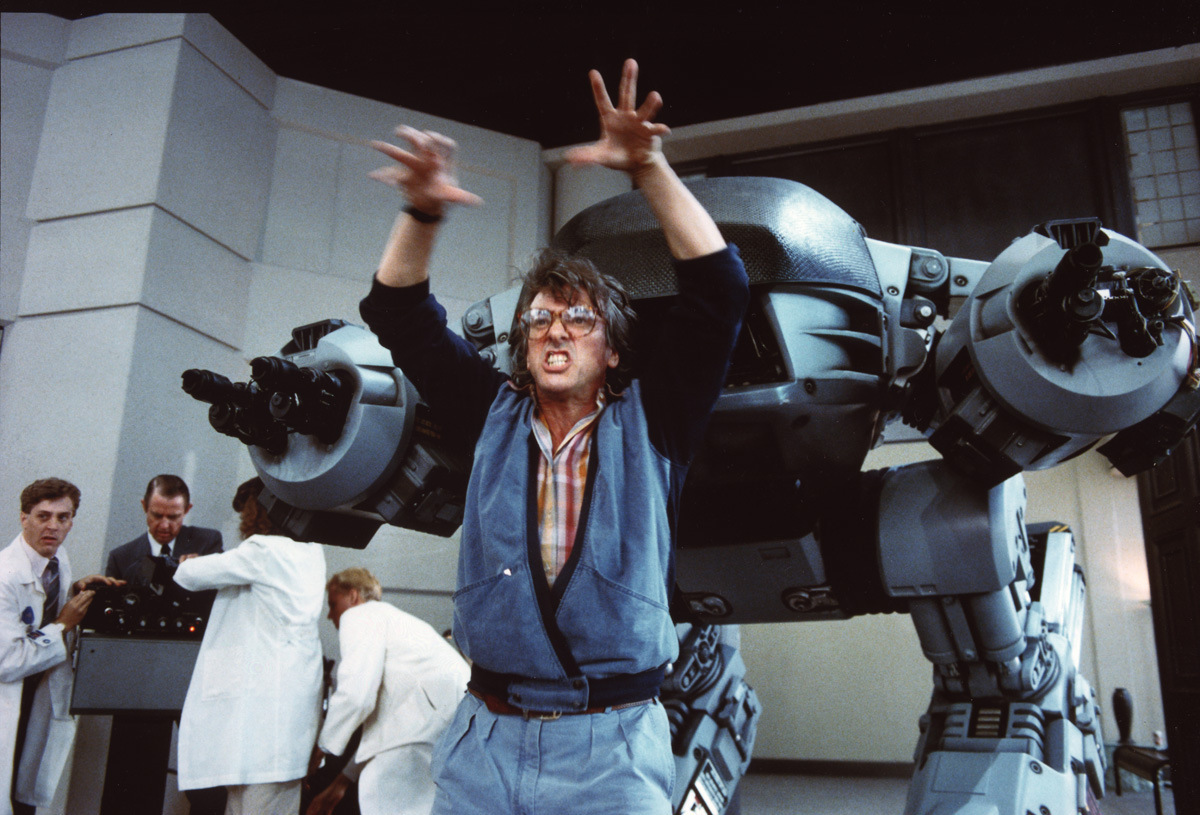
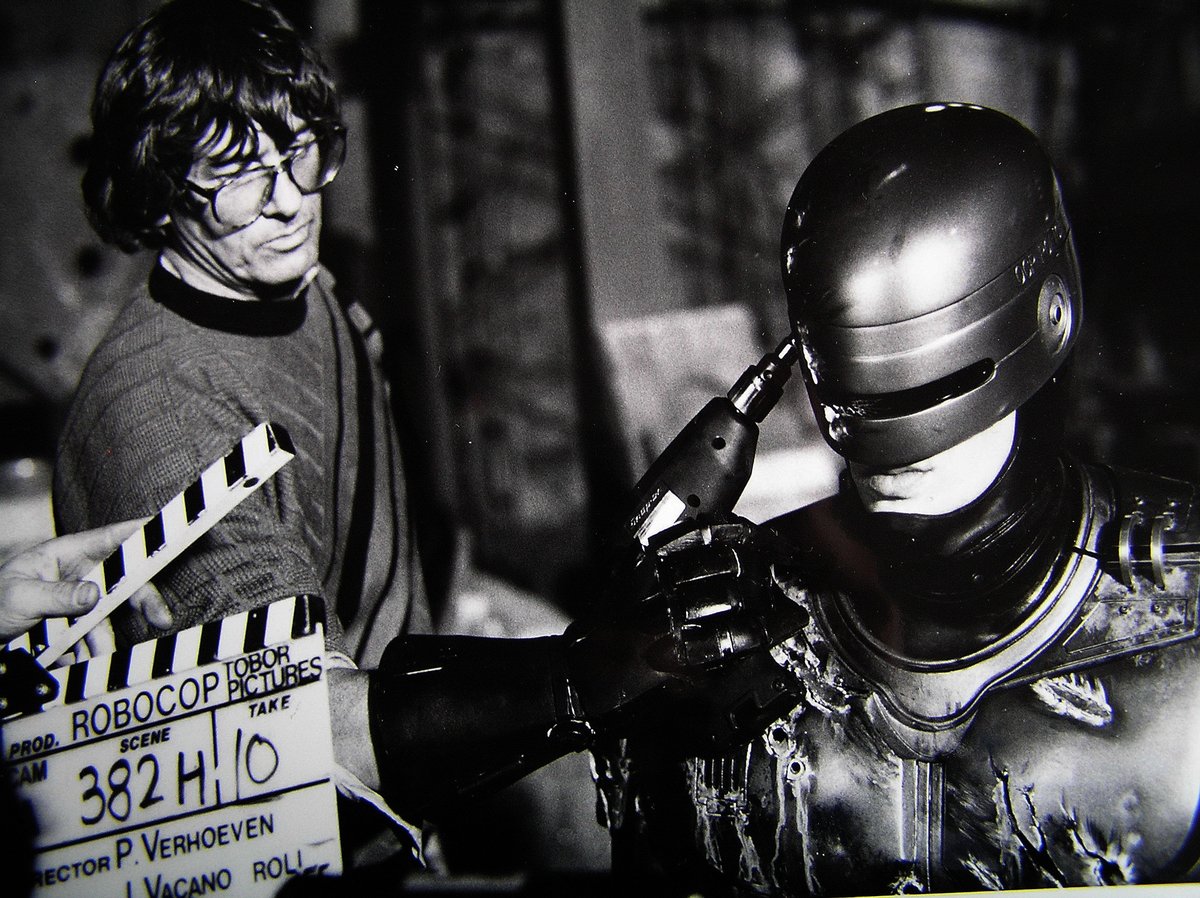
Weller wore a bald cap to allow for the helmet to go on easily. Bottin created a flexible undersuit then a harness where you could hang solid pieces of the fibre glass exoskeleton. The suit was then attached to Weller in stages.
22/37



22/37
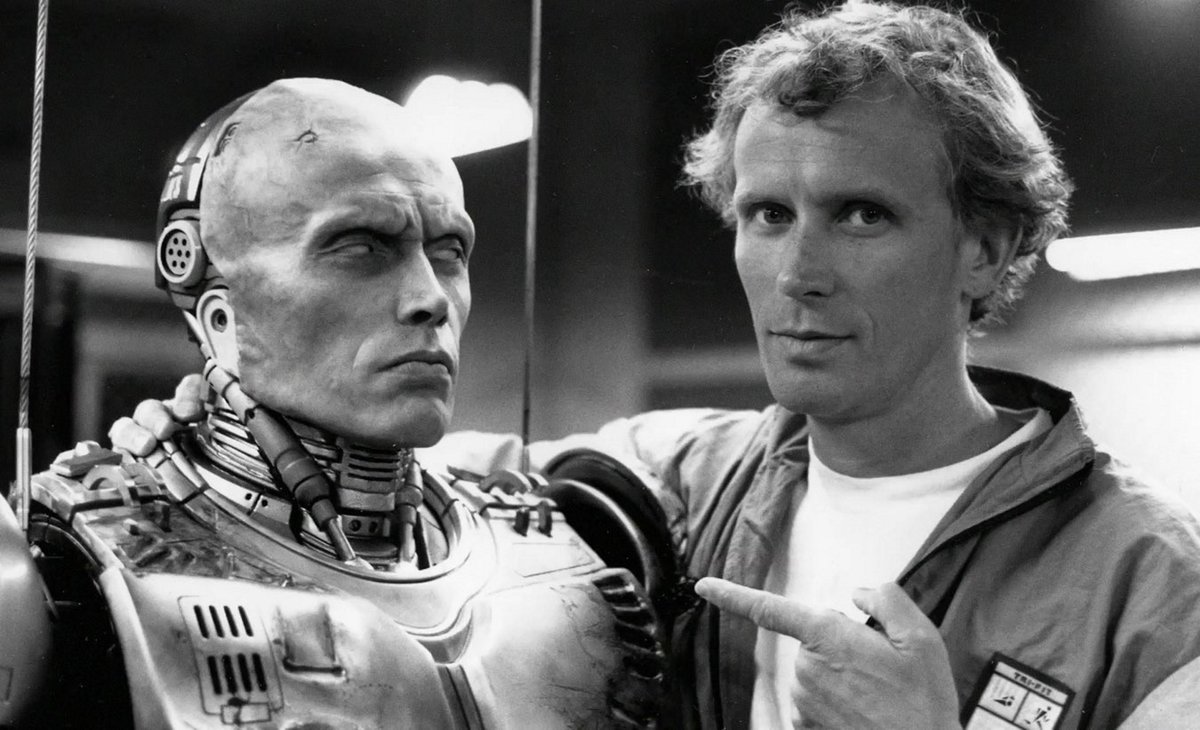
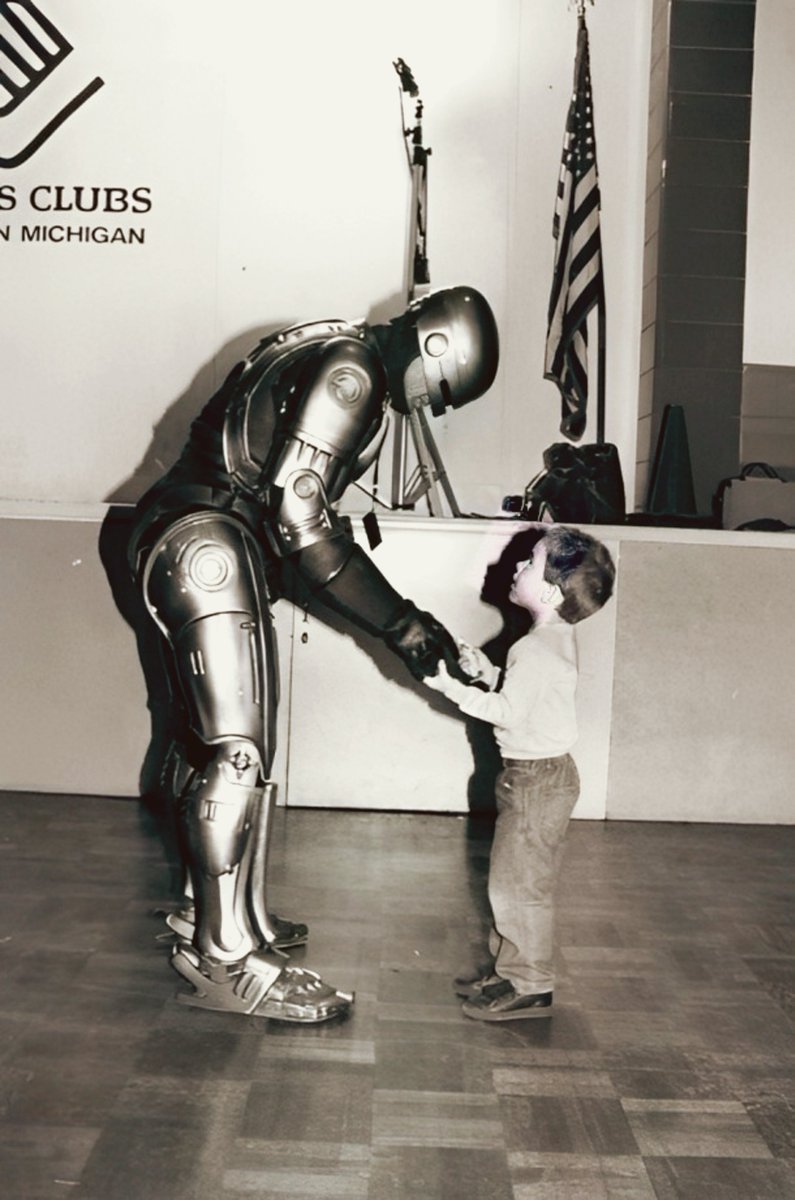
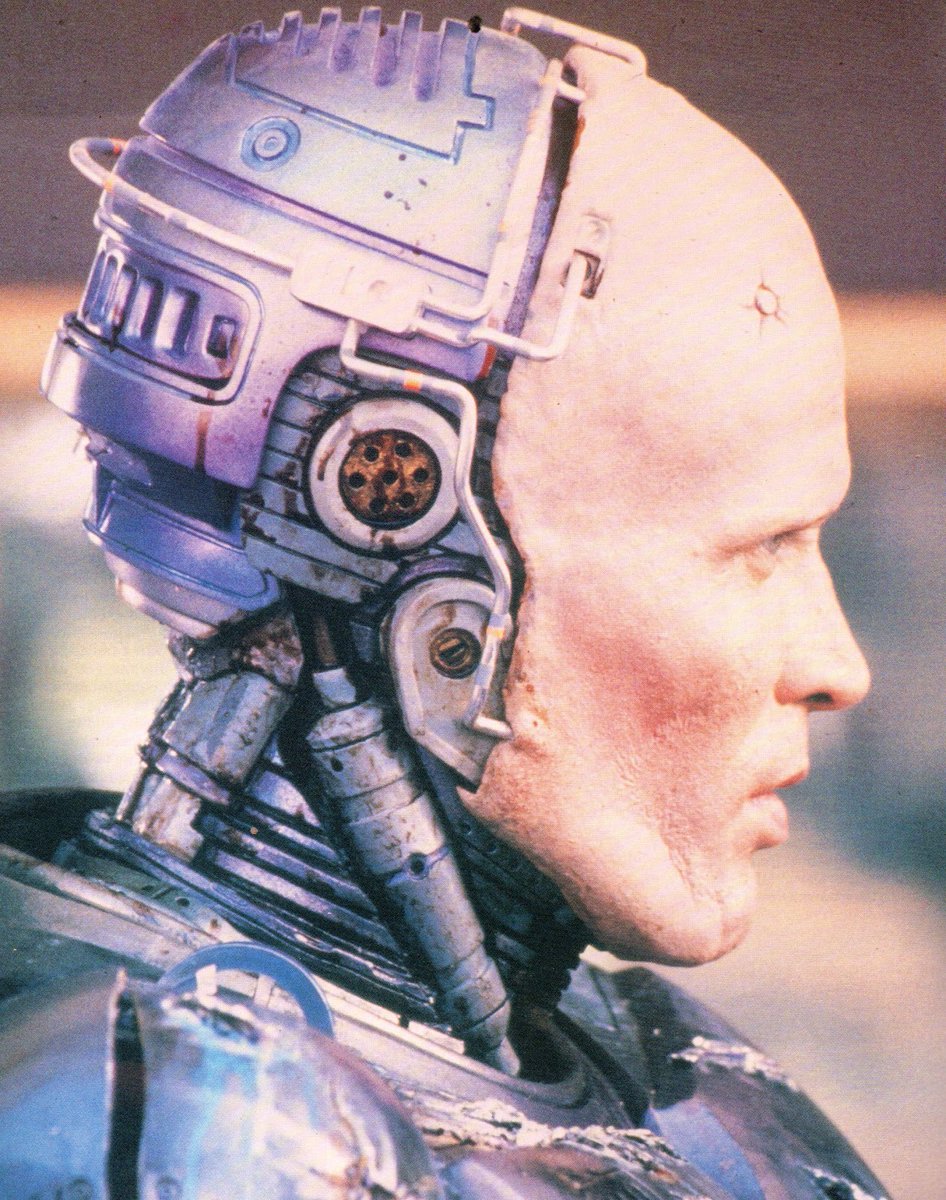
Weller claimed that the suit was so hot he lost 3 pounds per day in it. He was kept cool in between takes with electric fans and was connected by large ducts to free-standing air conditioning units. The suit later had a fan built into it.
23/37



23/37
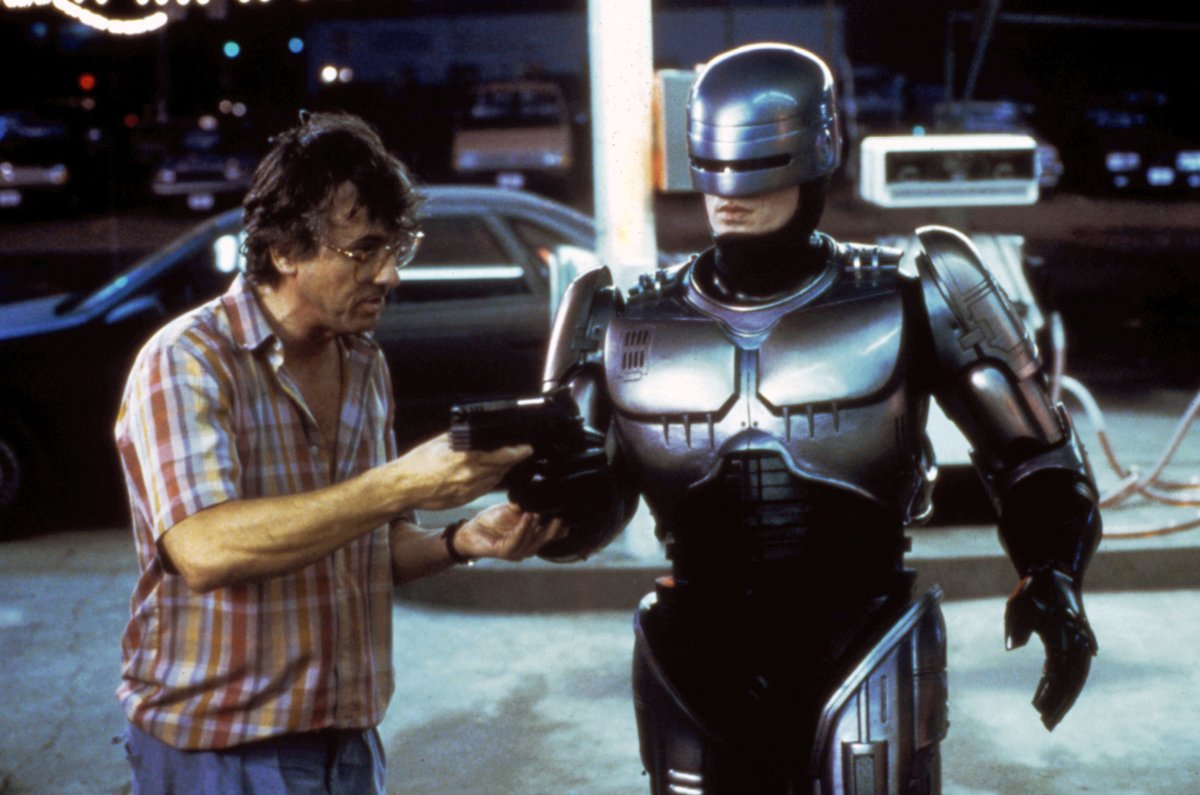
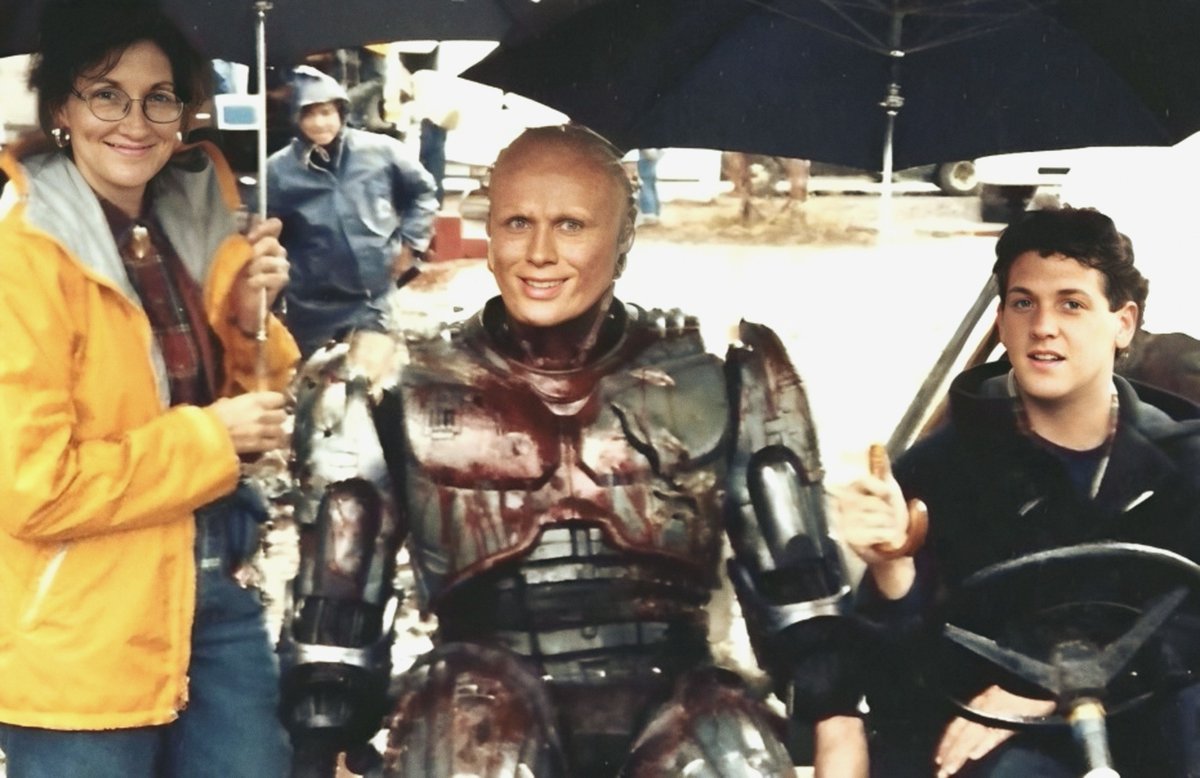
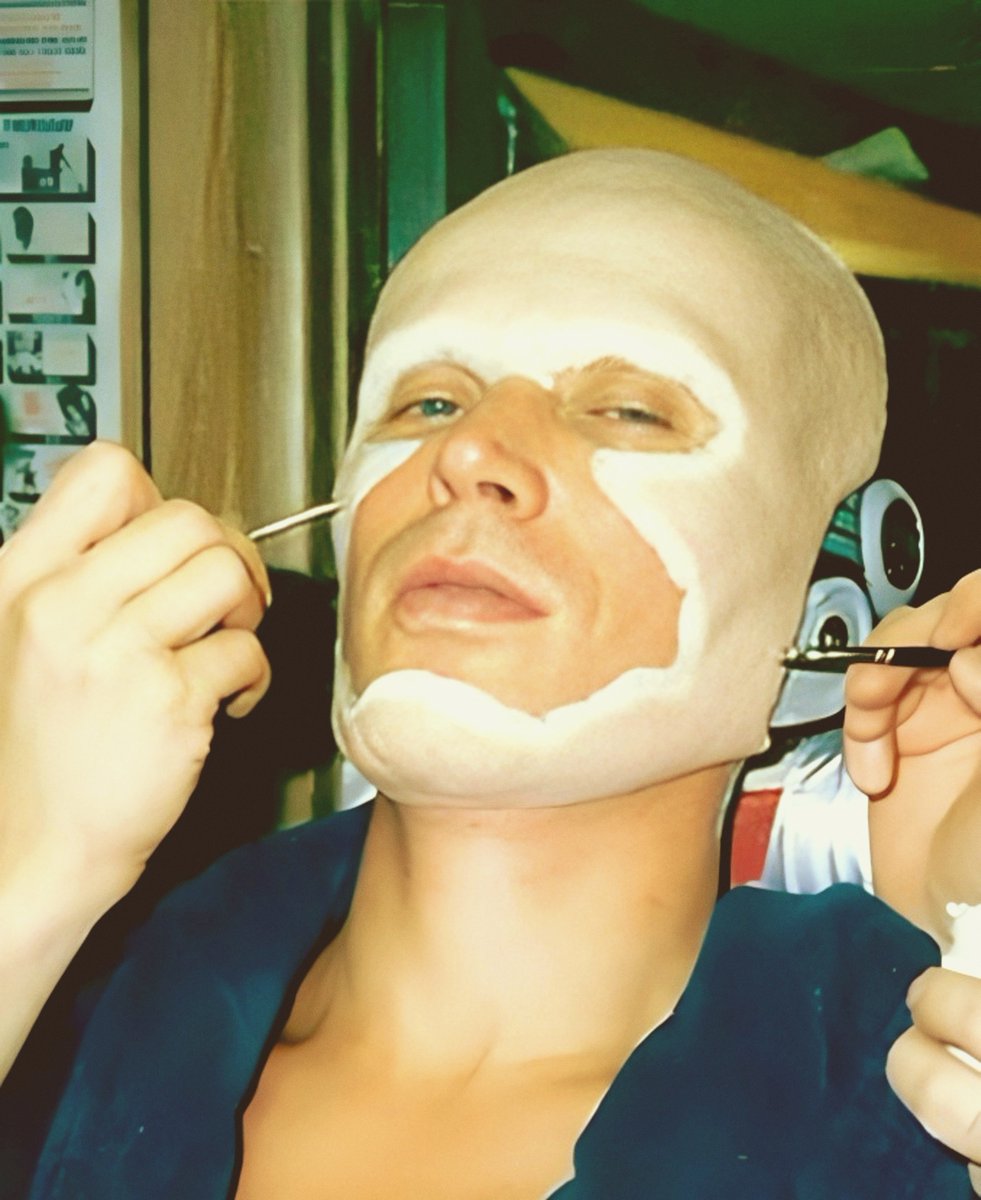
Weller practiced for months on how he would move as RoboCop. It took 11 hours to get in the suit first time and everything he rehearsed didn’t work in the suit. Head of Orion Mike Medavoy was ready to cancel production, until Julliard teacher Moni Yakim came aboard.
24/37


24/37
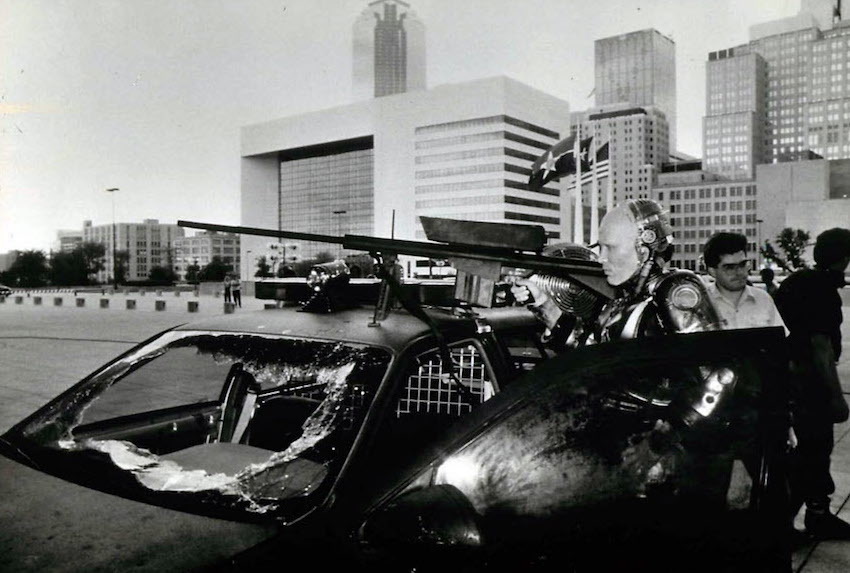
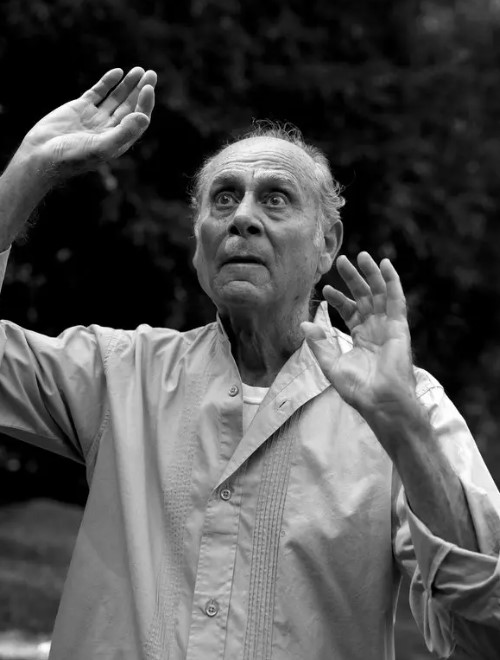
Weller said Yakim saved the film. He ripped out parts of the suit where there are joints, in the feet, in the back and Weller could move more freely. Yakim told Weller to move more slowly and more like a serpent and gradually, it all came together.
25/37
25/37
One full-scale model of ED-209 was built. Standing 7ft and weighing 300 pounds, it was too big to move and Verhoeven had to act out what it would do in scenes to the actors on the set.
26/37



26/37
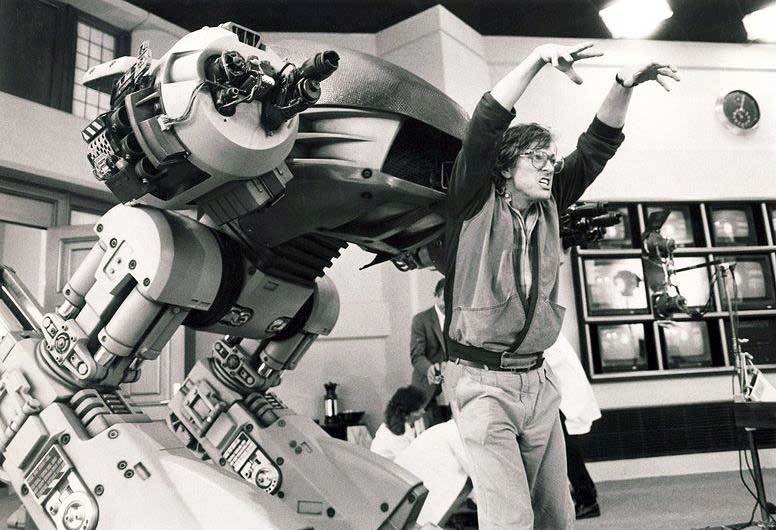
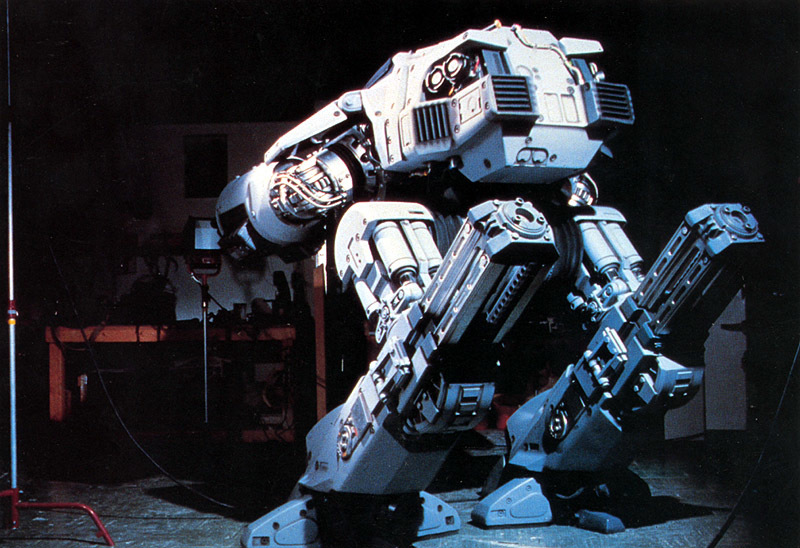
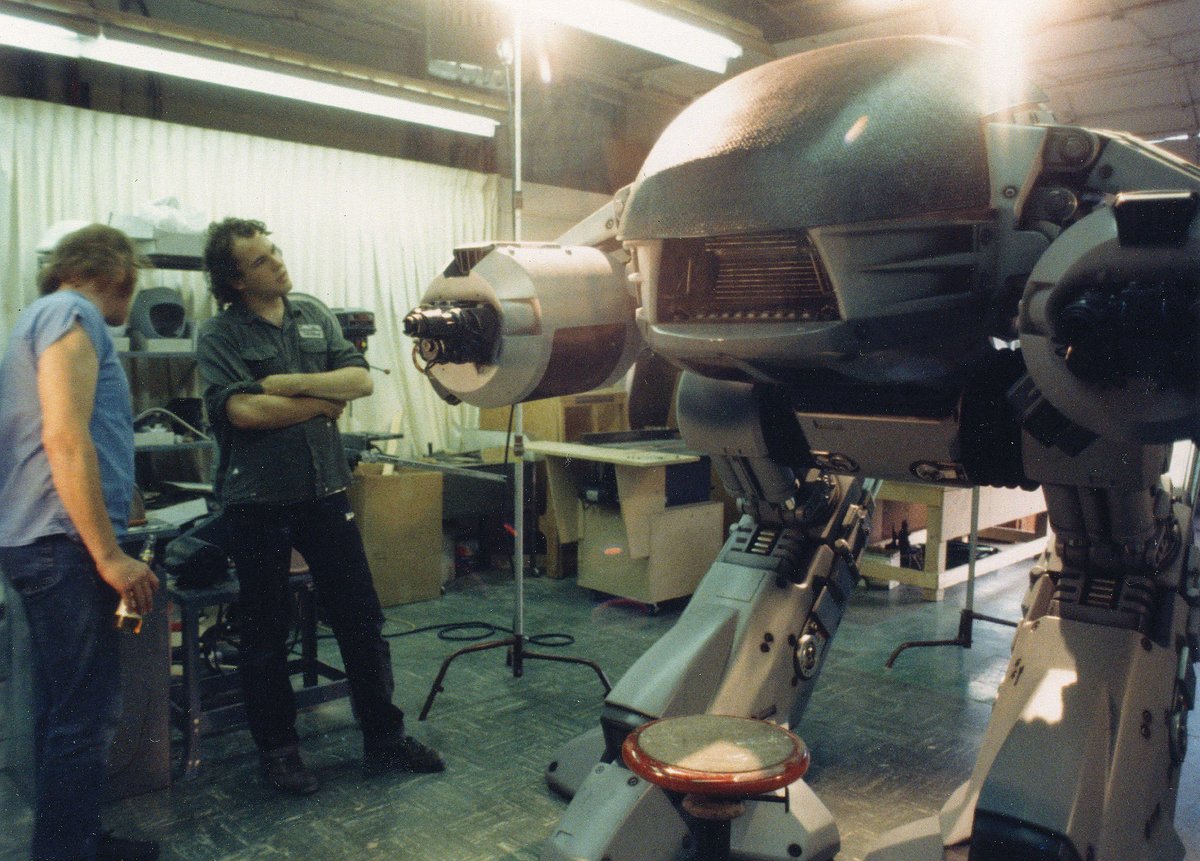
Live-action animator Phil Tippett brought ED-209 to life with a series of rear projected stop-motion animated miniatures. It was voiced by Jon Davison and additional noises were used including a leopard for the roar and a pig squealing when ED-209 falls down the stairs.
27/37




27/37
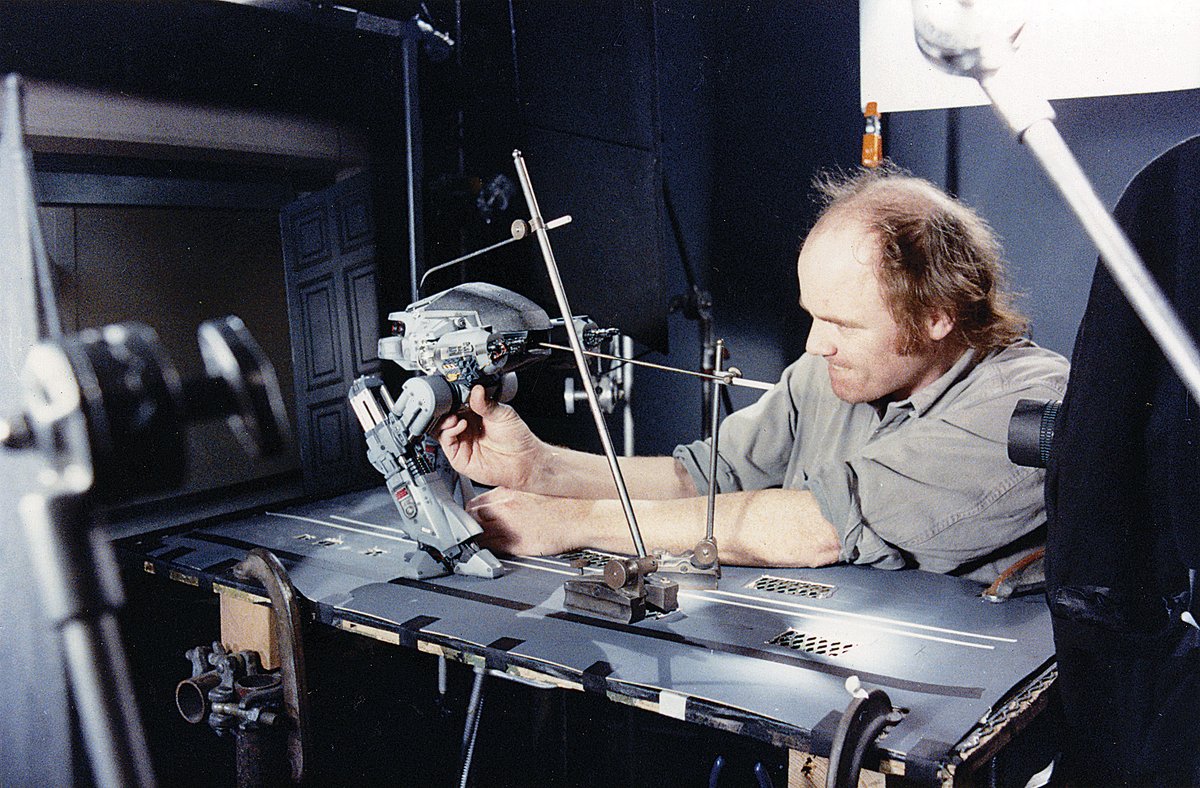

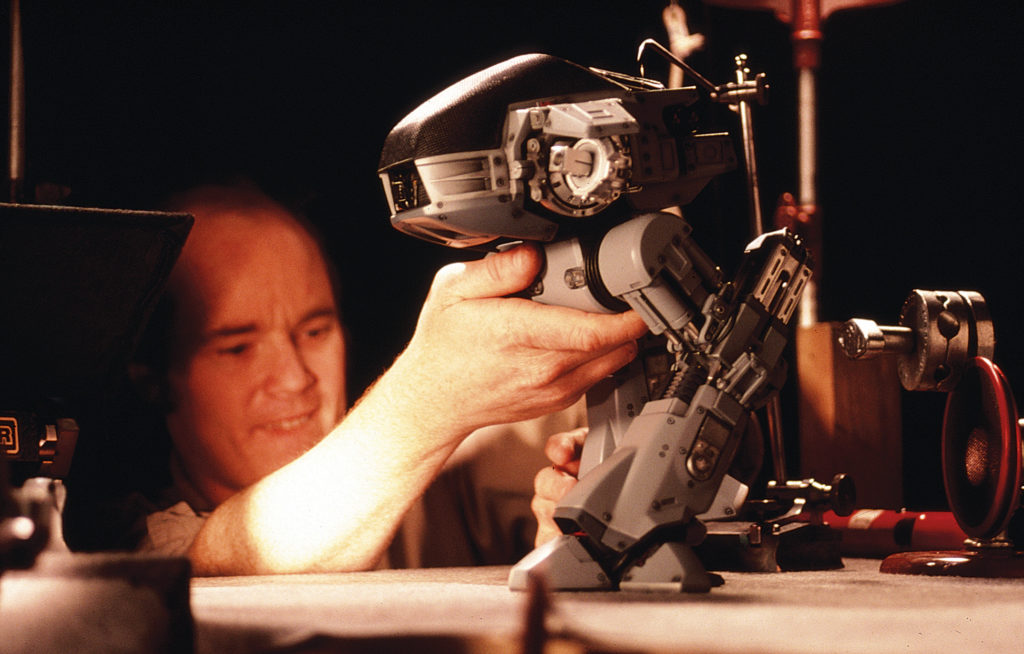
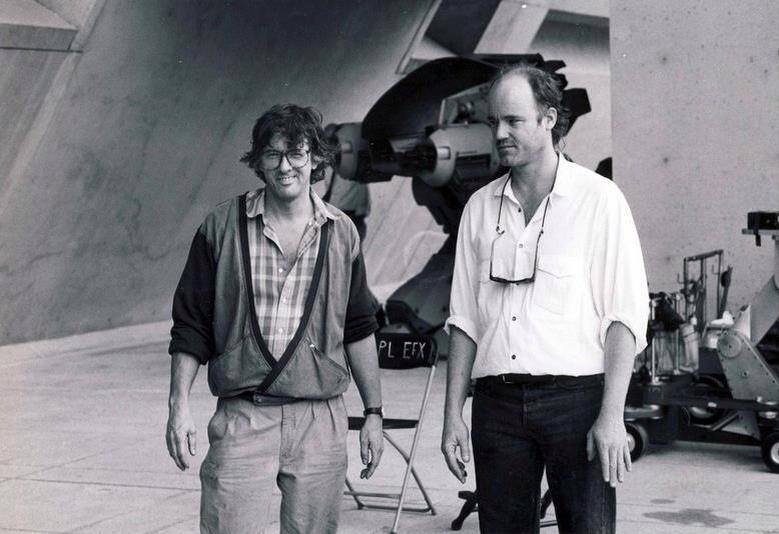
Neumeier wrote ED-209 to mirror US car production of the time, a product that didn’t work. He came up with ED-209’s intro scene when he was a Universal Executive. He was in a meeting and daydreamed about a robot coming in and blasting people to smithereens.
28/37


28/37
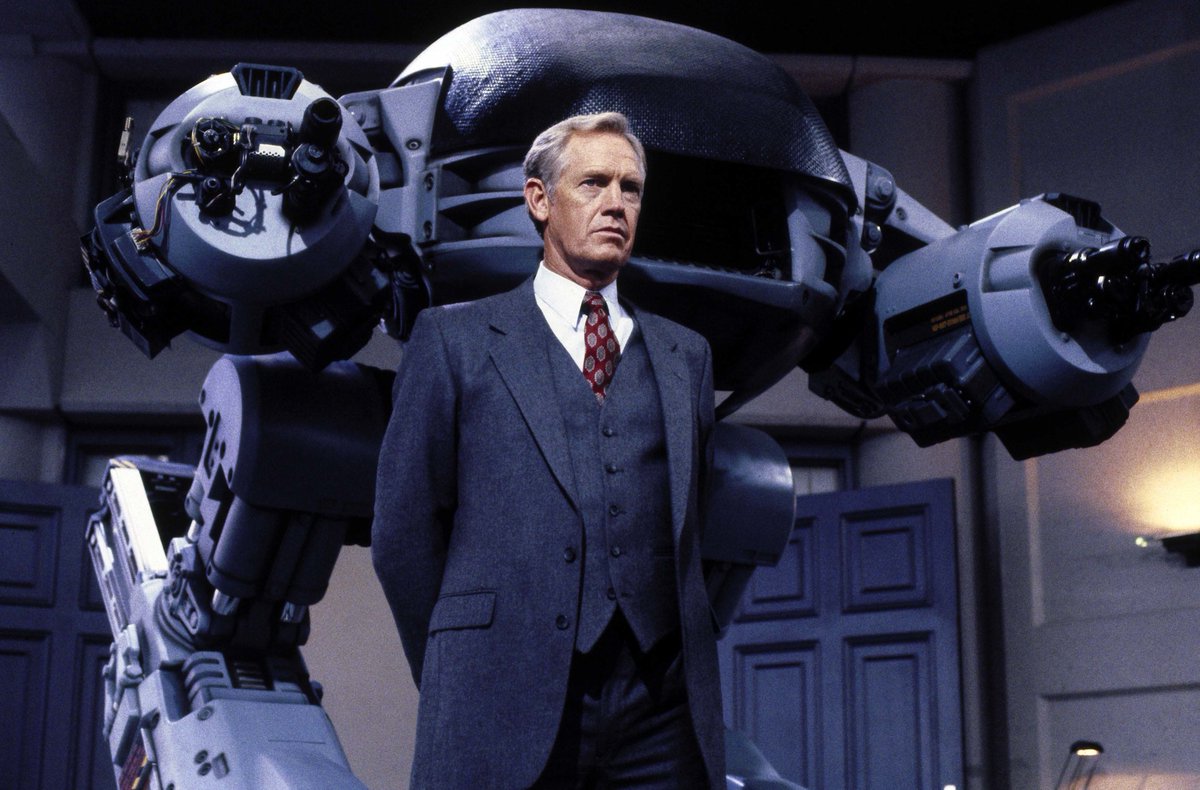
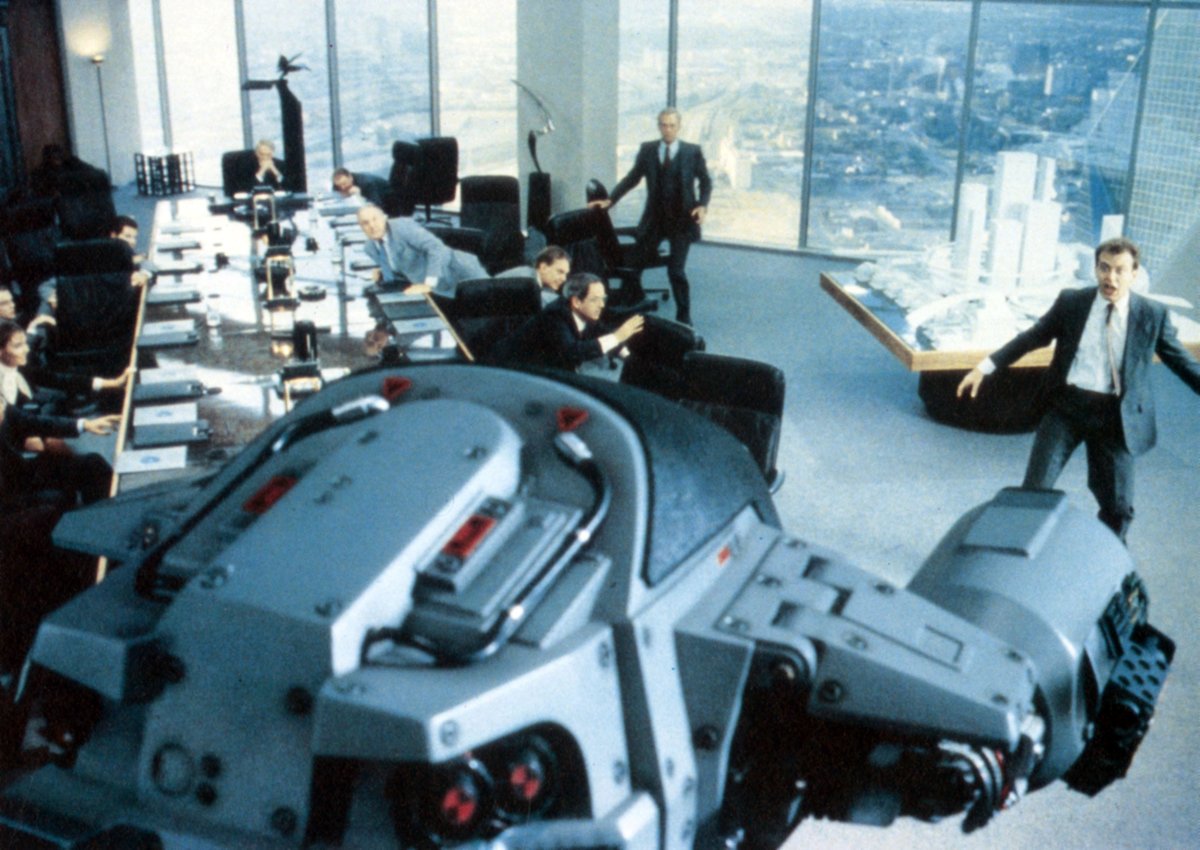
Mr Kinney was played by Kevin Page and he had 200 squibs attached to his body. The effects team loaded bags of spaghetti squash and filled it with stage blood, strapped it to Page and put 10 squibs behind it to make it look like his guts were flying out.
29/37


29/37
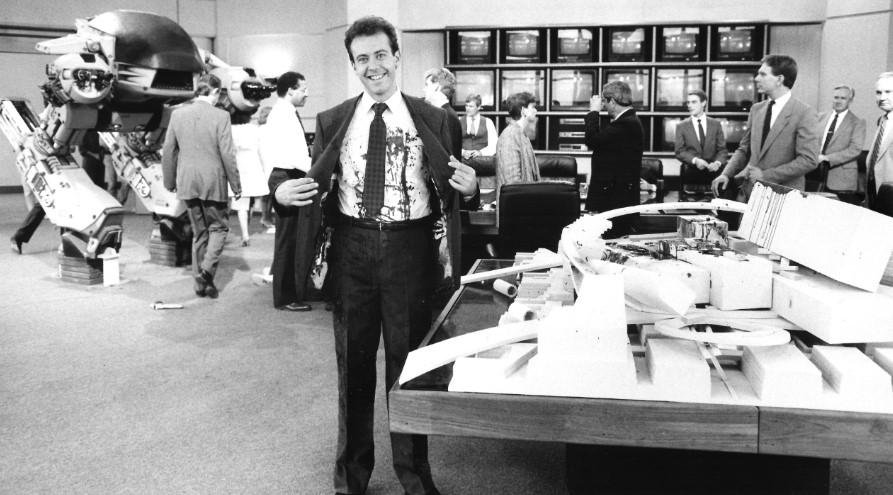
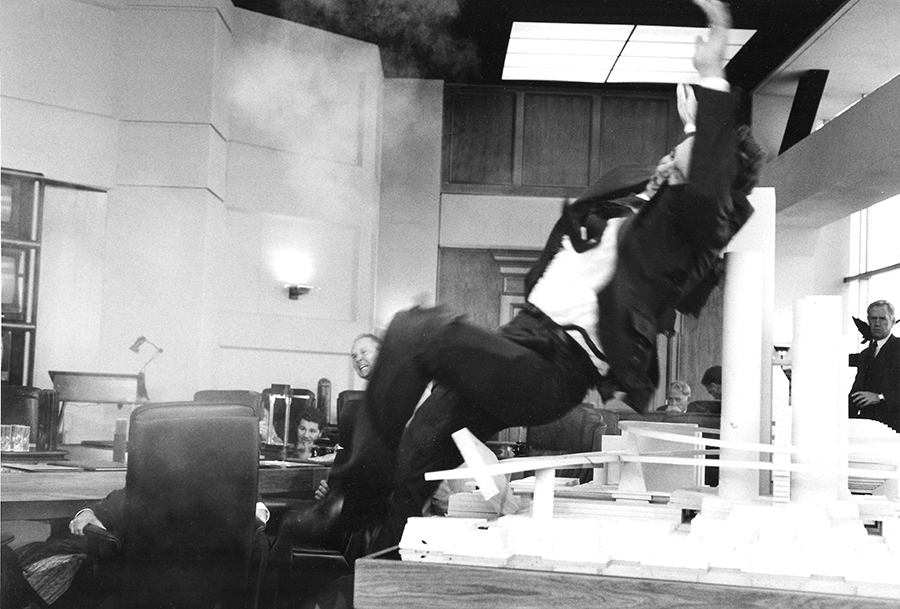
Verhoeven wanted Murphy’s death to be as extreme as possible as the character has so little screen time, it would build audience empathy. The scene had to be cut to get past the ratings boards, mainly where his hand gets blasted off and then his arm follows.
30/37




30/37
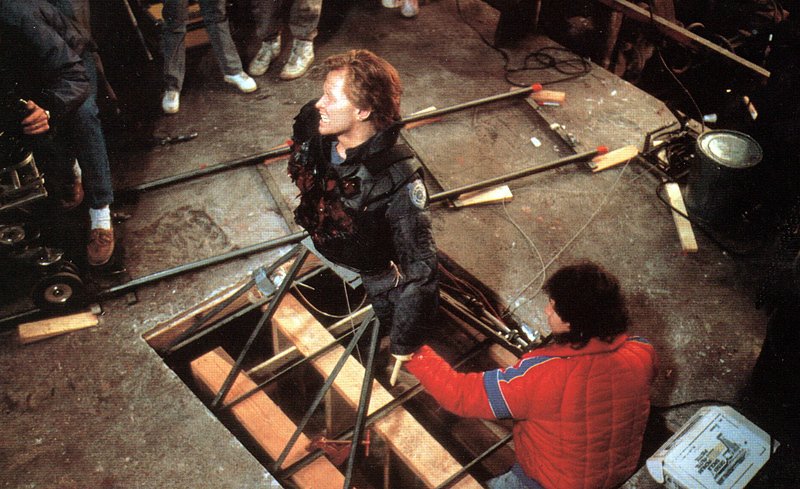
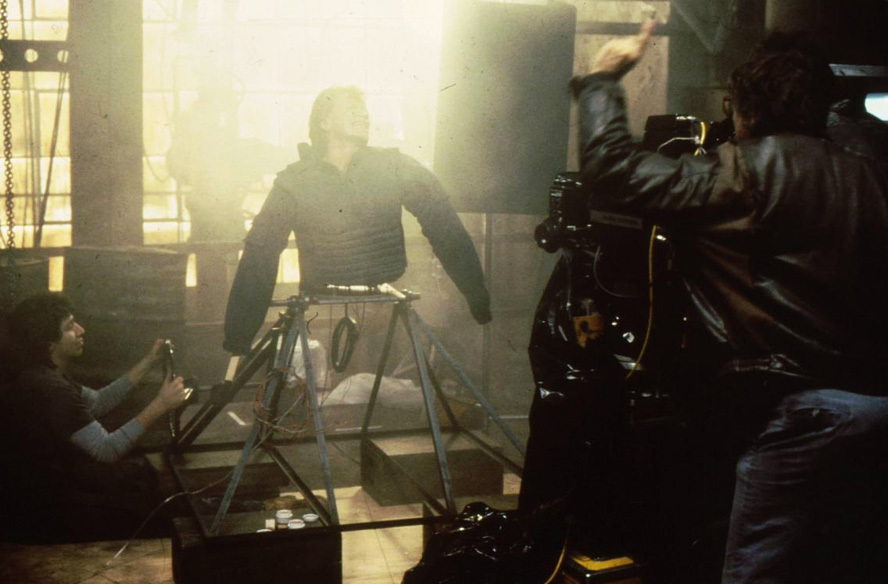
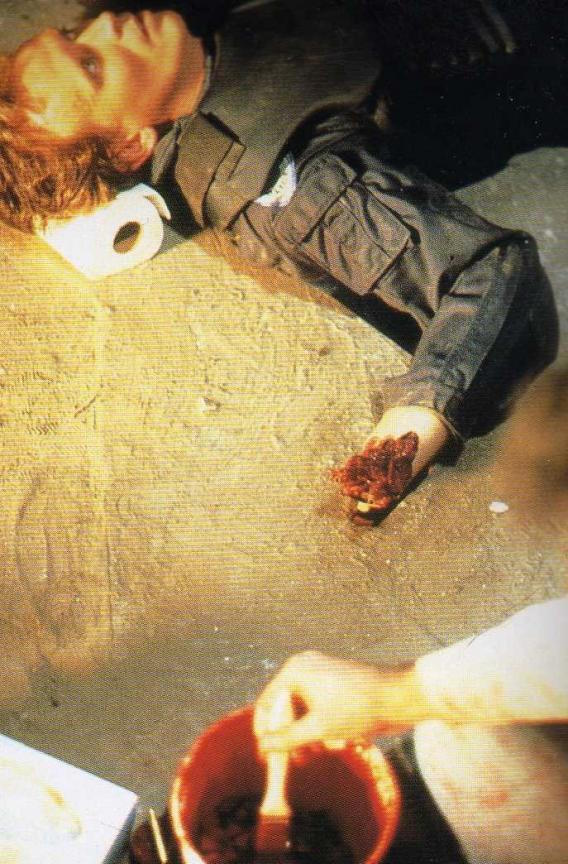
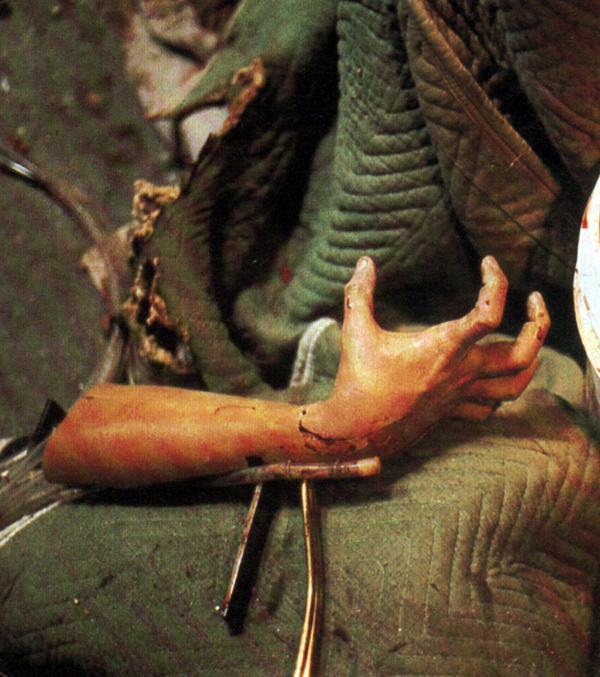
The warehouse shootout sequence took over a week to shoot. Filming the ‘fight’ between RoboCop and Boddicker, Weller pulled Kurtwood Smith too hard and Smith ended up hitting Weller's chest plate, receiving a minor cut to the forehead.
32/37




32/37
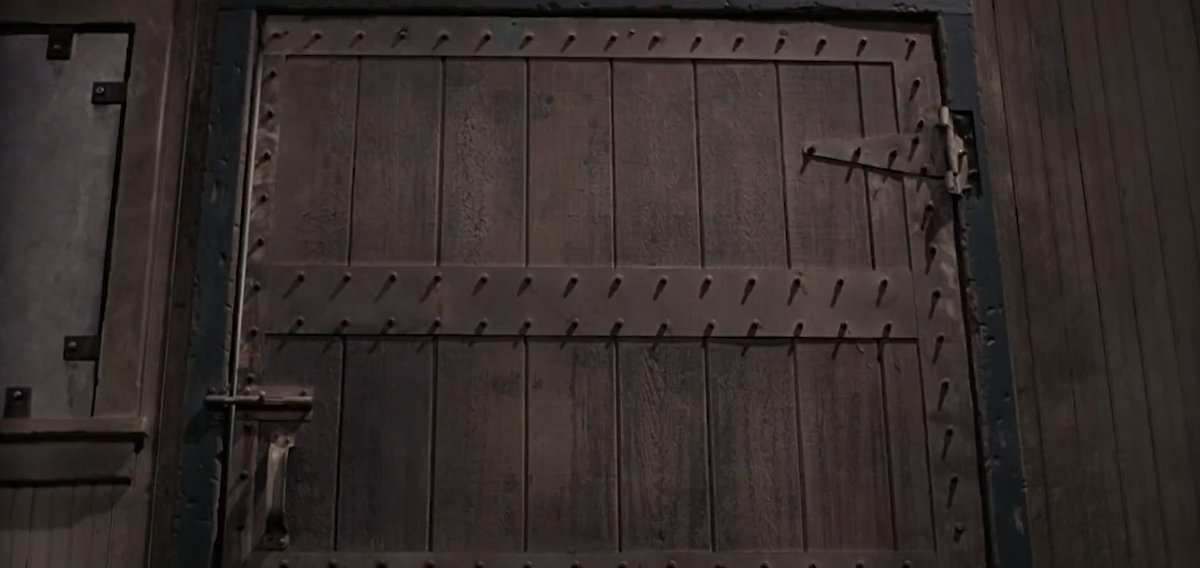
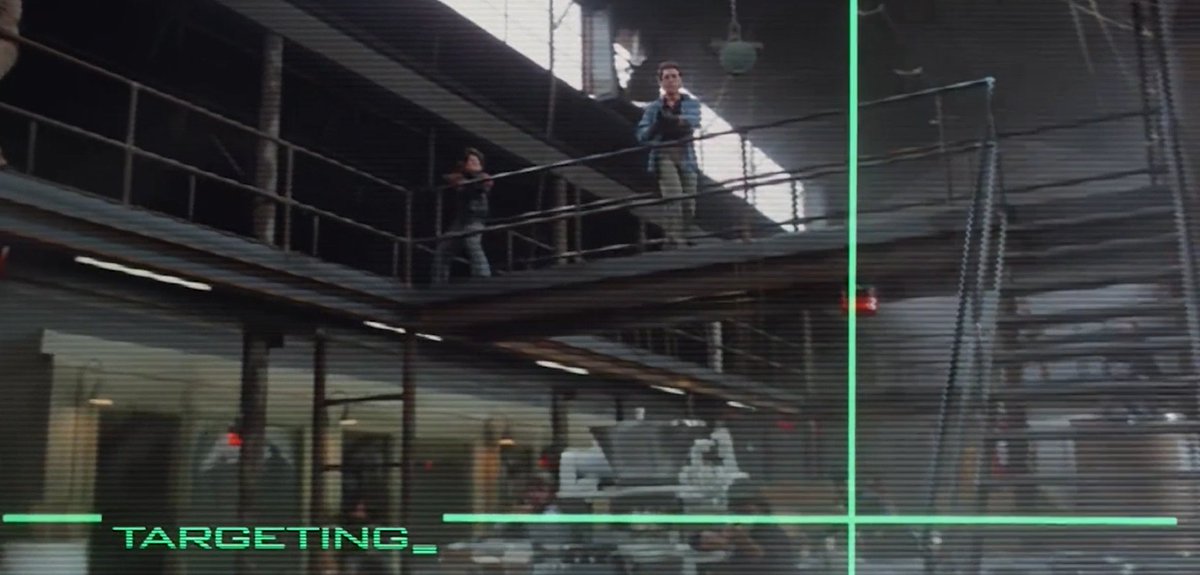
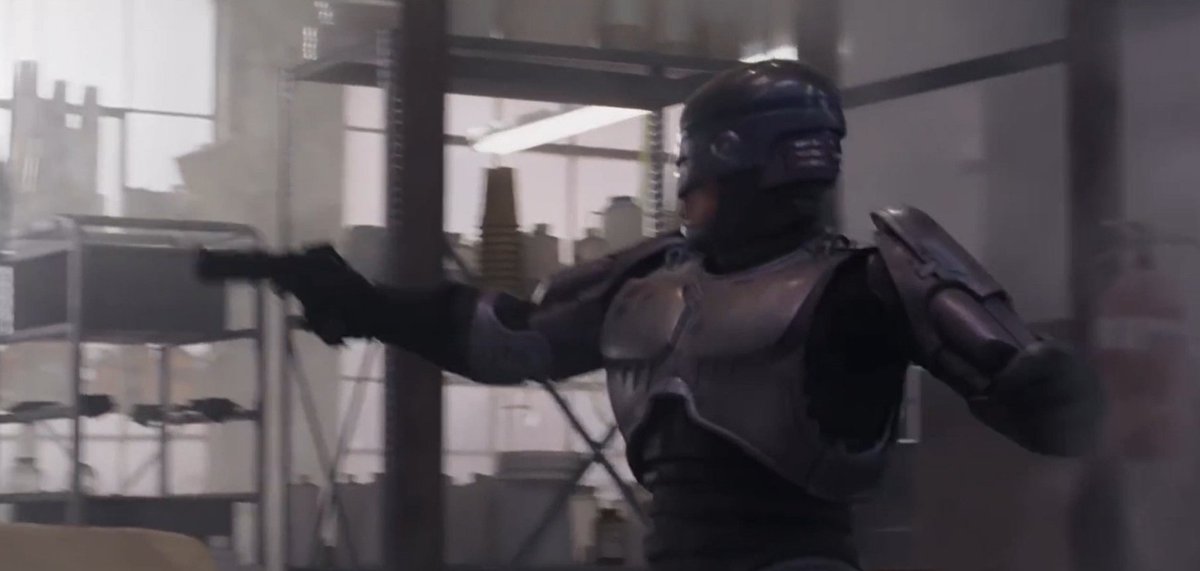
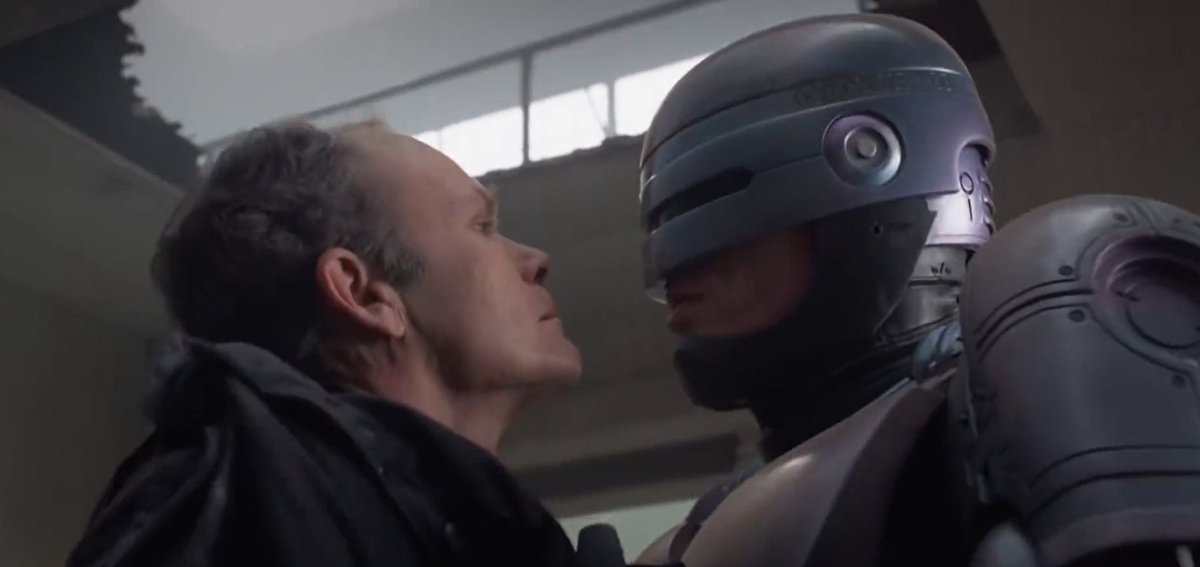
One of the memorable scenes is when Emil is hit by toxic waste. Created by Rob Bottin and inspired by The Incredible Melting Man, a dummy of Emil was designed so the head would pop off on impact, while balloons filled with leftover food were thrown at the windshield.
33/37




33/37
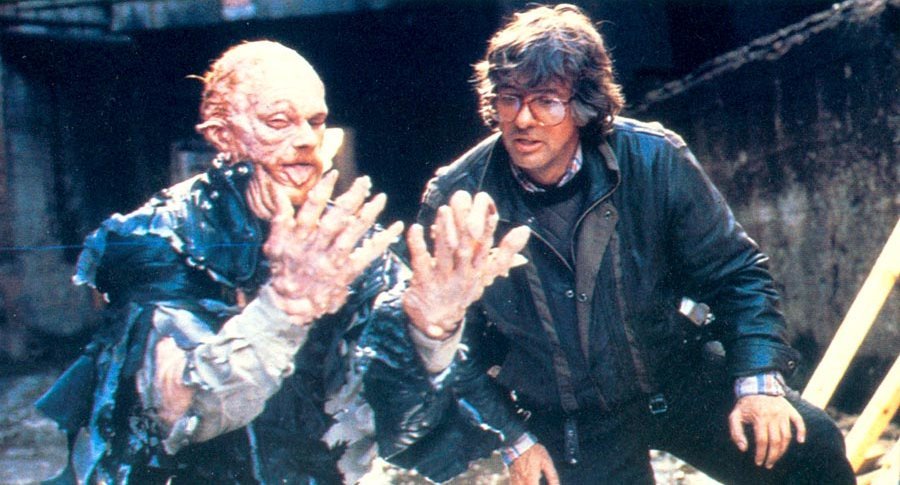
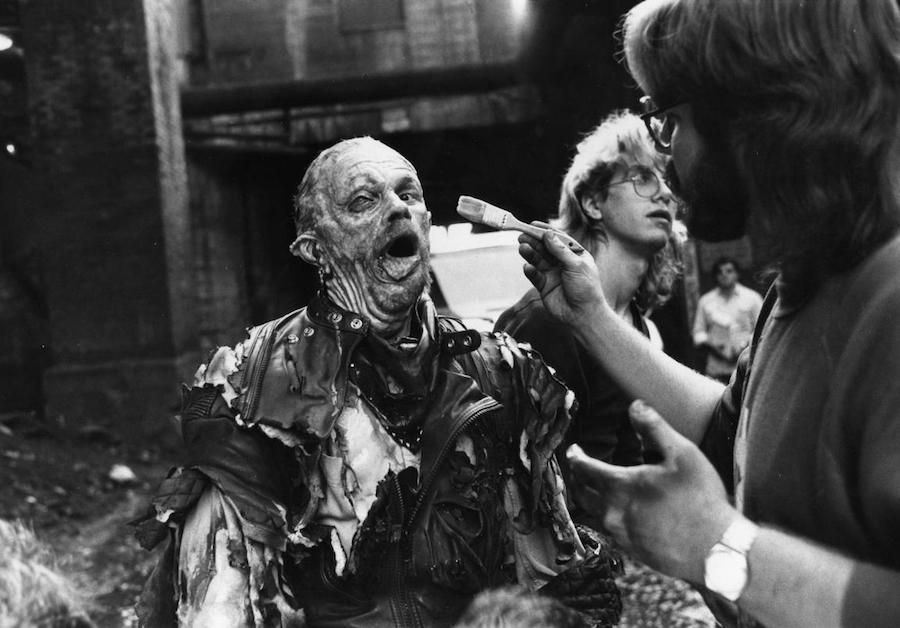
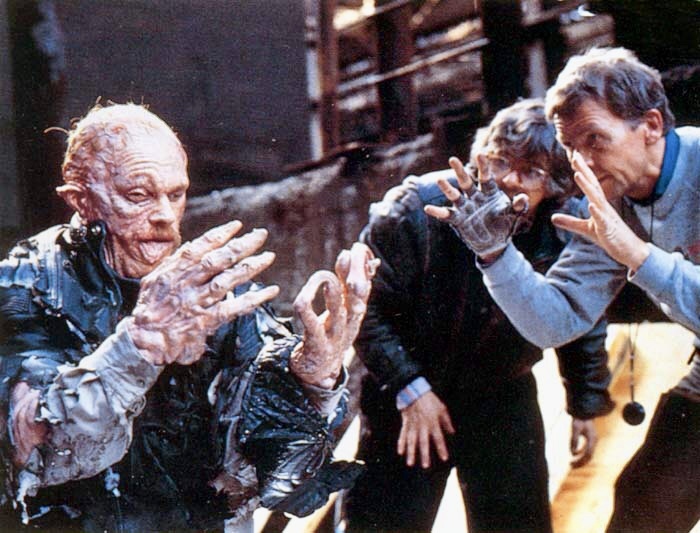
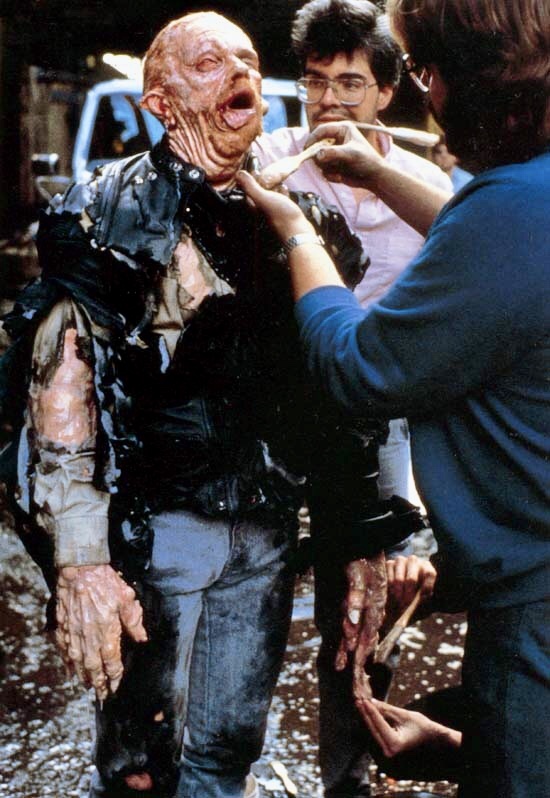
Verhoeven saw RoboCop as an American Jesus. He had the ‘crucifixion’ scene at the start and, towards the end, he seems to walk on water.
34/37


34/37
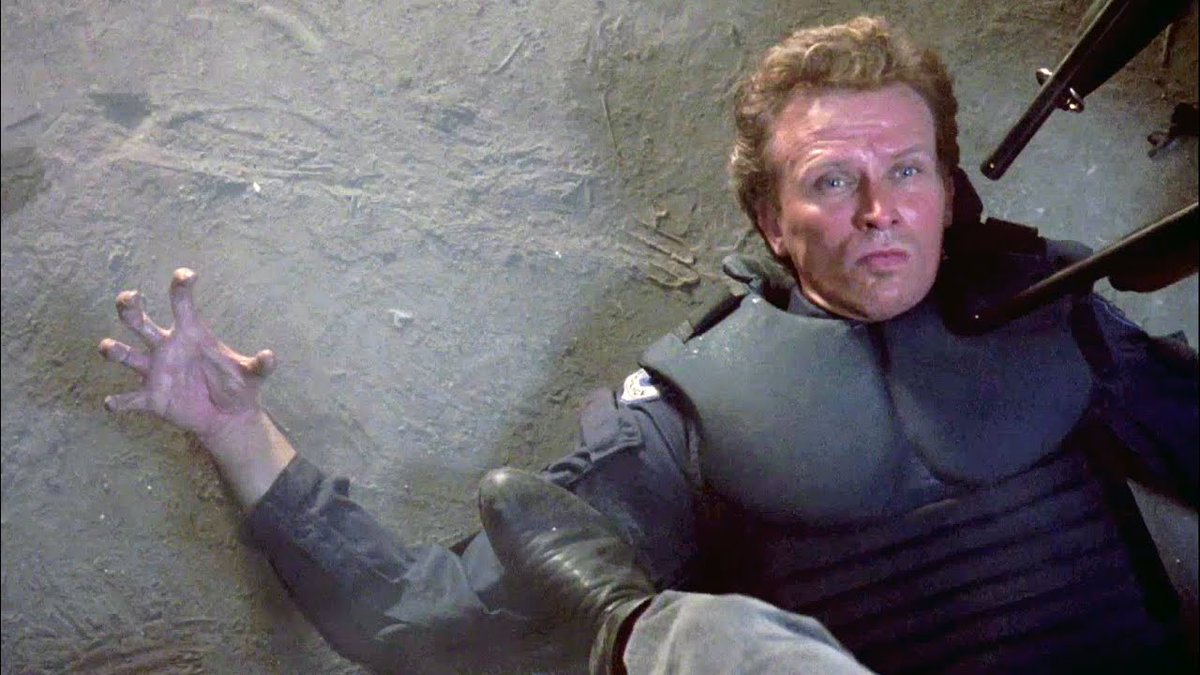
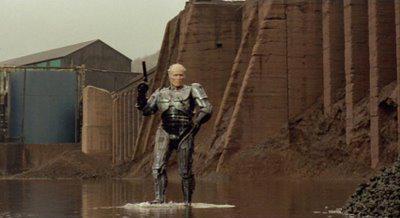
The film opened at no 1 at the US box office, earning $53.4m from a $13m budget. There was a special police screening where Neumeier thought there was going to be a backlash but they loved it.
35/37




35/37
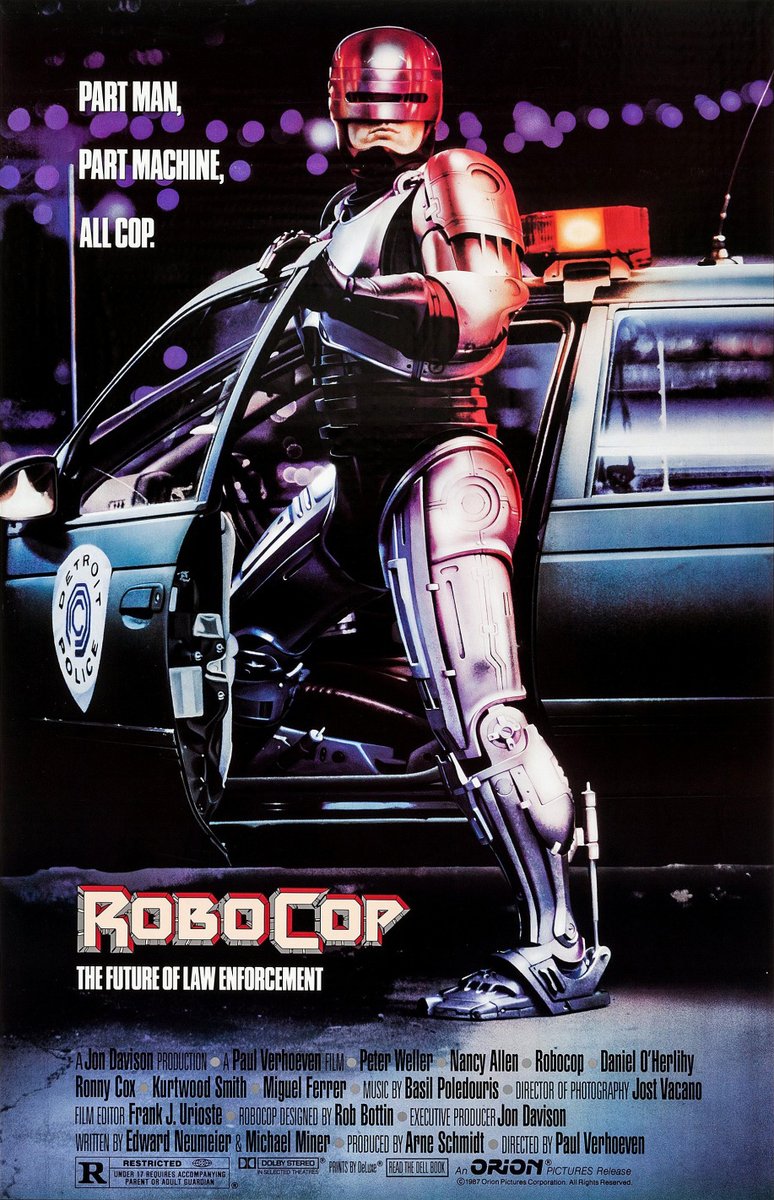
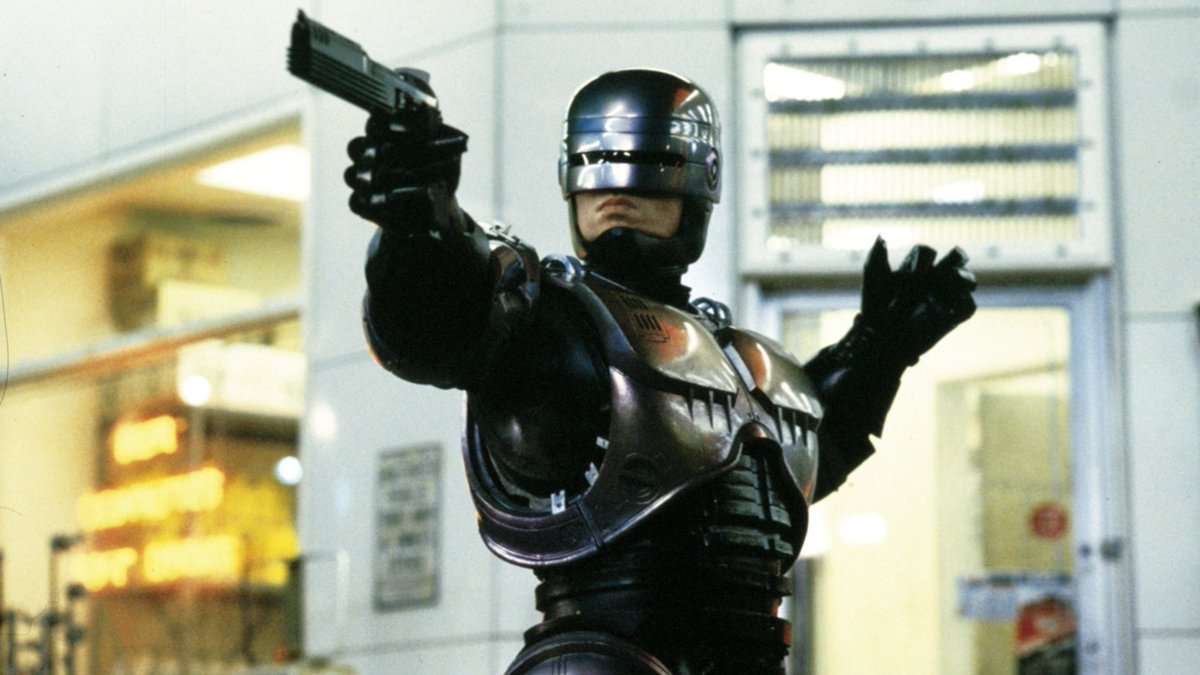
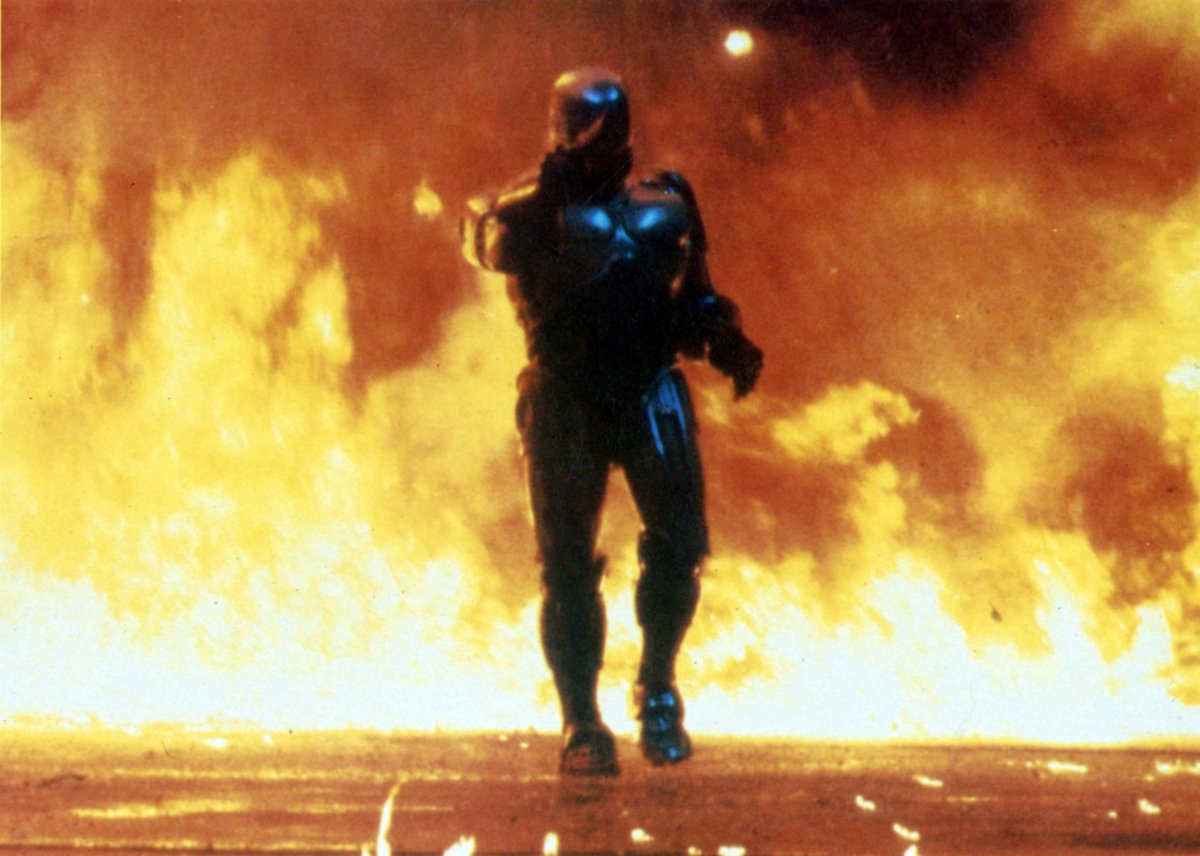
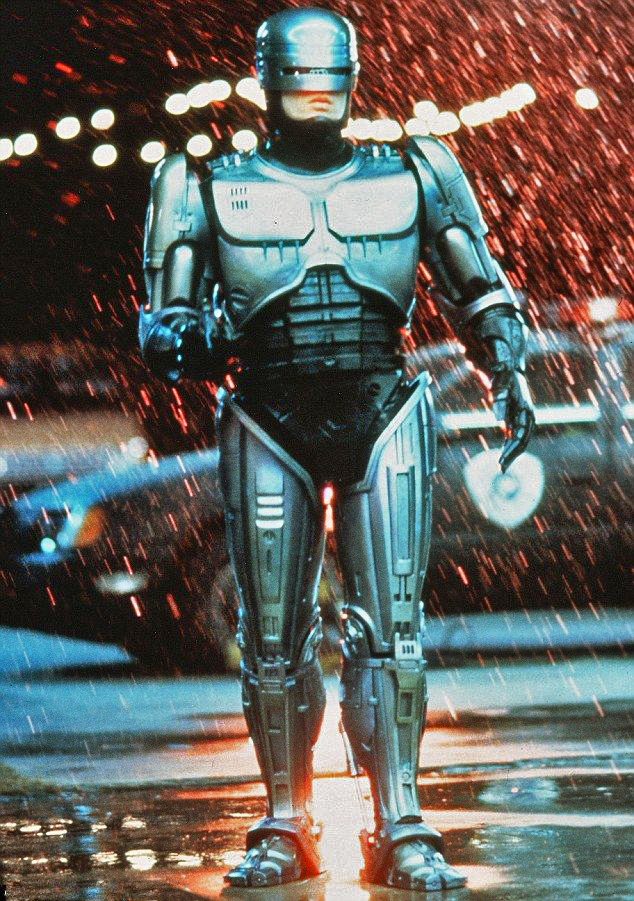
Miguel Ferrer (Bob Morton) had no idea what they were making during filming. When it released, he drove around all the cinemas showing RoboCop on opening night to watch people’s reactions. He said “that was one of the great thrills of my life.”
36/37



36/37
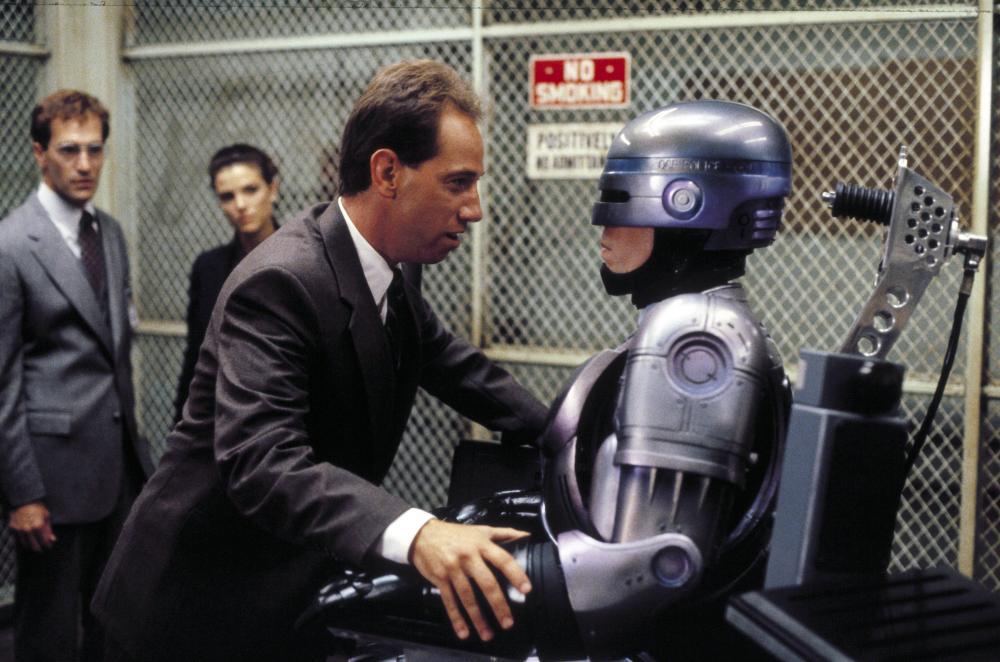
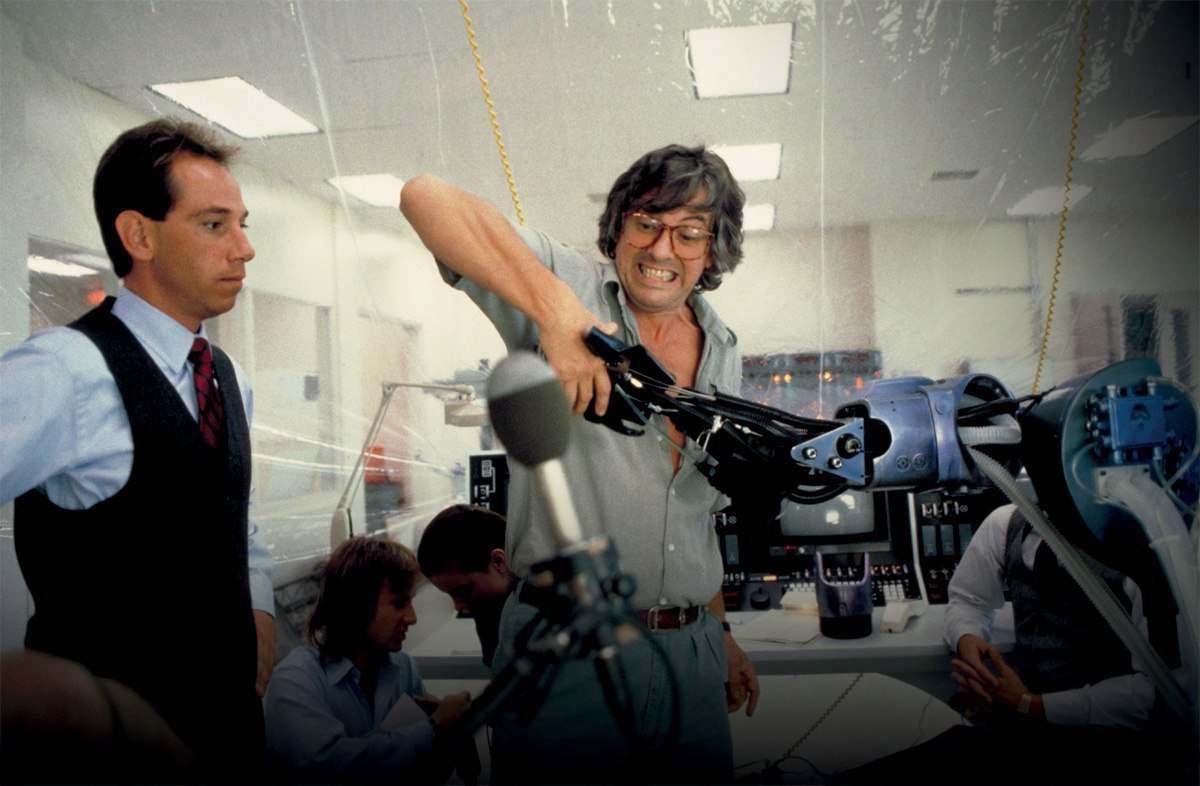
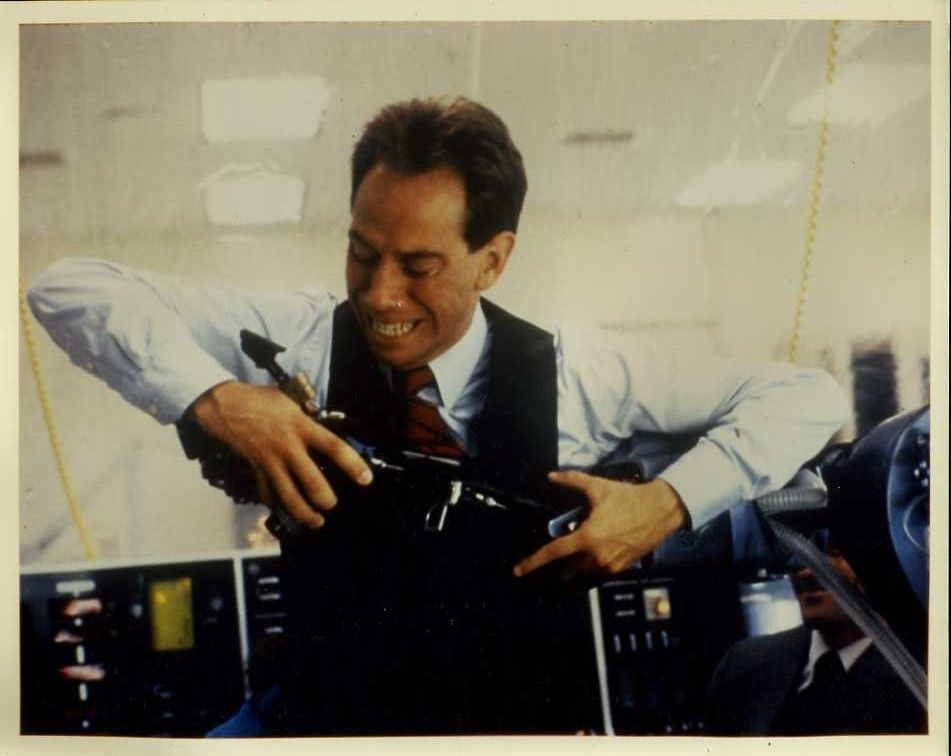
If you liked our making of story of ROBOCOP, please share the opening post 😀
https://x.com/ATRightMovies/status/1813508326585770103
Our latest podcast is on THE SOCIAL NETWORK. Full of big laughs and opinions so please give it a listen 😀
alltherightmovies.com/podcast/the-so…
alltherightmovies.com/podcast/the-so…
• • •
Missing some Tweet in this thread? You can try to
force a refresh

